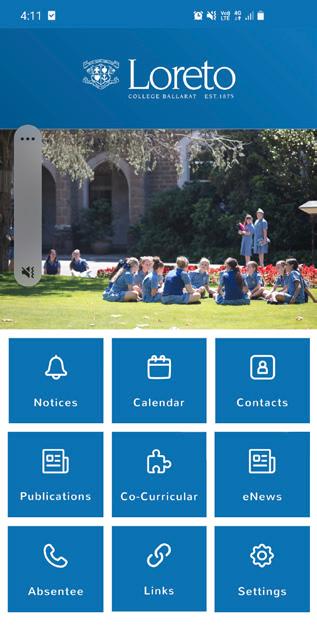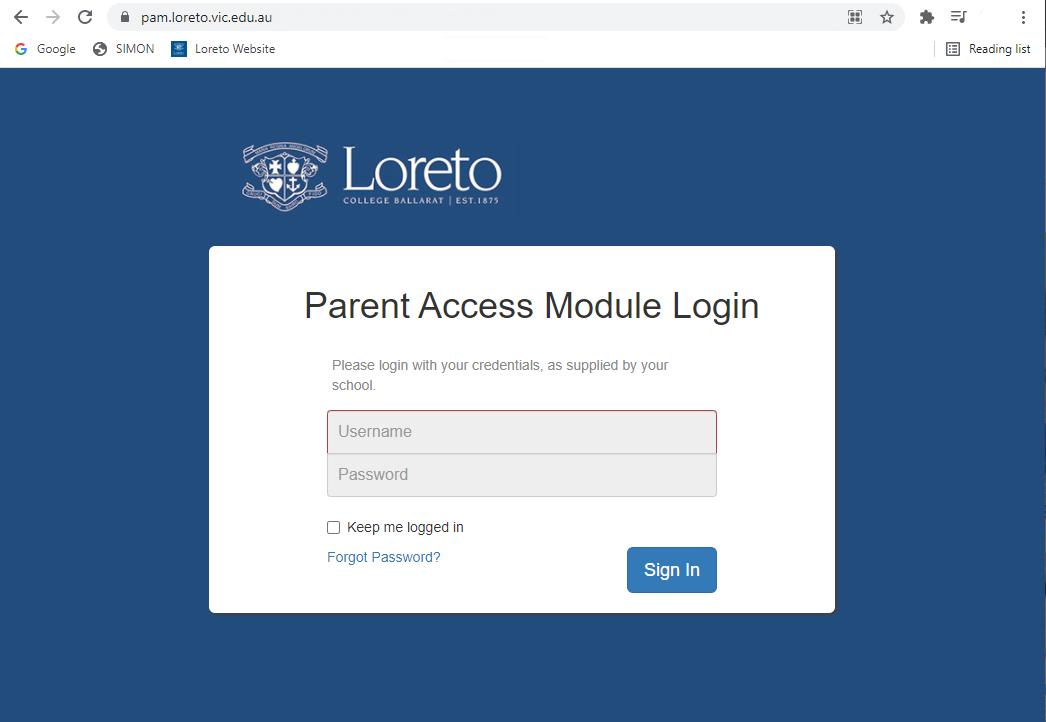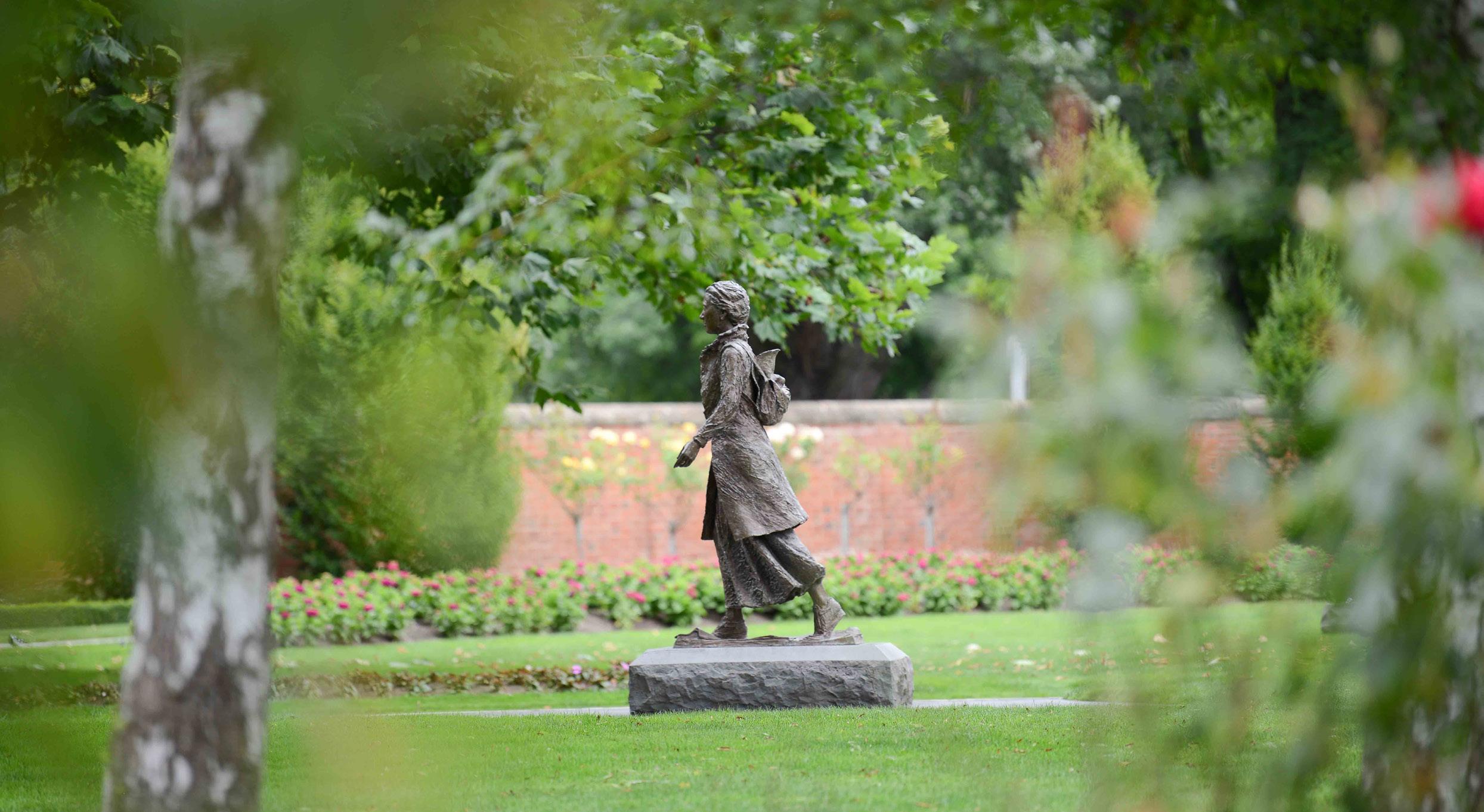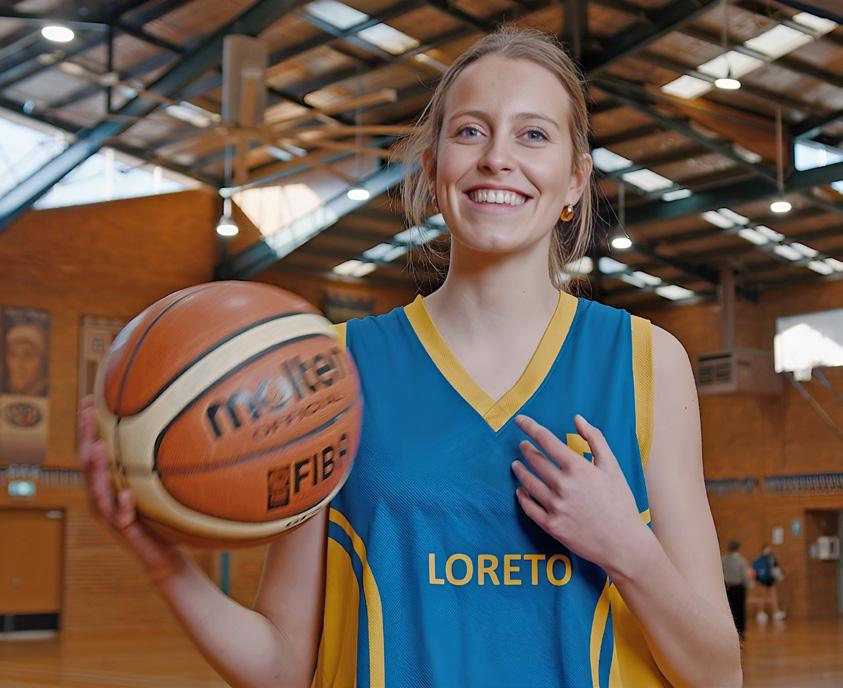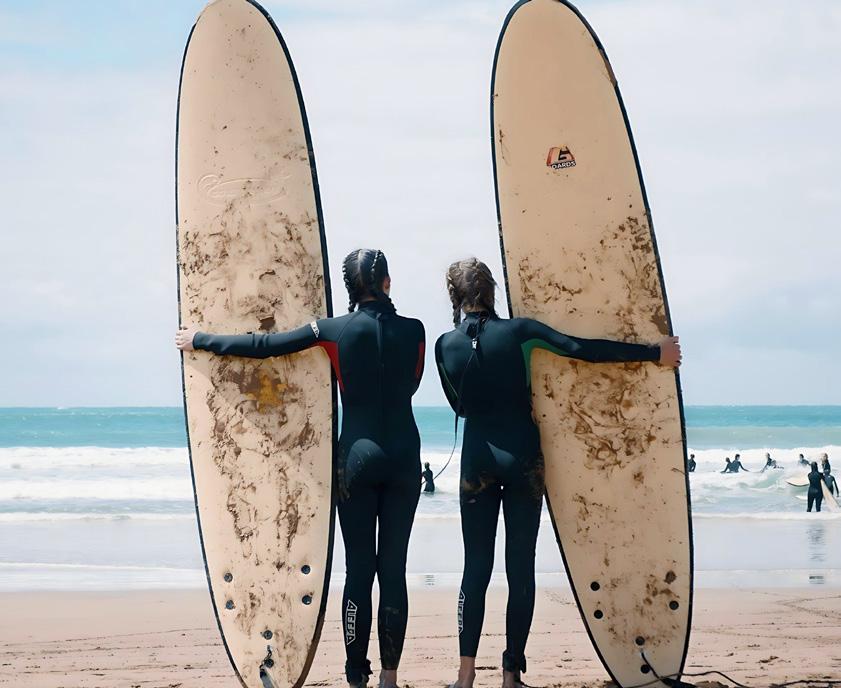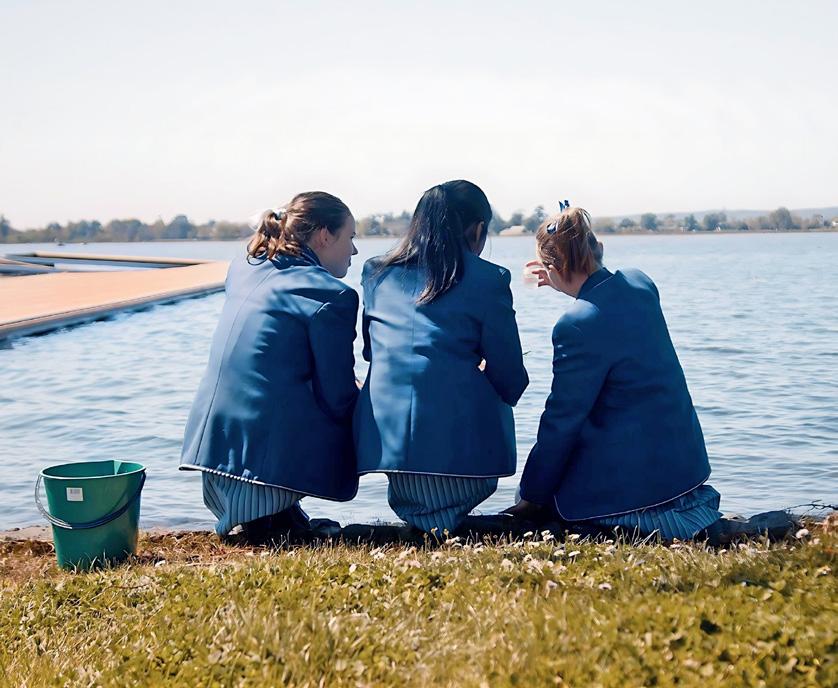VCE VCE VM VET
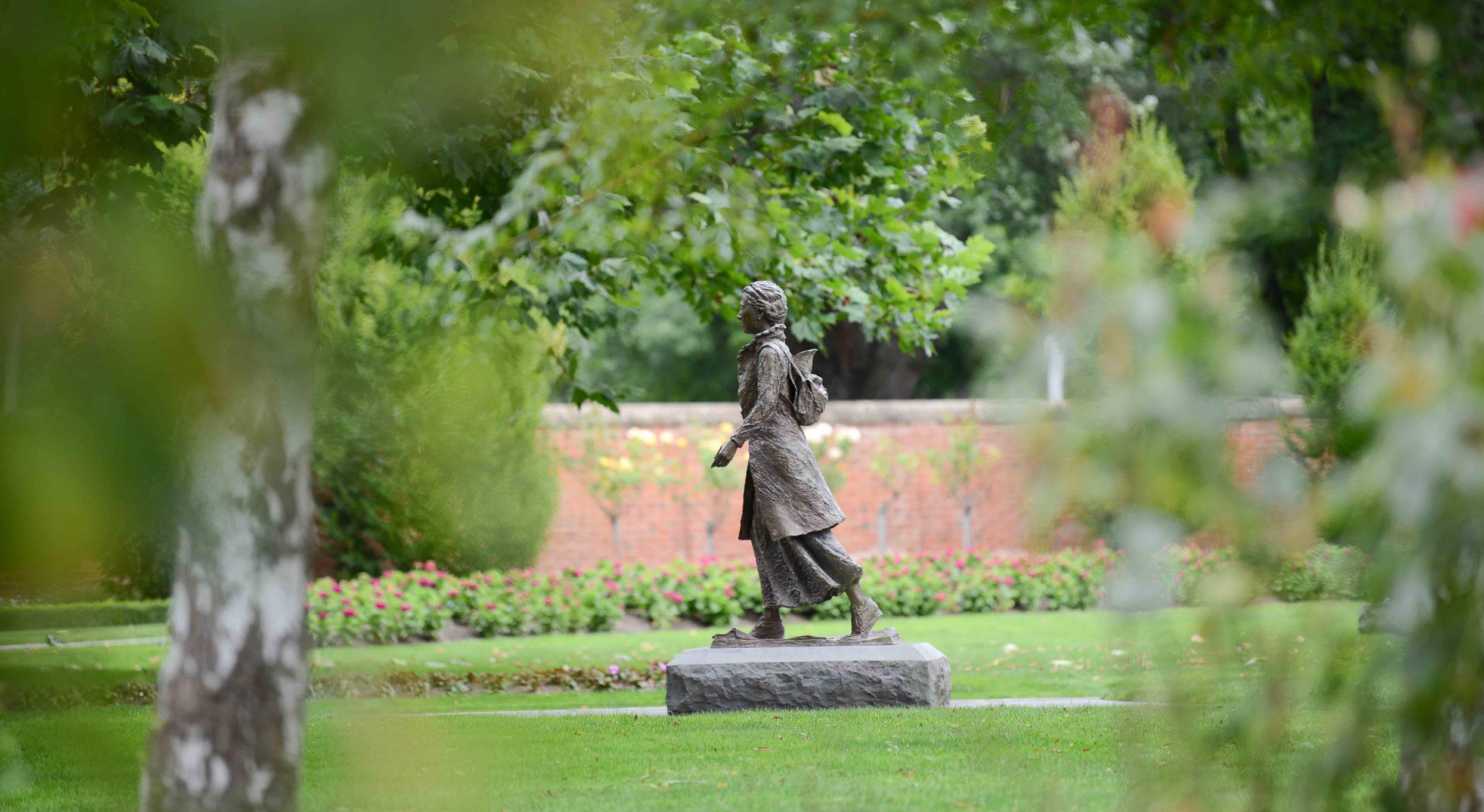


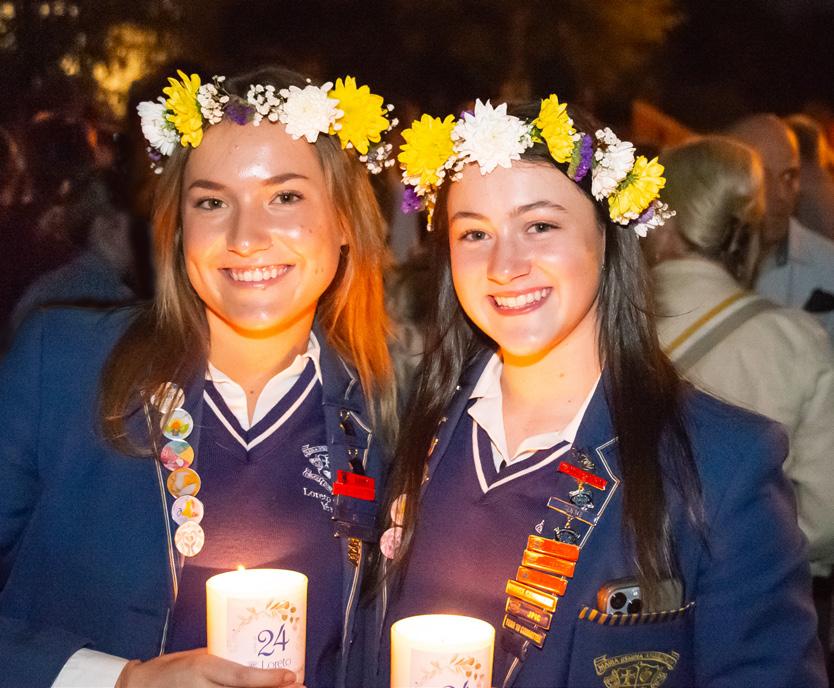
Senior Pathways Information Book









This senior school pathways booklet will provide for students and parents/carers, information regarding Year 10 subjects as well as Year 11 and 12.
The range of options available in the senior secondary years of schooling is wide and continues to expand. The majority of students go on to complete the Victorian Certificate of Education (VCE), however, there are a number of pathways available for students to achieve a senior secondary qualification.
These pathways make it possible for a variety of student needs to be met within the school environment.
At Loreto College we seek to provide as many of these senior secondary pathways as possible so that students are able to make the choice which suits them best and will allow them to achieve their own personal goals.
While many of our students will follow the pathway into a VCE program, some will include a Vocational Education and Training (VET) component in their studies. Another option open to students whose needs may not be met by VCE and VET studies is the Victorian Certificate of Education Vocational Major (VCE VM).


The Parent Charter can be found on the College website
loreto.vic.edu.au under the Policies tab
At Loreto College, we aim to provide an open, welcoming, inclusive and safe environment for all. When enrolling your daughter at the College, parents are deemed to have accepted our values and expectations and be committed to support and promote them.
It is our expectation that the family and student are willing to participate fully in the life of the College, including the religious and faith dimensions of a Loreto education.
The College strives to nurture a partnership between parents and staff where:
• all relationships are based on mutual respect, trust and a spirit of collaboration in accordance with the ethos and values of the College;
• parents are recognised for the primary role they play in their child’s faith formation, learning and wellbeing
• teachers and staff are respected for their professional skills and competence in educating students;
• parents and the College work in partnership to achieve the best possible outcomes for each student.
We fulfil our educational vision in partnership with parents and students; thus our expectation of parents is that they are actively involved in their daughter’s education. This involvement may take a variety of forms, including attendance at functions specific to the educational programme of their children.
Parents are expected to support the philosophy, values, policies and practices of the College. Parents do this by abiding by the tenets of the Parent Charter, as enunciated, and also by assisting their child to meet her own commitments to learning. The College has a moral, legal and mission-driven responsibility to create nurturing College environments where children and young women are respected, their voices are heard and they are safe and feel safe.
Loreto College views the setting and completion of home study as an integral part of the education process. The College believes that this reinforces and enriches the curriculum, encourages excellence, develops organisational and time management skills, and the capacity to assume self-responsibility for learning. Students are encouraged to realise that a consistent effort in all classes and an organised approach to home study will maximise the likelihood of academic success.
Loreto College’s Home Study Policy explains that home study is theoretical and practical work undertaken at home which consolidates and supports work done in school. It encourages initiative, self-discipline and self-motivation. Home study encompasses a wide range of tasks including vocabulary development, test preparation, completion of set work, assignments, revision, pre-reading and wide reading.
As a general weekly rule, the College suggests the following for home study:
• As a standard, Year 10 students should aim for a minimum of one hour per subject per week
• VCE student should aim for approximately fifteen hours per week.
There are many ways the College seeks to support your daughter in her studies. Please encourage your daughter to make the most of the opportunities available to her, including:
• Library - The library is open from 8am - 5pm and offers quite and collaborative spaces and resources for study
• The Learning Hub - The Learning Hub is open form 8am - 4.30pm daily and offers assistance with anything from homework to Individual Learning Needs. There is a Learning Support Staff member on-site at all times. Students having difficulty with study are strongly encouraged to drop into the Learning Hub at any time.
• Subject Help Sessions - These are available for a variety of subjects at different times across the week. Students are encouraged to read the daily notices to access subject specific help sessions.

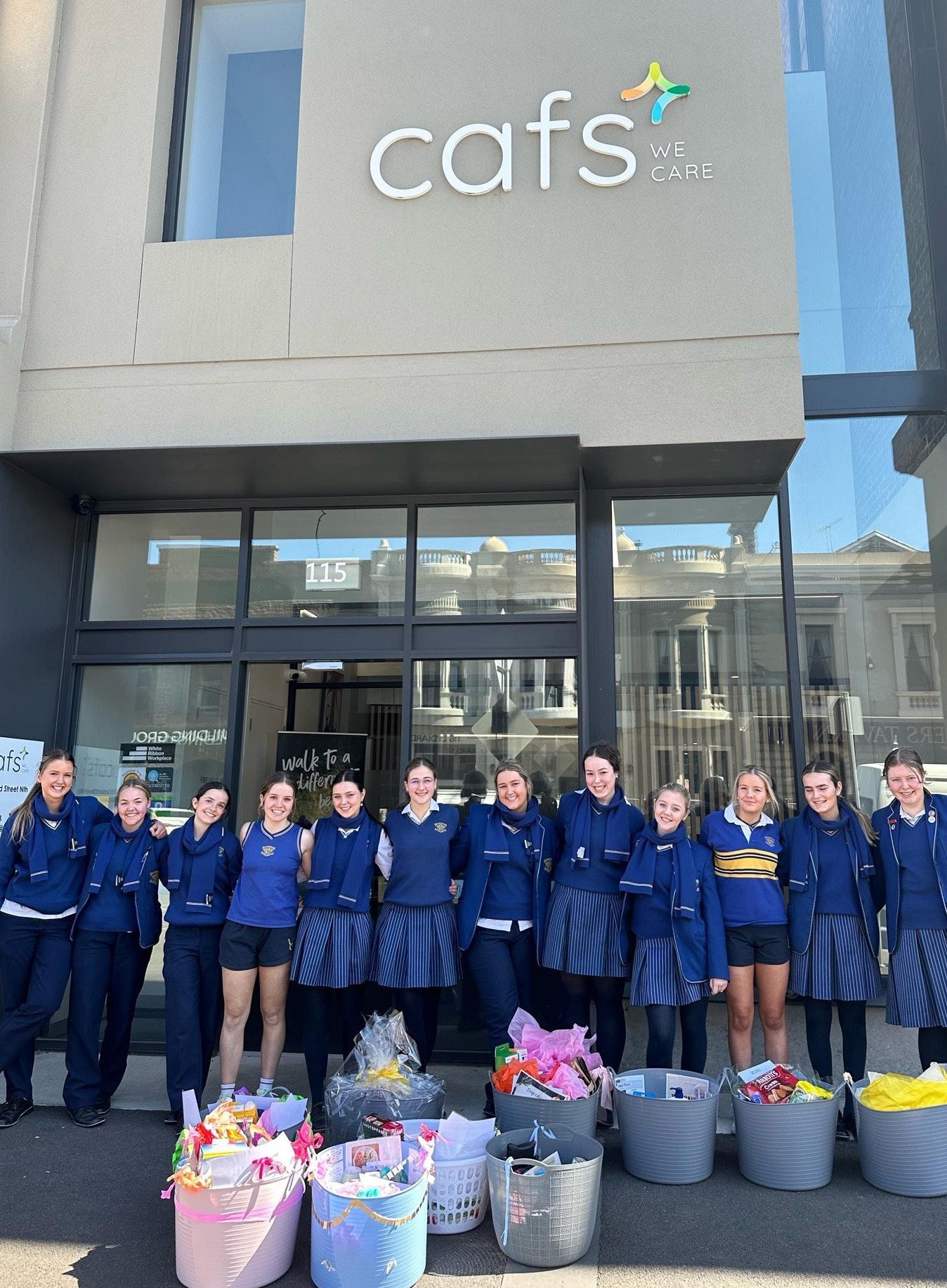
OPPORTUNITIES IN YEAR 10
STRIVE
FELICITOUS LIFE / WELLBEING SCIENCE
RELIGIOUS EDUCATION IN YEAR 10
CAREERS IN YEAR 10
STUDYING A VCE UNIT IN YEAR 10
Encourage your daughter to make the most of her Year 10 Loreto education!
The Year 10 Program includes a diverse academic program as well as a dedicated series of programs and events to enlighten and empower Loreto students for their future.
• Mission and Service - In Year 10 as educated people with privilege and faith, it is our responsibility to act in ways of loving and responsible service to others. Throughout the year, students will explore the contributions they can make to our College and the local community. They will learn that doing good for others has wellbeing benefits for the themselves too.
• Strive - The Strive program combines and further develops Physical Education, Health and Careers education into a weekly program to encourage students to strive to be the best version of themselves. More information included later in this booklet.
• Mary Ward Connect - The Mary Ward Connect program is unique to Loreto Schools and offers an exchange program that encourages girls to meet and make new friends, while learning about the history and culture of another Loreto school. The program connects Year 10 students from various Loreto schools around Australia.
• Year Level Committee - A committee of girls work together to plan Year 10 events and activities throughout the year and communicate with the Year Level Coordinator about year level matters and concerns.
• Science and Engineering Challenge - Coordinated challenges against other Ballarat schools, promoting teamwork, science and engineering knowledge and problem solving skills.
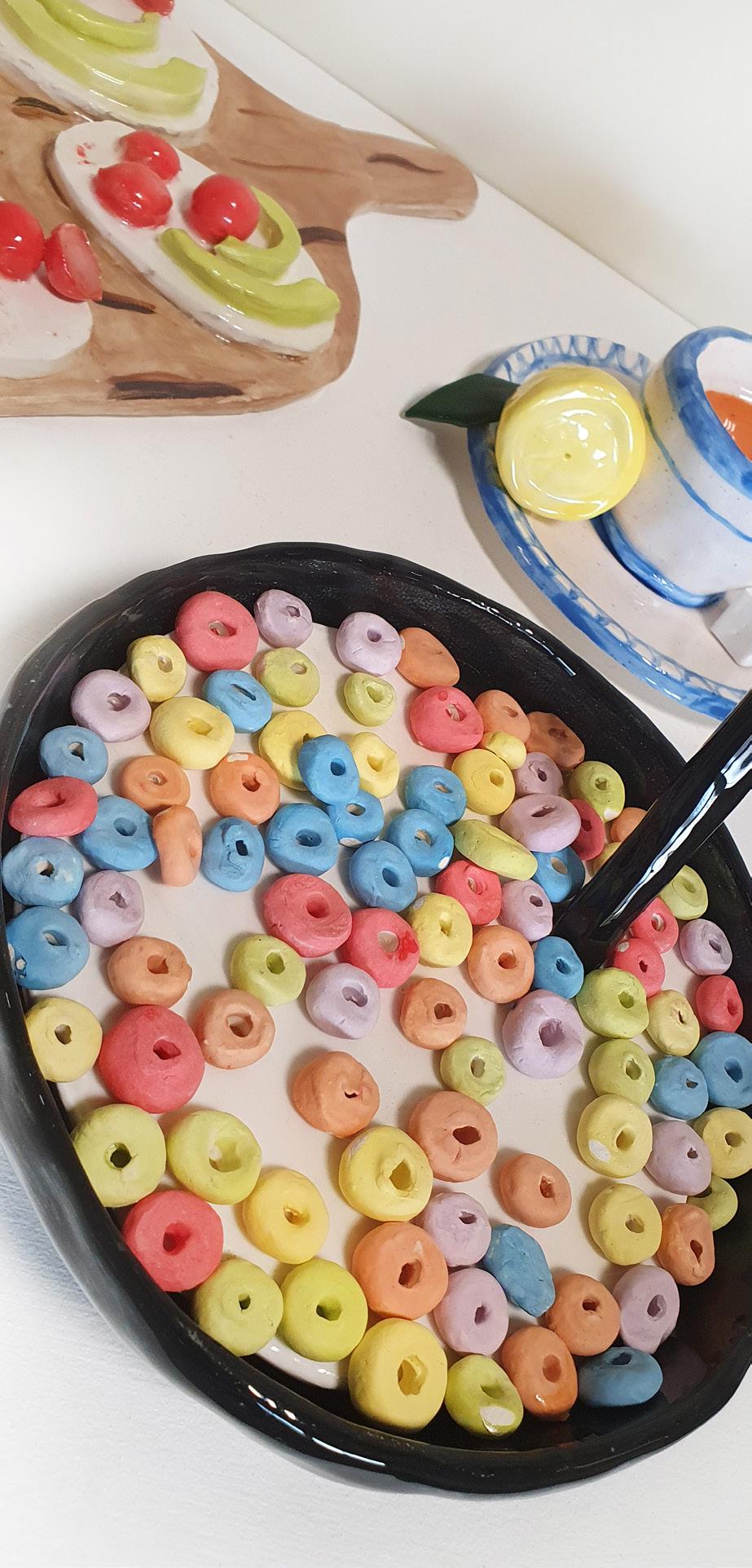
For specific subject information please refer to the Year 10 Supplement booklet located at loreto.vic.edu.au - under the Education and Year Level Information - Year 10 tabs. Click here.

The STRIVE Program is specifically developed for Year 10 students. The STRIVE program combines and further develops Physical Education, Health and Careers education into a weekly program to encourage students to strive to be the best version of themselves.
The program includes on-campus and off-campus classes and participation with external volunteer and community presenters and organisations.
• Careers – valuable information on future career pathways
• Physical Activity – a range of activity options at Loreto College and within the community
• Health & Wellbeing – a range of presenters sharing important age specific health and wellbeing information
Uniform Expectations for STRIVE:
• Full correct PE uniform is to be worn all day for practical sessions. The PE uniform may be worn all day on the days the subject is attended.
If absent due to injury or illness, note signed by parent / carer must be presented
Strive rotations include:
• Fun and Games – (major games participation)
• Golf
• Futures Focus – (Careers, VCE and VET study and vocational pathways, ATAR and work experience)
• Major League – (Bowling and coaching)
• Lawn Bowls
• Holistic Health
• Yoga – (yoga, pilates and meditation)
• Just Do Something – (circuits and personal fitness)
• Acting in service of others can help give you purpose – this also aligns with our value of freedom, choose good and be truly free.
• Meaning and purpose are vital pillars to healthy levels of wellbeing. A sense of
• purpose is achieved by engaging in the school and wider community by making a difference and contributing to others.
Further information on the Year 10 program can be found on the College website
loreto.vic.edu.au under the Education and Year Level tabs.
• Students are encouraged to bring their own strengths to this call, to use their strengths to aid someone else. This will not only help them build perspective but will allow them to experience joy as they bring joy and hope to the lives of others.
• Our Felicitous Life program is dedicated to integrating evidence-based wellbeing practices into a dedicated, planned and coordinated curriculum and co-curricular and student lead programs and activities.
• Our felicitous Life and Wellbeing programs are student centred and student driven incorporating a focus on physical, social, emotional, mental and spiritual aspects of wellbeing.
• There is an especially important connection between purpose and resilience. When people care about what they are doing and have a sense that the challenge they are currently facing is worthwhile, they tend to cope successfully with stressors and have the strength to persist through hardships and difficulties. (McKnight and Kashdan, 2009. Wong et al., 2007)
Students will automatically be enrolled into Unit 1 during Year 10. Why is it a VCE subject in Year 10?
• This VCE subject contains interesting and relevant content that introduces students to a pathway through Unit 2 in Year 11
• It offers equivalent content to a non-VCE RE course but allows for it to be recognised as a VCE qualification
Unit 1: The role of religion in society - In this unit students explore the spiritual origins of religion and understand its role in the development of society, identifying the nature and purpose of religion over time. They investigate religion, including the totality of phenomena to which the term ‘religion’ refers, and acknowledge religion’s contribution to the development of human society. They also focus on the role of spiritualities, religious traditions and religious denominations in shaping personal and group identity over time. Students examine how individuals, groups and new ideas have affected and continue to affect spiritualities, religious traditions and religious denominations. The unit provides an opportunity for students to understand the often complex relationships that exist between individuals, groups, new ideas, truth narratives, spiritualities and religious traditions broadly and in the Australian society in which they live.

Further information on the Year 10 program can be found on the College website
loreto.vic.edu.au under the Education and Year Level tabs.

Year 10 is an important time for students to explore and develop study habits and career pathways.
Throughout Year 10 some of the important relevant information relating to careers includes:
• STRIVE – Futures Focus
The STRIVE Program includes a rotation called Futures Focus. This will include:
- Presentations from tertiary providers
- Resume construction
- Course research and selection
- Researching tertiary course entry requirements
• Morrisby Profiling, Period 3 and 4 (STRIVE time)
- Morrisby Profiling is a leading career-matching tool suited to ages 15 and upwards to discover strengths, ambitions and goals. The assessment software identifies a student’s strengths and builds a comprehensive personal profile, raising self-awareness.
- The aim is to help young people investigate the best routes to achieve their goals and encourage them to explore similar careers and courses including many they may never have considered.
• Subject selection: Term 3
- Students will be provided with a range of online and printed publications and presentations to assist with Year 11 and Year 12 subject selection
• Work Experience:
- Encourage students to make the most of the opportunity to complete work experience to learn about work, study and career options.
- A letter will be sent to parents/carers in Term 4, Year 9, outlining Loreto’s Work Experience program.
Careers and VET Coordinator – Miss Jodie Howlett (Mon – Fri)
Careers Officer – Ms Michelle Shannon (Tues – Thurs)
For further careers information please visit loretoballaratcareers.com
Email: careers@loreto.vic.edu.au
loretoballaratcareers.com
Office location: library
Year 10 students can choose, upon application and approval, to study a VCE Units 1 & 2 subject in their Year 10 year. This offers them the opportunity to accelerate learning and begin their VCE studies in Year 10.
The particular VCE Units 1 & 2 available to Year 10 students vary from year to year as this is dependent on the structure of the VCE timetable and the number of places available in these classes.
Studying a VCE Units 1 & 2 subject in Year 10 is not for every student and we encourage students and parents to discuss this option carefully with their daughter’s Mentor Teacher and her Subject Teachers.
To apply to study a Units 1 & 2 subject in Year 10 students will need to complete an online form which can be found on PAM. Check PAM for deadline details. Students will need to meet the following criteria:
• Graded performances of 85% or above in the relevant Year 9 subject(s)
• A high level of classroom organisational skills
• A record of prompt completion of all home study tasks
• A high level of classroom behaviour
• A record of submission of all tasks on time
• A portfolio of work related to the proposed VCE Units 1 & 2 study
Any student who does not fully meet each of these criteria will not be considered for a VCE Units 1 & 2 study as a Year 10 student.
Year 9 Mentor Teachers will be asked to assess each student’s level of commitment to learning by commenting on the following areas:
• Level of classroom organisational skills
• Completion of home study tasks
• Ability to meet due dates
• Classroom behaviour
• Consistency in all of the above areas are essential


VCE provides students with a post-compulsory certificate which allows students to access diverse pathways beyond school and attests to their readiness to enter postschool studies. It is awarded to students who satisfactorily complete a program of studies as described by the Victorian Curriculum and Assessment Authority (VCAA). This program, for a full-time student at Loreto College, will consist of 22 units taken over four semesters or two years. At the end of Year 12, students would normally receive an Australian Tertiary Admission Rank (ATAR), which can be used for university and/or Tertiary and Further Education (TAFE) entrance.
The VCE Vocational Major (VM) is a vocational and applied learning program within the VCE designed to be completed over a minimum of two years. The VCE-VM will give students greater choice and flexibility to pursue their strengths and interests and develop the skills and capabilities needed to succeed in further education, work and life.
It prepares students to move into apprenticeships, traineeships, further education and training, university (via non-ATAR pathways) or directly into the workforce.
The purpose of the VCE-VM is to provide students with the best opportunity to achieve their personal goals and aspirations in a rapidly changing world by:
• equipping them with the skills, knowledge, values and capabilities to be active and informed citizens, lifelong learners and confident and creative individuals; and
• empowering them to make informed decisions about the next stages of their lives through real life workplace experiences.
The VCE-VM program is designed around four compulsory strands:
• Literacy and Numeracy
• Work Related Skills
• VET Program
• Personal Development Skills
VCE-VM is designed for, and suited to, students who ‘learn through doing’ and who may be looking towards taking a School Based Apprenticeship or Traineeship (SBAT), or who are preparing to move directly from school to the workplace. If you are interested in the VCE-VM program please refer to the VCE-VM and VET sections of this Handbook and seek more information from the Careers Advisor, Ms Jodie Howlett, or the VCE-VM Co-ordinator, Mr Andrew Blackwood.
For more information on VCE, VET and VCE VM please visit
www.vcaa.vic.edu.au
As senior students there is an opportunity to plan and select a course of study which will meet your individual needs and will cater for your strengths and areas of interest for the future. A good deal of time, discussion and careful thinking needs to go into this process, and it will involve active communication between yourself, your parents, your teachers and, if you are in Year 10, your Mentor. For Year 10 students an interview with the Mentor is an essential aspect of the transition to senior secondary studies and student subject selections will not be processed without this interview taking place.
This handbook has been prepared to give you as much information as possible on the VCE, VCE-VM and VET programs available at Loreto College. You will find information about the many units offered and staff who can assist further with specific subject areas.
As part of your senior schooling, you are now able to study courses that not only contribute towards your VCE, VCE VM and ATAR (with certain restrictions), but also give you an industry recognised qualification when you complete that course. The courses are called Vocational Education Training Courses (VET) and can be studied at school or through another Registered Training Organisation such as VETIS (VET in School through a TAFE facility). These courses can also involve undertaking “Structured Workplace Learning” where you will take part in a work placement related to your course industry area.
By completing a VET course, not only do they contribute towards your VCE/VCE VM (and some will count towards your ATAR depending upon the course of study), but you will also gain a nationally recognised industry qualification or partial completion. This means that if you choose to go to TAFE when you leave school, and continue your study in that same area, you will be deemed to have completed part of that TAFE course already. Employers see that qualification as being very valuable and it can really help you with getting a job.
(Victorian Certificate of Education)
(Vocational Education and Training)
VCE VET Program School-based Apprenticeships and Traineeships Training (TAFE) Other VET Certificates
(VCE Vocational Major)

In Year 11 you will continue to study the following core subjects:
• Religious Education
• English (or English equivalent) plus five other subjects.
In Year 12 students will also need to continue study the following core subjects:
• Religious Education (unless chosen as a Unit 3 & 4 elective)
• English (or English equivalent) plus four other subjects.
This booklet has been prepared to give you as much information as possible on the structure of Year 10, VCE, VCE VM and VET pathways along with details of the many units offered at Loreto College. Students will be asked to select their course of study over their two senior years. Students need to list the units they wish to study next year. They will need to consult their current teachers for advice on their subject selection. It is hoped that all students will make the most of the opportunities offered to them both in preparation for their senior years and in the challenge this will no doubt hold. Student choice is the central element of our planning for subject offerings. Not all subjects can be offered in any one year.
Students are required to enter subject preferences online.
Parent and student information sessions will be held throughout July.
In August all students in Years 9-11 will receive an email from Ms Sofis (usually by Week 3 of Term 3) via their school email account providing them with a web preferences link, an individual student access code and password.
Please check emails, PAM or the App for details on subject preference due dates.
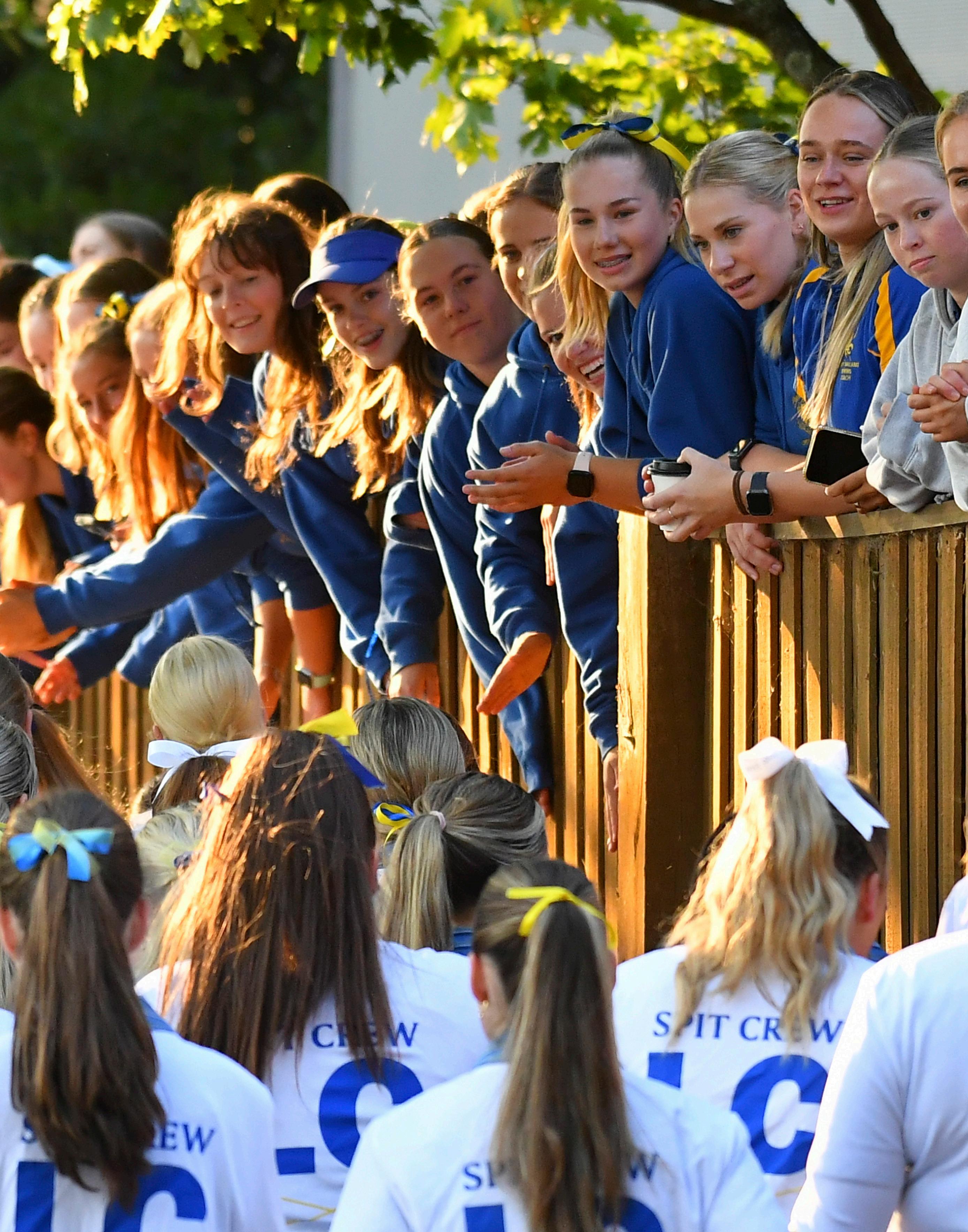
SUBJECT LIST:
AGRICULTURAL & HORTICULTURAL SCIENCE
ACCOUNTING
ART - CREATIVE PRACTICE
AUSTRALIAN AND GLOBAL POLITICS
BIOLOGY
BUSINESS MANAGEMENT
CHEMISTRY
DANCE
DRAMA
ENGLISH
ENGLISH LANGUAGE
ENVIRONMENTAL SCIENCE
FOOD STUDIES
HEALTH AND HUMAN DEVELOPMENT
HISTORY
INFORMATION TECHNOLOGY
LEGAL STUDIES
LANGUAGES - FRENCH
LANGUAGES - JAPANESE
LITERATURE
MATHEMATICS
MEDIA
MUSIC
OUTDOOR AND ENVIRONMENTAL STUDIES
PHYSICAL EDUCATION
PHYSICS
PRODUCT DESIGN AND TECHNOLOGY
PSYCHOLOGY
RELIGIOUS EDUCATION
RELIGION AND SOCIETY
SOCIOLOGY
THEATRE STUDIES
VISUAL COMMUNICATION & DESIGN

It is essential that you understand the following details as you begin your VCE Victorian Curriculum and Assessment Authority (VCAA) Requirements:
To achieve a VCE certificate a student must pass:
• Three units of the common study of English (Units 1,2,3 & 4) or English Language or Literature
• Three sequences of Units 3 & 4 studies other than English
At Loreto College, full time students studying under normal conditions would:
At Year 11:
Undertake six sequences of Units 1 & 2 studies including one English plus Religion and Society Unit 2
OR
Undertake five sequences of Units 1 & 2 studies including English plus one sequence of Units 3 & 4 studies plus Religion & Society Unit 2
At Year 12:
Undertake five sequences of Units 3 & 4 studies plus Religious Education
It is expected that irrespective of a student’s study of a Unit 3 & 4 sequence in Year 11 they will undertake five Unit 3 & 4 sequences in Year 12.
When making your subject selections, ask yourself the following questions:
• Do I enjoy this subject?
• Am I capable of doing this subject?
• Do I need this subject as a prerequisite or a recommended subject for a particular higher education course or career pathway?
• Have I read carefully the notes which follow the subjects list to check the specific requirements of certain subjects?
It is vital that you check the pre-requisites for the university courses in which you are interested and for the year in which you will be going to university.
For example, some courses will insist that you have passed Mathematical Methods, even when you might not think there is a direct link to that subject.
For further information on the VCE program and how the ATAR is calculated, please visit the Victorian Tertiary Admissions Centre (VTAC) website: https://www.vtac.edu.au
• It is the College’s expectation that students complete Units 1 & 2 Literature or Units 1 & 2 English Language if they wish to complete Units 3 & 4 in that study.
• French and Japanese Second Language are only available to students who have studied those subjects in Year 11.
• Religion and Society is a scored subject and contributes to the ATAR, whereas Religious Education is assessed solely within school. If you choose to study Religion and Society as a VCE subject, you are not required to complete the College based Religious Education program unless you choose to.
• Students cannot do Mathematical Methods Units 3 & 4 unless they satisfactorily completed Mathematical Methods Units 1 & 2.
• If you studied Mathematical Methods Units 1 & 2 in Year 11, you should consider Mathematical Methods Units 3 & 4 in Year 12.
• Specialist Mathematics can only be chosen if you also study Mathematical Methods.
• It is strongly recommended that you consider Chemistry, Physics and/or Mathematical Methods only if you completed these subjects in Year 11.
• For Product Design and Technology, you must choose textiles as your major medium.
• Art, Studio Arts (General), Studio Arts (Photography), Product Design and Technology, Visual Communication Design and Media involve the production of a folio of work. Be aware that taking more than one of these subjects can create a substantial workload.
• It is strongly recommended that you consider Dance,Drama, Music Performance, Studio Arts, Theatre Studies, only if you have studied these in Year 11.
• Students studying Theatre Studies must major in two production roles, one of these may be acting, however, they may choose to major in production roles that do not involve acting.
• Music Performance requires that you play an instrument or sing. It is strongly recommended that you consider this subject only if you studied it in Year 11.
• One subject may be replaced by a VET subject.
A subject change will only take effect if it can be accommodated within the student’s timetable. Taking time to select subjects that are suitable to the student’s abilities, interests and post-school pathway reduces the need to change subjects and thereby interrupting their education. For some students, a change of subject is recommended or necessary.
Students who wish to apply for a change of subject can do so at the following times:
1. After the end of year examinations or before school year begins
2. At the end of Semester 1(for year 11 only)
For year 12 students: After year start, students are locked into the Unit 3 & 4 sequence for the whole year.
Students will need to complete the appropriate Change of Subject form and discuss the change of subject with the Deputy Principal: Learning & Teaching. Please note that VET is a two-year commitment.

For further information on the VCE program and how the ATAR is calculated, please visit the Victorian Tertiary Admissions Centre (VTAC) website: https://www.vtac.edu.au
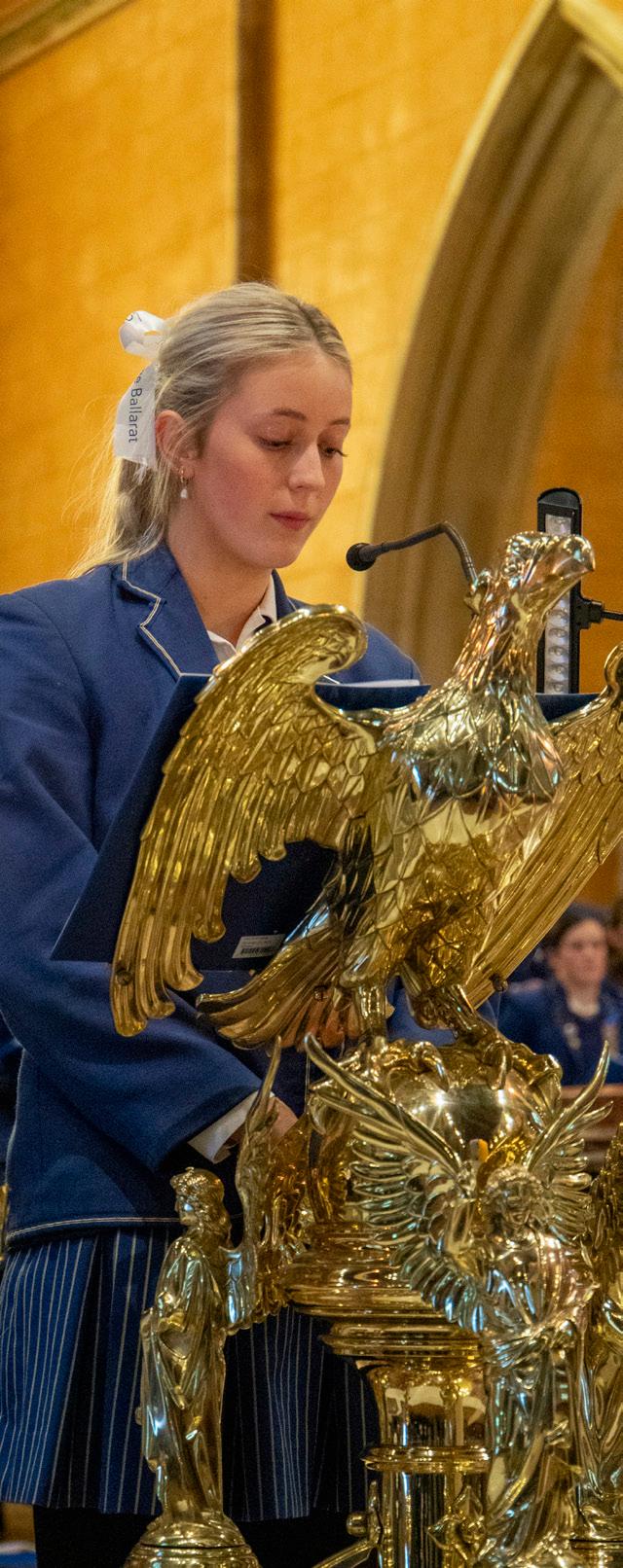
VCE Religion and Society enables students to understand the complex interactions between religion and society over time. Religion has played and continues to play a significant role in the development and maintenance of society. Students come to appreciate that religion can be a positive force of power, authority and justice. However, religious institutions have not always interacted positively with society at large and have at times supported the unethical behaviour of other power structures in society and of individuals; conversely, society has not always interacted positively with religion and has at times supported the unethical behaviour of religions and individuals.
The study of religion and society can assist students in reaching a deeper, balanced understanding of societies and cultures in which multiple worldviews coexist. Students explore how such societies and their spiritual and religious traditions negotiate significant ethical issues. Spiritualities and religious traditions offer value systems that guide their adherents’ interactions with society and influence society’s decision-making. This study offers an insight into the spiritual and religious beliefs and other aspects of religion that express these value systems. Students study the role of religion in supporting adherents to grapple with the big questions of human existence and to respond to significant life experiences.
Through the study of Religion and Society students come to acknowledge the role of religion in shaping historical and present events. They explore times when religion dominated societies and the shifting role of religion in societies today in which multiple worldviews coexist and religion may be seen to have a lesser role overall but an enhanced role in other settings.
This study fosters an appreciation of the complexity of societies where multiple worldviews coexist and develops skills in research and analysis, helping students to become informed citizens and preparing them for work and further study in fields such as anthropology, theology, philosophy, sociology, journalism, politics and international relations.
Unit 1: The role of religion in society
Unit 2: Religion and ethics
Unit 3: The search for meaning
Unit 4: Religion, challenge and change
Why would a student choose this subject?
• You would like to understand the nature and purpose of spirituality, religion and new religious movements
• You would like to understand and respect the spirituality and religious beliefs of others, and acknowledge their freedom and right to hold those religious beliefs
• You enjoy exploring the nature and purpose of religion in the human search for meaning
• You reflect on the interaction between society and the collective identity engendered by spiritualities, religious traditions and religious denominations
• You would like to analyse the ongoing interaction between society and religion, and their influence upon each other, including in debate about important religious, cultural, political, social and ethical issues.
Students will automatically be enrolled into Unit 1 during Year 10.
Unit 1: The role of religion in society - In this unit students explore the spiritual origins of religion and understand its role in the development of society, identifying the nature and purpose of religion over time. They investigate religion and acknowledge religion’s contribution to the development of human society.
An elective unit offered in Year 10 and provides some background for VCE Religion & Society Unit 2, 3 & 4 Studies in Years 11 and 12.
How do you know for certain that you are here? What if someone told you that you were just a Sim in a cosmic game, that all this was just a dream? Can you know? What is the nature of reality? Is there a God? What is truth? How can we achieve certain knowledge? What is good and what is evil? These are some of the questions which have challenged humans for millennia and underpin ongoing endeavors in areas as diverse as science, justice and the arts.
This unit will introduce students to fundamental philosophical problems through active, guided investigation, and critical discussion of three key areas of philosophy: metaphysics, epistemology and ethics. Ideas will be explored through reading articles, watching films, documentaries, discussions and other means. This unit will engage you in philosophical inquiry across three key areas of philosophy:
• Metaphysics
• Epistemology
• Ethics
Students will automatically be enrolled into Unit 2 during Year 11 or complete VCE Religion & Society Units 3 & 4 (or both).
Unit 2: Religion and ethics - How do we know what is good? How do we make decisions in situations where it is unclear what is good or not good? Do we accept what society defines as good? Do we do what feels right? Or do we rely on a definition of what is good from a spirituality, religious tradition or religious denomination? What are the principles that guide decision-making? Ethics is concerned with discovering the perspectives that guide practical moral judgment. Studying ethics involves identifying the arguments and analysing the reasoning, and any other influences, behind these perspectives and moral judgments.
Students can either choose to complete a non-VCE course of RE during Year 12, or complete VCE Religion & Society Units 3 & 4.
• If Religion & Society is chosen it makes up one of your VCE subjects for Year 12.
• You may choose not to do the non-VCE RE if you choose Religion & Society Units 3 & 4.
PLEASE NOTE: Religion and Society is assessed through written responses, therefore requires solid Literacy skills. Students will be guided in how to express their insights in detailed responses supported by evidence and will need to commit a significant amount of home study to keep up with the content; including reading, note-taking, summarising, writing and refining responses. Each of the five assessment tasks requires prior completion and submission of a practice assessment. If students are prepared to dedicate regular time to the subject, they should enjoy the subject and experience success.
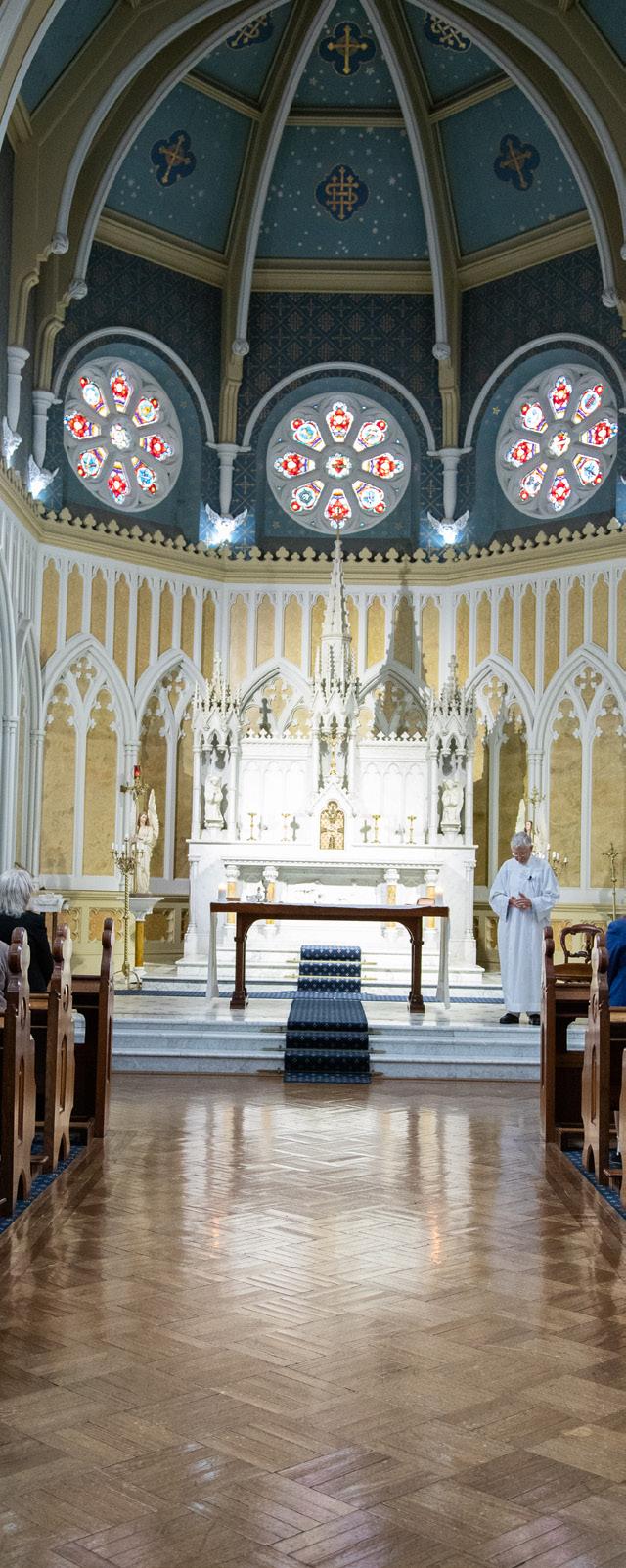
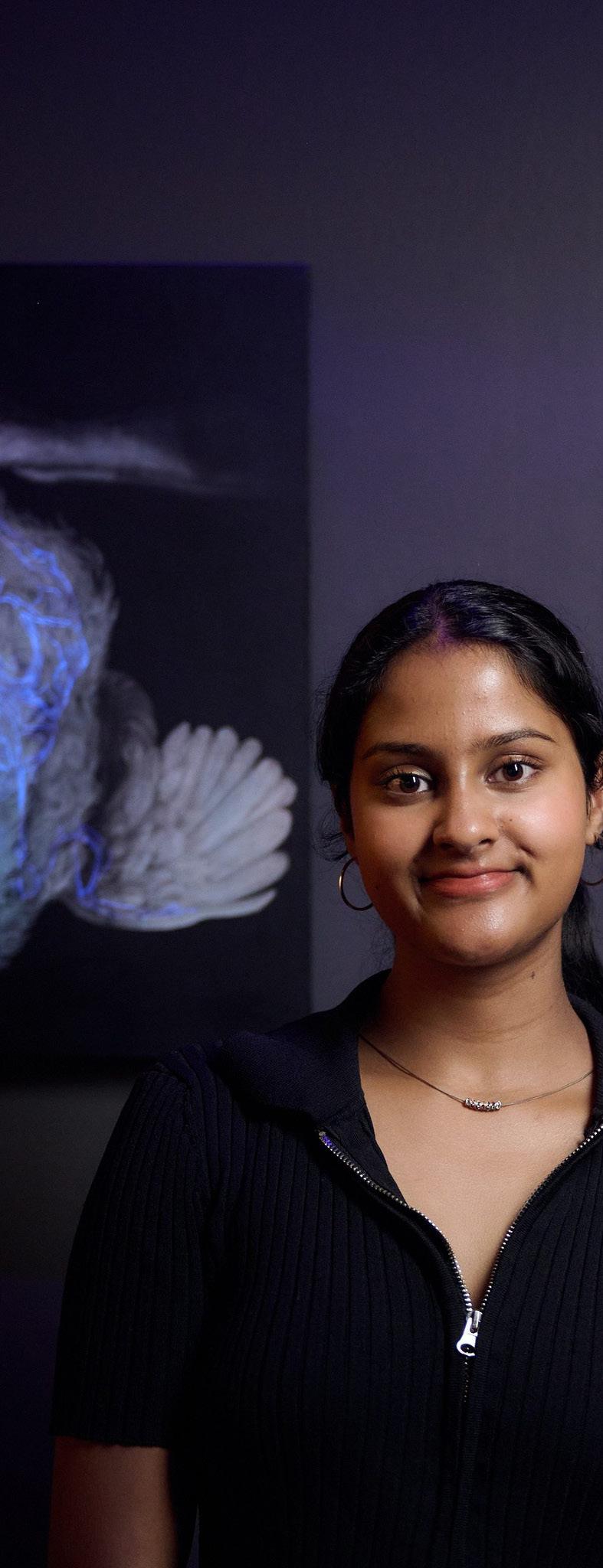
Visit: https://www. goodcareersguide.com. au/#career_ladders to view possible career opportunities from studying ART
VCE Art Creative practice focuses on the role of art, in all forms, in contemporary and historical societies and cultures. You focus closely on your own art making, stemming from your personal ideas and influences. Art Creative Practice, you will work closely in your own folio developing ideas and expressing these in artworks.
Art Creative Practice will see you create a body of work, including a folio in which you will research artists, develop a theme/idea for your own artwork and produce one or more finished artworks that shows how you have resolved your original ideas. You will complete artists studies in a visual diary, undertake class critiques, complete one finished artwork and plan how it will be presented or displayed.
VCE Art Creative Practice uses inquiry through art practice to develop students’ critical and creative thinking skills and individual responses through researching, exploring, experimenting, developing, reflecting, refining and resolving. Through Making and Responding, and through the presentation of artworks in a variety of materials such as, painting, drawing, ceramics, photography, printmaking and sculpture, students understand and appreciate the role of visual art in past and present traditions, societies and cultures.
Unit 1: Interpreting artworks and exploring the Creative Practice
Unit 2: Interpreting artworks and developing the Creative Practice
Unit 3: Investigation, ideas, artworks and the Creative Practice
Unit 4: Interpreting, resolving and presenting artworks and the Creative Practice
Why would a student choose this subject?
• You enjoy the idea of creating your own artwork.
• You enjoy looking at, talking about and analysing Art.
• You see yourself as a creative person.
• You are considering a career in Arts.
• You enjoy managing your work in a folio.
• You enjoy working in a studio environment instead of the conventional classroom.
• You like going to art exhibitions
PLEASE NOTE: All students need to enjoy and have a deep interest in Visual Art and be dedicated to developing visual art ideas and have confidence to learn new art skills. Ideas, art skills and medium are to be documented in visual and written forms regularly in a Visual Diary (Folio) in order to pass this subject. Students need to critically analyse the world around them and bring ideas to the classroom as well as conduct regular homework on SAC and SAT tasks throughout the year. This course is designed to support and encourage students who are dedicated to their Art studies, however, those who are selecting Art Creative Practice for unspecified reasons may find the course difficult to manage.
VCE Dance concentrates on movement creation and dance making skills for future dance teachers and choreographers. It focuses on the practical skills of body shape and space, and encourages students to learn new ways to make their body move. It also develops the creative skills of dance form, structure and analysis.
VCE Dance is suitable for students with strong practical dance skills, but also for the more creative dancer or choreographer. It is recommended that all students first study Units 1 & 2 Dance. At this stage, regardless of technical skill, students are advised not to accelerate directly into Unit 3 & 4.
Unit 1: Explores the potential of the body as an instrument of expression.
Unit 2: Focuses on expanding students’ personal movement vocabulary and choreographic skills through the exploration of the elements of movement; time, space (including shape) and energy and the study of form.
Unit 3: Focuses on choreography, rehearsal and performance of a solo dance work and involves the physical execution of a diverse range of body actions and use of technical and performance skills.
Unit 4: Focuses on choreography, rehearsal and performance of a unified solo dance work which has a beginning, development/s and resolution. Students also work on a group dance.
Why would a student choose this subject?
• You love to dance.
• You enjoy performing in front of an audience.
• You enjoy the discerning, reflective and critical analysis of dance works.
• You see yourself as a creative person.
• You are considering a career in Performing Arts.
What are some of the career opportunities from studying Dance and Performing Arts?
• Dancer
• Entertainer
• Choreographer
• Theatre, Film and Television Industry
• Teacher or University Lecturer
• Dance Studio Business Owner
• Film, Stage and Television Director
• Stage Manager
• Arts Administrator
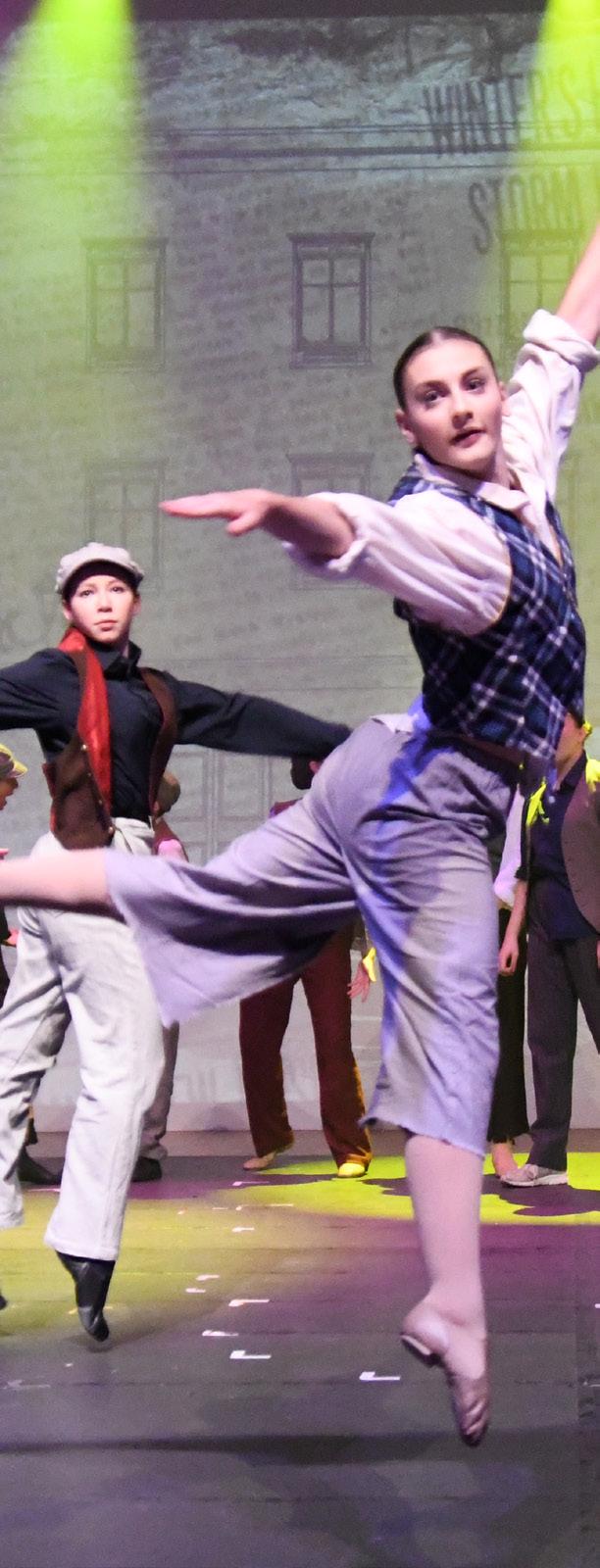
Visit:
https://www.
goodcareersguide.com. au/#career_ladders to view possible career opportunities from studying DANCE & PERFORMING ARTS
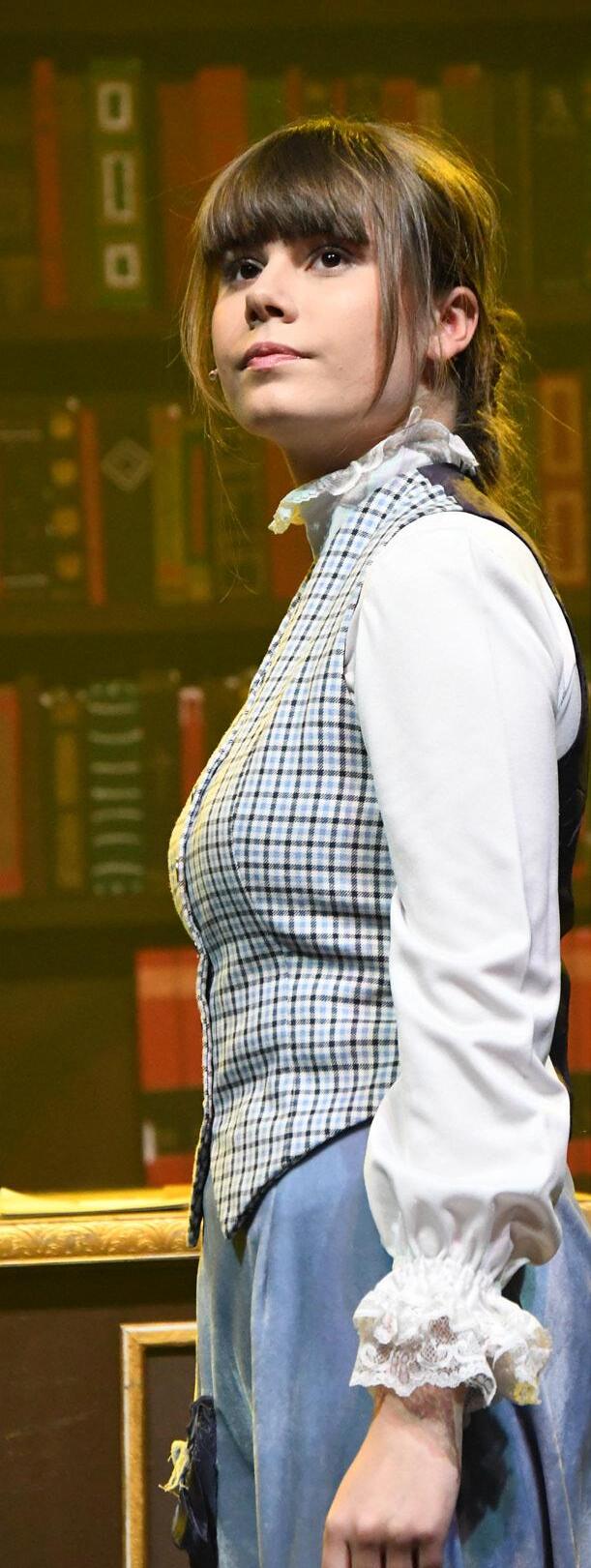
Visit: https://www. goodcareersguide.com. au/#career_ladders to view possible career opportunities from studying DRAMA
Drama may be useful for any career where communication and interpersonal skills are required. More specifically, the course teaches skills which may stimulate and provide a basis for careers in either Drama teaching or in any area of the Performing Arts industry. The skills covered in this study are: Research, script writing, group work skills, developing creative work, refining and developing characters in performance.
The skills gained in drama would transfer to any career involving communication, interpersonal skills and creative thinking. They would also link directly to careers in the Performing Arts (including acting, writing and production).
Unit 1: Introducing Performance Styles
Unit 2: Australian Identity
Unit 3: Devised Ensemble Performance
Unit 4: Devised Solo Performance
Why would a student choose this subject?
• You enjoy acting and expressing your ideas.
• You want to develop confidence and self-discipline.
• You enjoy collaborating with others.
• You want to develop interpersonal and communication skills.
• You enjoy learning in a non-conventional classroom environment.
• You want to develop your ability to think imaginatively and divergently. Drama develops higher order thinking skills requiring us to view things from multiple perspectives.
• You want to develop connection & empathy; not only with yourself and others.
• You enjoy writing through script writing, performance analysis and creative writing exercises.
What are some of the career opportunities from studying Drama?
• Actor
• Radio Announcer
• Film and Television Industry
• Stage or Events Management
• Journalism
• Playwright
• Program Director
• Primary/Secondary Teacher
• Director
• Childcare/ Youth Worker
• Public Relations
Students who study Media will learn about media production including Photography and Filmmaking skills and processes. In applying these, students will create media productions which are designed and produced through research and development. Students learn the structure and intricacies of narrative and how representations are created. They develop their own visual style by learning how to manipulate media codes and conventions such as lighting, camera angles and story. In discussing audiences and how they consume and receive texts, students learn about how we read and understand media. Students learn how the construction of media is affected by different historical and social contexts. While investigating current media issues including the ever changing relationship between the media and its audiences, students view how the media has evolved through the development of technology. Discussing the impact of social media, media regulation and ethical issues in the media students collect evidence and create arguments about these ideas.
Unit 1: Media forms, representations and Australian stories
Unit 2: Narrative across media forms
Unit 3: Media narratives and pre-production
Unit 4: Media production; agency and control in and of the media
Why would a student choose this subject?
• You enjoy making media products, like videos, photographs or posters.
• You are interested in how ‘the media’ works and how it influences what we see, hear and think.
• You are active in social media and would like to learn more about it.
• You enjoy viewing or listening to media products like films, TV shows, YouTube videos, podcasts etc. and would like to learn more about how they are made and how they can be analysed or understood.
• You are interested in tradition media records, video tapes and cassettes and would like to learn more about the history of media forms.
What are some of the career opportunities from studying Media?
• Digital Video Editor
• Multimedia or Games Developer
• Primary/Secondary Teacher
• Sports Media Presenter
• Film, Stage and Television Director or Producer
• Film and Television Camera Operator or Photographer
• Advertising Copywriter / Screenwriter
• Science Communicator
• Media and Communications Manager
• Health Promotion
• Graphic Designer
• Sound Designer
• Social Media Co-ordinator
PLEASE NOTE: Students are expected to have an interest in media, ie: advertising and marketing, film, television, photography, print and online media. Students are expected to learn and engage in the Adobe Creative Cloud design editing programs, utilising the digitial software during class and for homework. Throughout this subject, students will learn about theories that discuss the social impact of the media and should be aware that reading and writing about the media consists of a large part of this subject and not all areas of learning are ‘practical’.

Visit:
https://www.
goodcareersguide.com. au/#career_ladders to view possible career opportunities from studying MEDIA

Visit: https://www. goodcareersguide.com. au/#career_ladders to view possible career opportunities from studying MUSIC
VCE Music is based on active engagement in all aspects of music. Students develop and refine musicianship skills and knowledge and develop a critical awareness of their relationship with music as listeners, performers, creators and music makers.
In VCE Music’s new study design, students are offered a range of pathways which acknowledge and support a variety of student backgrounds and music learning contexts, including formal and informal.
This study enables students to:
• Develop and practise musicianship
• Perform, create, arrange, improvise, analyse, recreate, reimagine and respond to music from diverse times, places, cultures and contexts including recently created music
• Communicate understanding of cultural, stylistic, aesthetic and expressive qualities and characteristics of music
• Explore and strengthen personal music interests, knowledge and experiences
• Use imagination and creativity, and personal and social skills in music making
• Access pathways to further education, training and employment in music
• Participate and present in life-long music learning and the musical life of their community.
MUSIC - UNITS 1 - 4
Unit 1: Organisation of Music
Unit 2: Effect in Music
Unit 3 & 4 Pathways: a) Music inquiry b) Music Contemporary Performance c) Music Repertoire Performance d) Music Composition
Why would a student choose this subject?
• You enjoy performing, creating and analysing music.
• You enjoy playing an instrument including voice.
• You enjoy collaborating with others.
• You enjoy performing in front of an audience.
• You enjoy learning in a non-conventional classroom environment.
• You enjoy music and it would add breadth to your subject selection.
What are some of the career opportunities from studying Music?
• Entertainer as a Musician or Singer
• Performer
• Music, Vocal or Choral Director
• Compositor
• Music Therapy
• Primary/Secondary Teacher
• Theatre, Film and Television Industry
• Stage Manager
• Sound Technician
• Music Producer
• Music Studio Business Owner
• Arts Administrator
• Speech Pathologist
The main differences between Theatre Studies and Drama are:
• Theatre Studies works with plays written by others – professional playwrights. In Drama students develop their own plays from their own ideas.
• Theatre Studies develops production skills in a number of production roles, acting is one of them, but students can study Theatre Studies without being assessed on their acting. In Drama students focus on ensemble development and acting, all Drama students act, but students can study Theatre Studies without having to act.
• Whilst there is theory in both subjects, Theatre Studies has a bit more written work than Drama – in Unit 3 & 4 Theatre Students must attend and analyse two live theatre productions, whilst in Drama there is only one analysis in Unit 3. In Theatre Studies the final written exam is weighted more than Drama. In Drama the performance exam is weighted more than in Theatre Studies.
Unit 1: History of Theatre Styles and Conventions pre-1945
Unit 2: Contemporary Theatre Styles and Movements
Unit 3: Producing Theatre
Unit 4: Presenting an Interpretation
Why would a student choose this subject?
• You enjoy the theatre and live performance.
• You want to learn what goes on back stage - the technical aspects of theatre.
• You want to develop confidence and self-discipline.
• You enjoy collaborating with others.
• You want to develop interpersonal and communication skills.
• You enjoy learning in a non-conventional classroom environment.
• You enjoy analysing and reading scripts.
• You enjoy creative design in areas such as make-up, costume, set, properties, lighting and sound.
What are some of the career opportunities from studying Theatre Studies?
• Actor or Radio Announcer
• Film, Stage and Television Director or Producer
• Stage or Events Management
• Journalism
• Primary/Secondary Teacher
• Film, Stage, Television Designer.
• Theatre technician
• Interior designer
• Architecture
• Soundtrack Composer
PLEASE NOTE: Students are expected to collaborate with their peers throughout each of the areas of learning and need to be open to listening, helping others, designing ideas based on plays, use sound and lighting technologies, attend rehearsals and theatre performances. Time spent ‘after school’ in rehearsal and constructing theatre designs etc. is a major factor in ensuring student success. Written SACs are based on viewing theatre performances (students are expected to attend) which are often showcased in Melbourne, requiring travel by bus with the College.
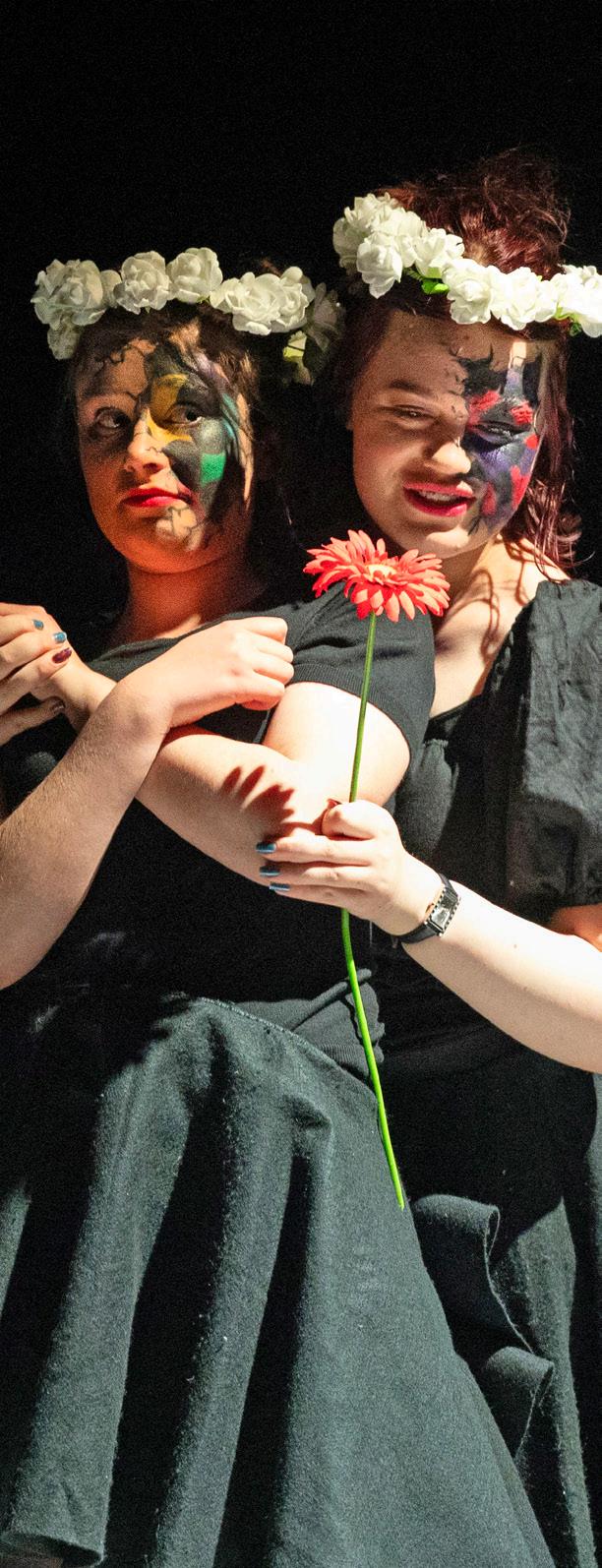
Visit: https://www. goodcareersguide.com. au/#career_ladders to view possible career opportunities from studying THEATRE STUDIES
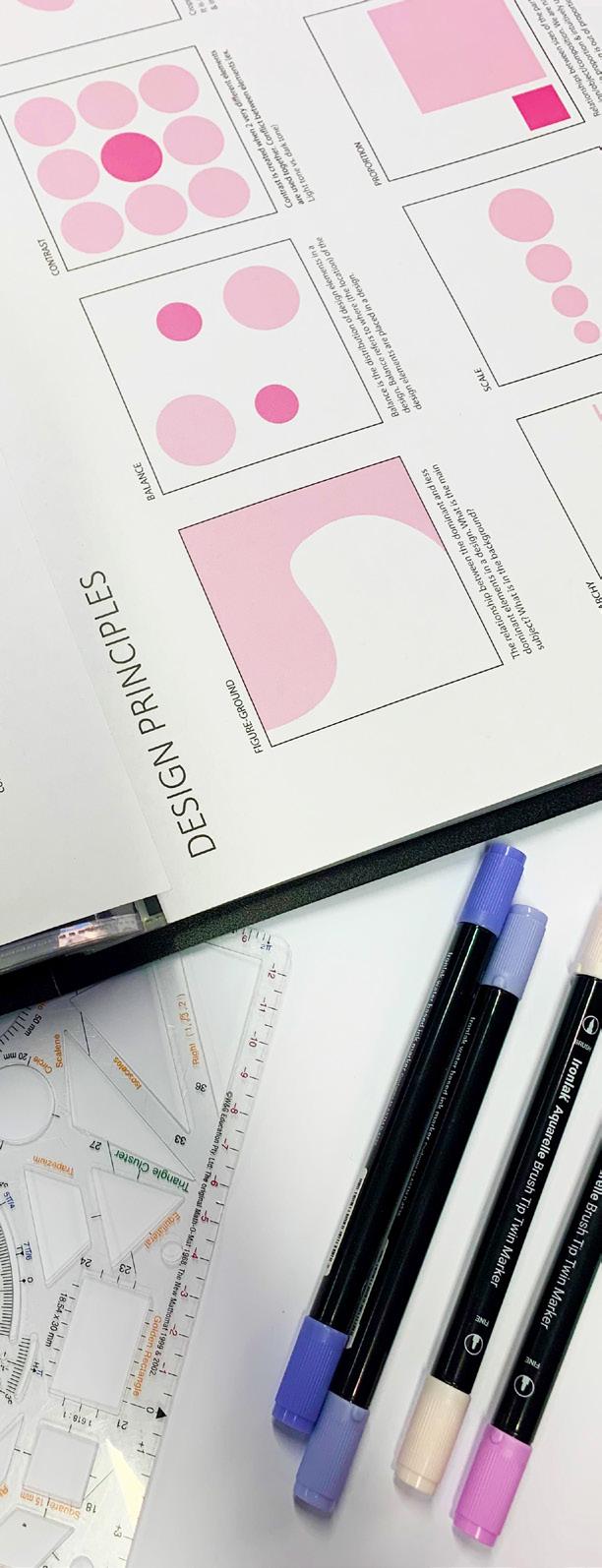
Visit: https://www. goodcareersguide.com. au/#career_ladders to view possible career opportunities from studying VCD
In Visual Communication and Design (VCD) students will examine how visual communications are used across the fields of design practice including messages, objects, environments and interactive experiences. Students develop a critical understanding of visual communications and the ability to think creatively and reflectively about the design process. The course emphasises the importance of developing a variety of drawing skills to visualise, develop and resolve design solutions in response to a brief. Students develop skills using Adobe and associated CAD programs, producing lo-fi and hi-fi prototypes, models and final presentations. VCD is a combination of both practical and theory-based classwork, undertaking a series of design projects that will require an A3 folio.
Unit 1: Finding, reframing and resolving design problems
Unit 2: Design contexts and connections
Unit 3: Visual communication in design practice
Unit 4: Delivering design solutions
Why would a student choose this subject?
• You enjoyed VCD as an elective in a previous year
• You are interested in pursuing a career as a designer or in the creative arts
• You are interested in responding to briefs and making real world design connections
• You are interested in learning to use Adobe Illustrator and Photoshop and other Computer Aided Design programs
• You enjoy completing folio based classwork and extending your critical and creative design thinking skills
• You enjoy engaging with the design process to express your creativity in design areas including Visual, Architecture, Product and Industrial design
What are some of the career opportunities from studying VCD?
• 3D Modeling
• Advertising and Marketing
• Animation
• Architecture, Draftsperson or Landscape Designer
• Interior or Industrial Design
• Branding/Merchandising
• Digital Designer, Multimedia or Games Developer
• Gallery and Event Curation
• Graphic or Publication Designer
• Illustration
• Primary or Secondary Teacher
• Typography Design
PLEASE NOTE: All students need to have an interest in design. Students are expected to learn and engage in the Adobe Creative Cloud design programs, utilising the digitial software during class and for homework. Students are expected to document design ideas in a visual diary (folio) regularly and are expected to explore ideas widely and refine them as they progress. Designing one idea and producing it in response to a brief does not fully satisfy the key skills and knowledge. Students who are selecting Visual Communication Design for unspecified reasons may find the course difficult to manage.
Year 9 English
LANGUAGE ELECTIVE
(Studied in addition to Year 10 English)
ENGLISH
LITERATURE ELECTIVE
(Studied in addition to Year 10 English)
ENGLISH LANGUAGE
ENGLISH
ENGLISH LITERATURE
FOUNDATION ENGLISH
ENGLISH LANGUAGE
ENGLISH
ENGLISH LITERATURE
VOCATIONAL MAJOR: LITERACY
VOCATIONAL MAJOR: LITERACY
Students can choose any of the three English subjects regardless of the subjects taken in Year 10, however, it is recommended that those students interested in English Language and English Literature take these subjects at Year 10.
UNIT 1 & 2
Students must choose at least one of the three options but may choose more than one.
UNITS 3 & 4
Students may move between subjects, however, this is not recommended.
PLEASE NOTE: VCE English and Literature: Students are encouraged to order/ source copies of the set texts ahead of time (through the College’s book listing process) to initially read over the school holidays. The expectation is that students have engaged with and read the set texts, as a core component of our curriculum, in preparation for in-class areas of study throughout the year.
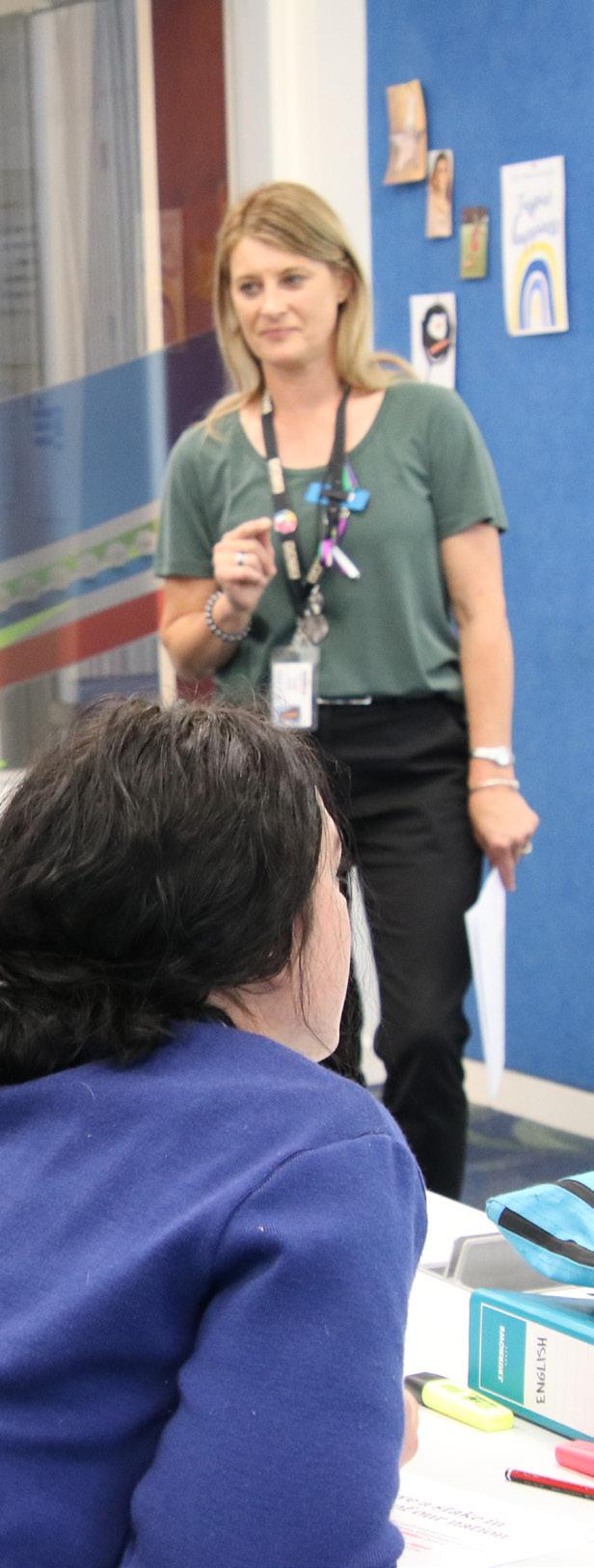
NOTE: Solid Arrows indicate the most common pathways and the dotted arrows show possible alternatives.

Visit: https://www. goodcareersguide.com. au/#career_ladders to view possible career opportunities from studying ENGLISH
he study of English empowers students to read, write, speak and listen in different contexts. VCE English and English as an Additional Language (EAL) prepares students to think and act critically and creatively, and to encounter the beauty and challenge of their contemporary world with compassion and understanding. Students work to collaborate and communicate widely, and to connect with our complex and plural society with confidence.
Through engagement with texts drawn from a range of times, cultures, forms and genres, students develop insight into a varied range of ideas. They extend their skills in responding to the texts they read and view, and their abilities in creating original texts, further expanding their language to reflect accurately the purpose, audience and context of their responses.
By developing broad skills in communication and reflection, the study of English enables students to participate in their diverse, dynamic and multicultural world productively and positively.
Unit 1: Reading and Exploring Texts - Students study multimodal/ film text. Assessment is a personal response to the text.
Crafting Texts - Students study mentor texts such as short stories, feature articles, letters and monologues under a Framework of Ideas – Writing About Choice. Assessment includes student created text/s and a commentary of writing process and decisions made in light of audience, purpose and context.
Unit 2: Reading and Exploring Texts - Students study a written text. Assessment is an analytical response to text in response to a set topic.
Exploring Argument - Students study short persuasive texts such as political cartoons, speeches, opinion pieces, Editorials, Letters to the Editor, all focused on a current issue presented in the Australian media. Students further their skills of close reading and annotation. Assessment includes an analysis of how argument and language are used to persuade and an oral presentation presenting a point of view on a contemporary media issue.
Unit 3: Reading and Responding to Texts - Choose one of: a novel, film, collection of short stories, play or collection of poetry, chosen from the VCAA list. Assessment is an analytical response to text.
Creating Texts - Students study mentor texts such as short stories, essays, speeches, and monologues in conjunction with a Framework of Ideas: Writing About Protest.
Assessment includes student created text/s and a commentary of writing process and decisions made. One assessment task is in response to unseen stimulus material.
Unit 4: Reading and Responding to Texts - Choose one of: a novel, film, collection of short stories, play or collection of poetry (must be a different form to Unit 3) set from the VCAA list. Assessment is analytical Response to text.
Analysing Argument - Students study persuasive texts such as political cartoons, speeches, opinion pieces, Editorials, Letters to the Editor, focused on a current issue presented in the Australian media. Assessment includes an analysis of how argument and language are used to persuade and a point of view oral presentation.
English is a Core subject and a main component to achieving VCE.
VCE English Language explores the ways in which language is used by individuals and groups and how it reflects our thinking and values. By learning about how we shape and can be shaped by our use of language, we can develop deeper understandings about ourselves, those who surround us and the society in which we live. These understandings enhance the skills for effective communication in all contexts. VCE English Language is informed by the discipline of linguistics and draws on a set of metalinguistic tools to understand and analyse language use, variation and change.
English Language is an interesting, academic examination of the way English works and a study of how the language has come to be. If you like sociology, linguistics, history and anthropology, English Language might be for you. It does require rigorous study of metalanguage so that students can analyse various texts and write in depth about the influences on English in its many forms: written, spoken, formal, and informal.
Unit 1: Language and communication
Areas of Study: The nature and functions of language and Language acquisition.
Unit 2: Language change
Areas of Study: English across time and Englishes in contact.
Unit 3: Language variation and social purpose
Areas of Study: English across time and Englishes in contact.
Unit 4: Language variation and identity
Areas of Study: Language variation in Australian society and Individual and group identities.
Assessment Tasks may include the following:
A folio of annotated texts, an essay, an investigative report, an analysis of spoken and/or written text, an analytical commentary (AC), a case study, short-answer questions, an analysis of data.
Why would a student choose this subject?
• You enjoy analysing and describing the features and functions of spoken and written English language.
• You think about and enjoy exploring language change over time and how it shapes our identity.
• You want to become a skilled and effective communicator.
What are some of the career opportunities from studying English Language?
• Academia
• Digital media
• Journalism or Professional writing
• Editing
• International relations
• Teacher or University Lecturer
• Law
• Linguistics
• Politics
• Translating
• Speech Pathologist
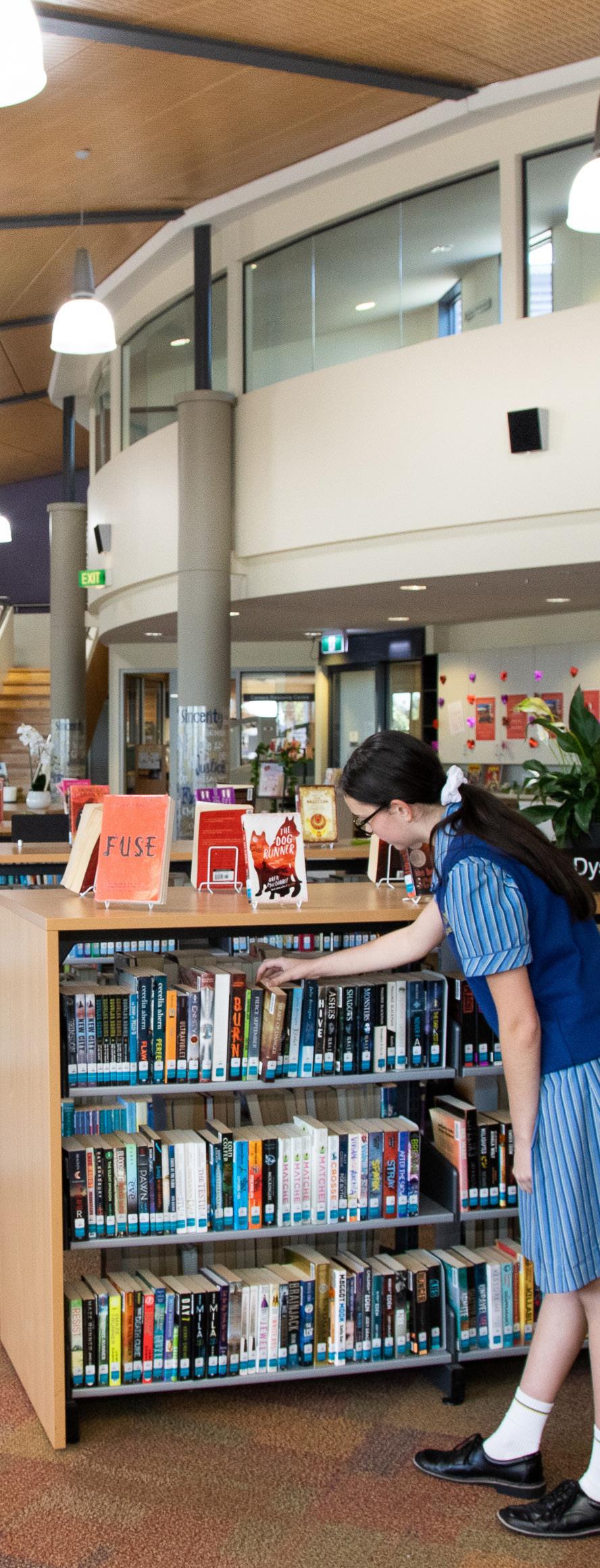
Visit:
https://www.
goodcareersguide.com. au/#career_ladders to view possible career opportunities from studying ENGLISH
English
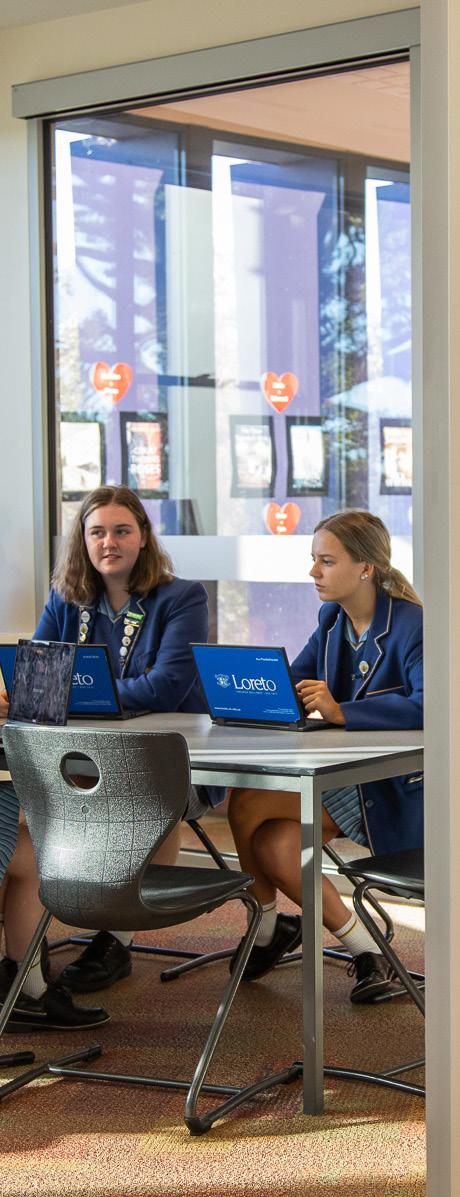
Visit: https://www. goodcareersguide.com. au/#career_ladders to view possible career opportunities from studying ENGLISH
The study of VCE Literature fosters students’ enjoyment and appreciation of the artistic and aesthetic merits of stories and storytelling, and enables students to participate more fully in the cultural conversations that take place around them. By reading and exploring a diverse range of established and emerging literary works, students become increasingly empowered to discuss texts. As both readers and writers, students extend their creativity and high-order thinking to express and develop their critical and creative voices.
Throughout this study, students deepen their awareness of the historical, social and cultural influences that shape texts and their understanding of themselves as readers. Students expand their frameworks for exploring literature by considering literary forms and features, engaging with language, and refining their insight into authorial choices. Students immerse themselves in challenging fiction and non-fiction texts, discovering and experimenting with a variety of interpretations in order to develop their own responses.
Unit 1 – Area of Study 1: Reading Practices - Students consider how language, structure and stylistic choices are used. Area of Study 2: Exploration of Literary Movements and Genres - Students explore the concerns, ideas, style and conventions in literary movements or genres.
Unit 2 – Area of Study 1: Voices of Country - Students explore the voices, perspectives and knowledge of Aboriginal and Torres Strait Islander authors and creators. They consider the interconnectedness of place, culture and identity including connections to Country, the impact of colonisation. Area of Study 2: The Text in its Context - Students focus on the text and its historical, social and cultural context, reflecting on the representations of a specific time period and/or culture.
Unit 3 – Area of Study 1: Adaptations and Transformations - Students focus on how the form of a text contributes to its meaning and compare how meaning changes through the adaptations of texts. Area of Study 2: Developing Interpretations - Students explore the different ways we can read and understand a text.
Unit 4 – Area of Study 1: Creative Responses to Texts - Students focus on the imaginative techniques used for creating and recreating a literary work. Area of Study 2: Close Analysis of Texts - Students focus on a detailed scrutiny of the language, style, concerns and construction of texts.
Assessment Tasks may include the following:
A close analysis of one or more selected passages, reading journal entries, an in-class seminar or debate, a creative response to a text(s) studied, an oral or a written review, a multimedia response, analytical essay.
Why would a student choose this subject?
• You enjoy philosophy, poetry and analysing literature.
• You enjoy reading and writing.
• You are considering a career in professional writing or research.
• You would like to develop your communication skills.
• You enjoy expressing your creativity through writing.
What are some of the career opportunities from studying English Literature?
• Academia
• Communications
• Digital media
• Editing
• Human Resources
• Journalism or Professional Writing
• Marketing
• Politics
• Public Relations
• Radio or television production
• Screen Writing
• Teacher or University Lecturer
VCE Accounting explores the financial recording, reporting, analysis and decisionmaking processes of a sole proprietor small business. Students study both theoretical and practical aspects of accounting. They collect, record, report and analyse financial data, and report, classify, verify and interpret accounting information, using both manual methods and information and communications technology (ICT).
Unit 1: Role of accounting in business
Unit 2: Accounting and decision making for a trading business
Unit 3: Financial accounting for a trading business
Unit 4: Recording, reporting, budgeting and decision making
Why would a student choose this subject?
• You enjoy maths, statistics and analysing data.
• You are considering a career in accounting or business.
• You would like to run your own business.
• You enjoy structure.
What are some of the career opportunities from studying Accounting or Business Management?
• Chartered Accountant or Tax Specialist
• Business Owner
• Business Systems Analyst
• Bookkeeper
• Logistics
• Finance Dealer and Broker
• Government or Politics
• Human Relations
• Sales
• Economist

Visit: https://www. goodcareersguide.com. au/#career_ladders to view possible career opportunities from studying ACCOUNTING
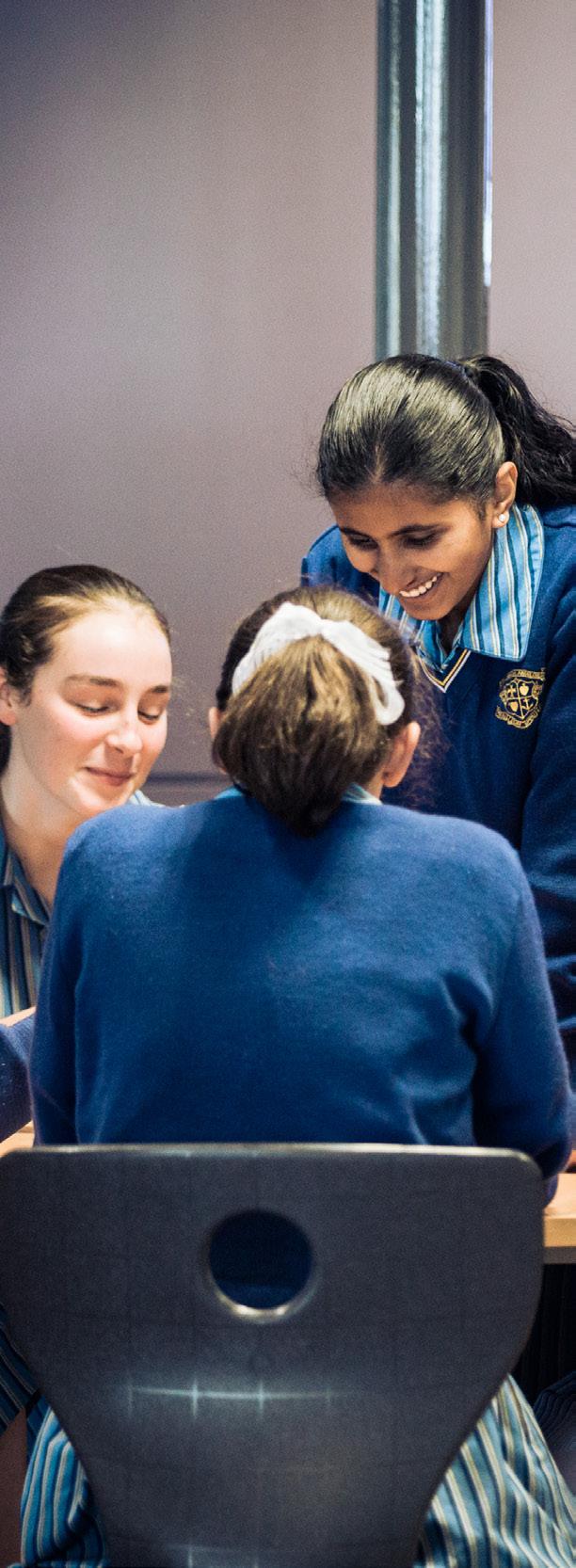
Visit: https://www. goodcareersguide.com. au/#career_ladders to view possible career opportunities from studying BUSINESS MANAGEMENT
VCE Business Management students will investigate the nature of entrepreneurship, the rules and regulations, and the importance of concept development. Students may also attempt to create their own small business. Students learn how to manage employees through motivational theory, good cultural practices and good workplace relations. Finally, they investigate how to improve workplaces by reviewing performances and implementing change.
Unit 1: Planning a business
Unit 2: Establishing a business
Unit 3: Managing a business
Unit 4: Transforming a business
Why would a student choose either of these subjects?
• You enjoy maths, statistics and analysing data.
• You are considering a career in business management.
• You would like to run your own business.
• You enjoy structure.
What are some of the career opportunities from studying Accounting or Business Management?
• Accountant or Tax Specialist
• Business Owner
• Business Management
• Business Systems Analyst
• Logistics
• Finance Dealer and Broker
• Government or Politics
• Human Relations
• Sales
• Economist
Studying Politics develops many highly sought after skills that are valuable in the pursuit of an interesting career. They include reading and analysis, understanding and analysing different perspectives, the ability to evaluate and argue, independent and critical thinking, and a high level of written communication.
In the twenty-first century, political decisions and actions taken by individuals, groups, organisations and governments are increasingly global in their impact. Studying Politics will enable you to understand and reflect on contemporary national and international political issues, crises, and the forces that shape them. Topics studied include: genocide, human rights, armed conflict, populism, women in politics, weapons of mass destruction and climate change.
The study offers you the opportunity to engage with key political, social and economic issues, to understand and critique power and influence, to become more informed citizens, voters and participants in your local, national and global communities.
Unit 1: Politics, power and political actors
Unit 2: Democracy: stability and change
Unit 3: Global cooperation and conflict
Unit 4: Power in the Indo-Pacific
Why would a student choose this subject?
• You are interested in human rights, global issues and social justice.
• You enjoy debating.
• You are considering a career in government.
• You would like to develop your communication skills.
• You enjoy reading and analysing different perspectives.
What are some of the career opportunities from studying Politics?
• Lawyer
• Social Commentator
• Journalist
• Economist
• Investigator
• Policy Maker
• Social Justice Advocate
• Politician
• Researcher
• Teacher or University Lecturer
• Advisor
• Social Media Campaigner
• Travel Writer
• Diplomat
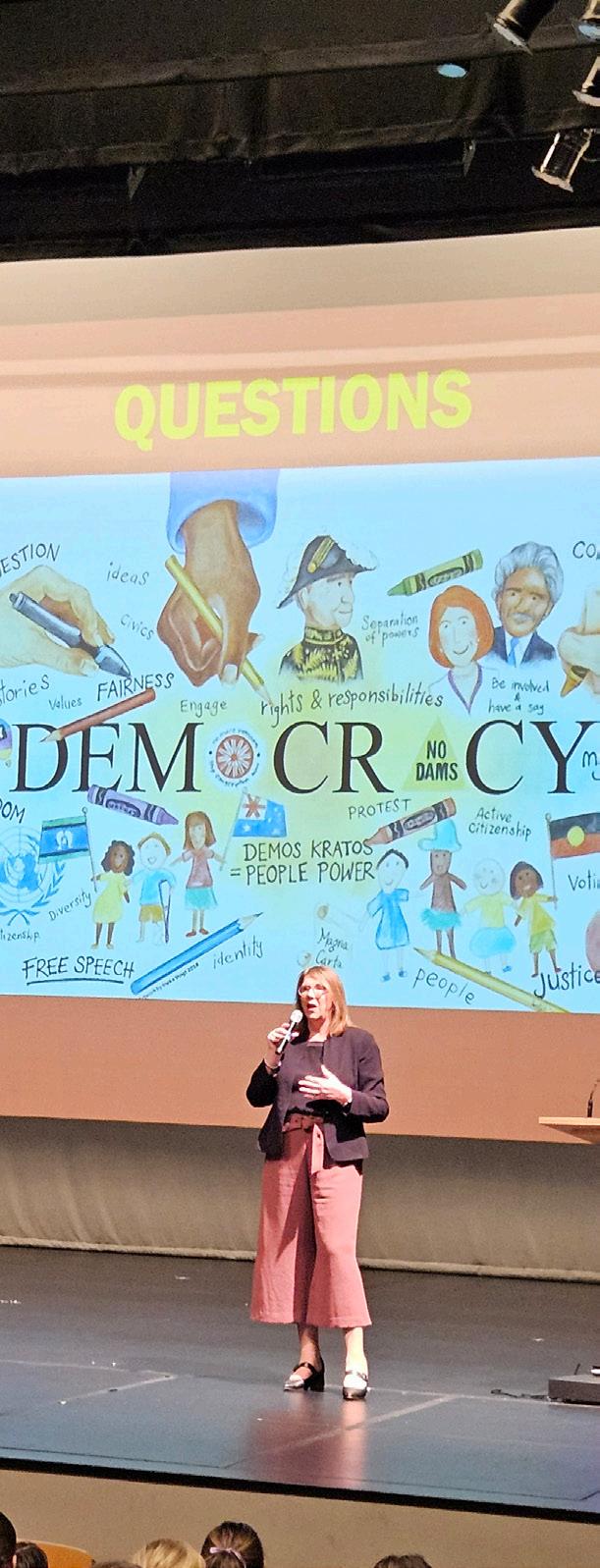
Visit:
https://www. goodcareersguide.com. au/#career_ladders to view possible career opportunities from studying POLITICS
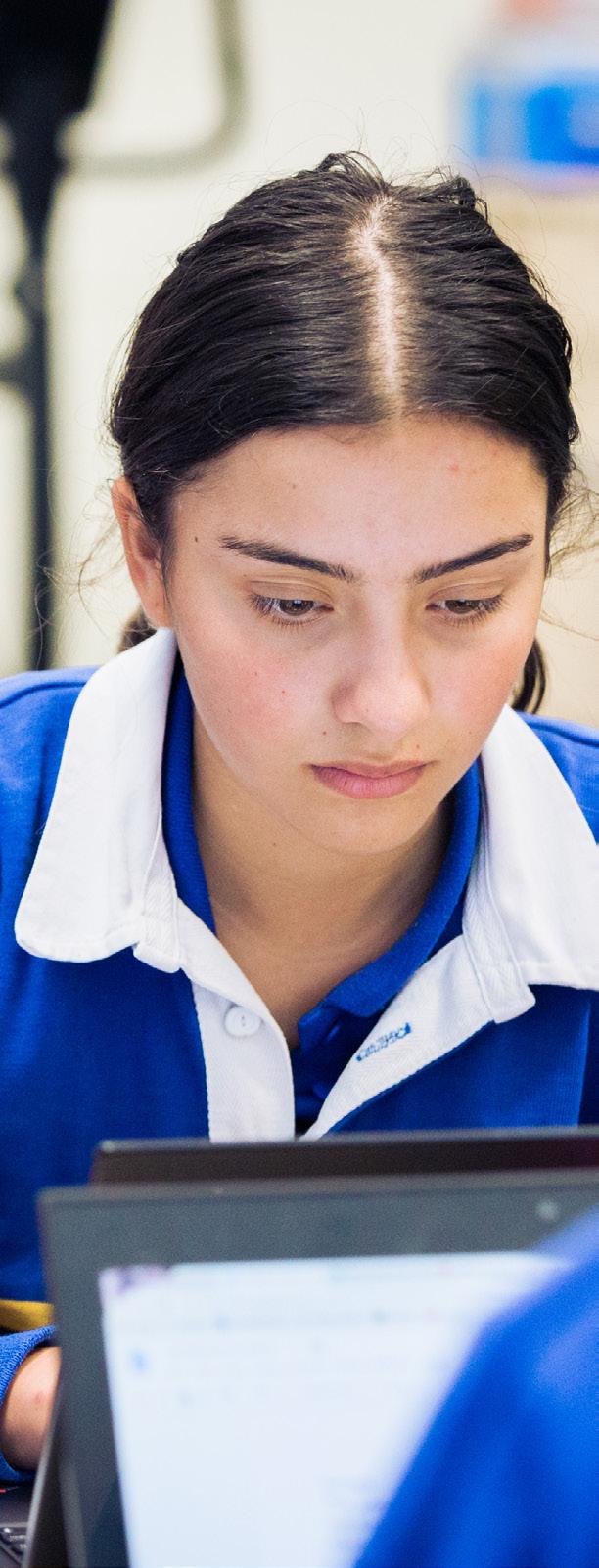
Visit: https://www. goodcareersguide.com. au/#career_ladders to view possible career opportunities from studying HISTORY
The study of VCE History assists students to understand themselves, others, and the contemporary world, and broadens their perspective by examining events, ideas, individuals, groups and movements. Students of VCE History develop social, political, economic and cultural understandings of the conditions and features which have helped shape the present. They also explore continuity and change: the world is not as it has always been, and it will be subject to change in the future. In this sense, history is relevant to contemporary issues. It fosters an understanding of human agency and informs decision making in the present.
Unit 1: Modern History (1918- 1939)
Unit 2: Modern History (1945- 2010)
Unit 3: Revolutions - American Revolution
Unit 4: Revolution – French Revolution
Why would a student choose this subject?
• You are interested in developing a better understanding of the world.
• You enjoy learning about events from the past.
• You enjoy reading and writing.
• You would like to develop your communication skills.
• You enjoy independent and critical thinking.
What are some of the career opportunities from studying History?
• Lawyer
• Social Commentator
• Journalist
• Commerce
• Investigator
• Community Development
• Film and Television Industry
• Researcher
• Teacher or University Lecturer
• Archivist, Historian or Librarian
• Archaeologist
• Travel Writer
• Cultural Heritage Officer
VCE Legal Studies examines the institutions and principles which are essential to Australia’s legal system. Students develop an understanding of the rule of law, lawmakers, key legal institutions, rights protection in Australia, and the justice system. Students in Legal Studies typically undertake studies in Guilt and Liability, sanctions, remedies, rights and people in the law. Criminal law and civil law aim to achieve social cohesion and protect the rights of individuals. Criminal law is aimed at maintaining social order and infringing criminal law can result in charges. Civil law deals with the infringement of a person’s or group’s rights and breaching civil law can result in litigation.
Unit 1: The presumption of innocence
Unit 2: Wrongs and rights
Unit 3: Rights and justice
Unit 4: The people and the law
Why would a student choose this subject?
• You are interested in the law and social justice.
• You enjoy debating and making an argument for a cause.
• You are considering a career in law, politics or social welfare.
• You would like to develop your communication skills.
• You enjoy reading, writing and analysing factual information.
What are some of the career opportunities from studying Legal Studies?
• Lawyer
• Social Commentator
• Journalist
• Economist
• Investigator
• Social Worker
• Criminologist
• Politician
• Court Officer
• Teacher or University Lecturer
• Government
• Armed Forces or Police
• Human Resources
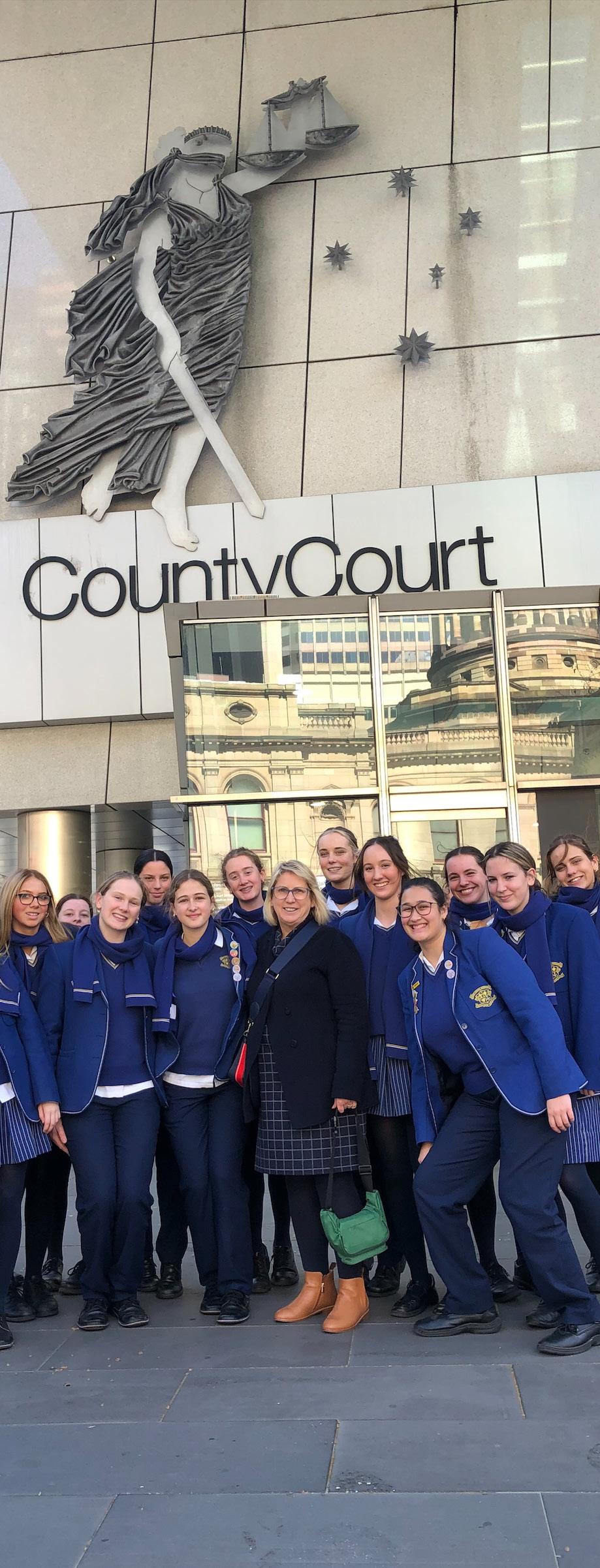
Visit: https://www. goodcareersguide.com. au/#career_ladders to view possible career opportunities from studying LEGAL STUDIES
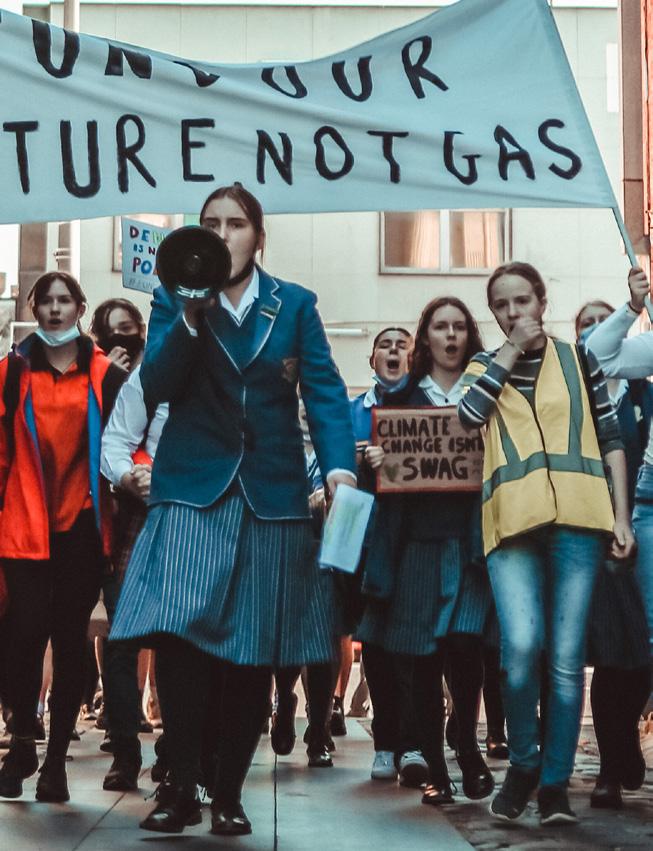
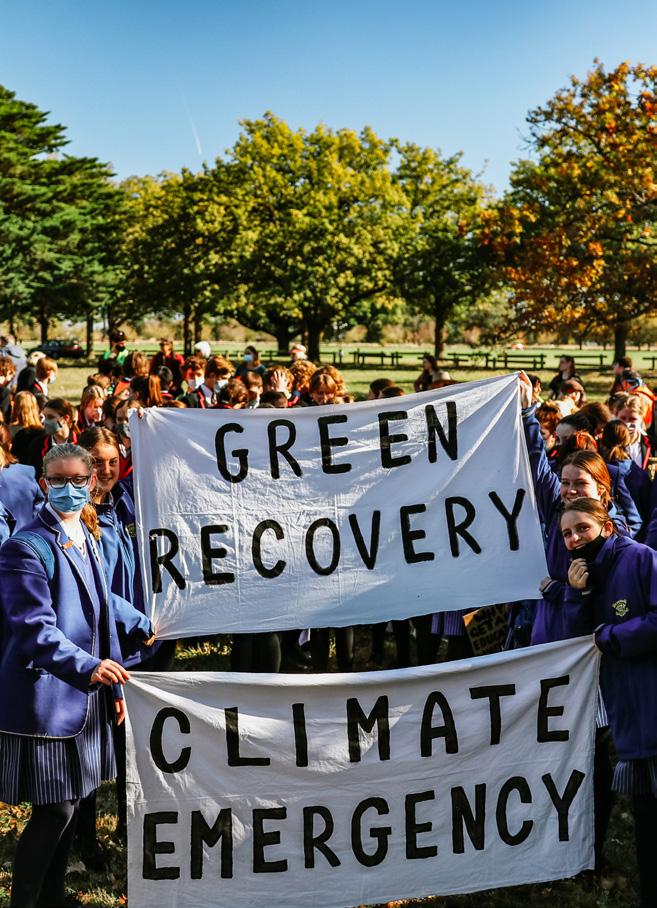
Visit: https://www. goodcareersguide.com. au/#career_ladders to view possible career opportunities from studying SOCIAL SCIENCE
The study of VCE Sociology assists in the development of an appreciation of cultural diversity, and in an understanding of human behaviour and social structures. Further, it directs students’ attention to how aspects of society are interrelated, as well as to the causes and impacts of social change.
VCE Sociology provides valuable knowledge and skills for participation in everyday life. It develops a capacity for detailed observation of social patterns and group behaviour, and encourages students to become aware of and to think about daily life and activities, as well as wider social issues, from a sociological perspective.
This study broadens students’ insights into key sociological frameworks and social institutions, enabling them to pursue further formal study at a tertiary level or in vocational education and training settings.
Unit 1: Youth and family
Unit 2: Deviance and Crime
Unit 3 Culture and ethnicity
Unit 4: Community, social movements and social change
Why would a student choose this subject?
• You are interested in the study of human groups and social behaviour.
• You enjoy reading, writing and analysing research.
• You are considering a career in law, politics or social welfare.
• You would like to develop your communication skills.
• You enjoy learning about history and culture.
What are some of the career opportunities from studying Sociology?
• Lawyer
• Social Commentator
• Journalist
• Counsellor
• Community Development
• Film and Television Industry
• Researcher
• Teacher or University Lecturer
• Social Worker or Disability Services
• Training
• Environmental Health
• Cultural Heritage Officer
Languages are much more than being able to speak to locals when on holiday in a foreign country. It’s an opportunity to gain deep insight into another culture which fosters tolerance and understanding between people. As our cities become more diverse, we are in a far stronger position to communicate with others when we have another language in our repertoire. We also begin to appreciate our own culture just as much.
Learning a foreign language allows us to develop many skills which are relevant for our other subjects too: analytical skills, problem-solving skills, creativity, listening and communication skills, as well as enhancing memory. Many students who study VCE lanuages are able to transfer these skills into other fields of study, including Law, Arts and Science at University and beyond. We also learn more about English when we study a foreign language.
Learning a foreign language makes us more employable in the future. Business skills and foreign language skills go hand in hand; you are at a distinct advantage in the global market if you are able to speak another language. An employee is much more valuable if they are able to communicate successfully with a range of people from other countries.
The purpose of this study is to enable students to communicate with others, to understand and appreciate the cultural contexts in which French/Japanese is used, to understand their own culture through the study of other cultures, to understand French/Japanese as a system, to make connections between French/Japanese and English and/or other languages and to apply to work, further study, training and leisure.
The purpose of this study is to enable students to develop their ability to communicate effectively in French/Japanese: to increase their aural, oral, reading and writing skills and their knowledge of the linguistic elements of French/Japanese to encourage an appreciation of the views, literature, thought and culture of the French and Japanese speaking people.
Why would a student choose a language subject?
• You enjoy languages and linguistics.
• You enjoy learning about other cultures.
• You are interested in overseas travel.
• You would like to develop your communication skills.
• You enjoy interacting with other people.
What are some of the career opportunities from studying Languages?
• International Relations
• Diplomatic Services
• Interpreter
• Translator
• Politics
• Speech Pathologist
• Primary or Secondary Teacher
• Hotel Manager
• Tour guide
• Hospitality
PLEASE NOTE: VCE subjects in French and Japanese languages are only available to students who have studied those subjects in Years 10 and 11. All students are expected to enhance their communication, cultural understanding, analytical skills and improving their ability to communicate in the language by focusing on speaking, listening, reading, viewing, and writing. This involves participating in conversations, interpreting spoken and written texts, and presenting information coherently.
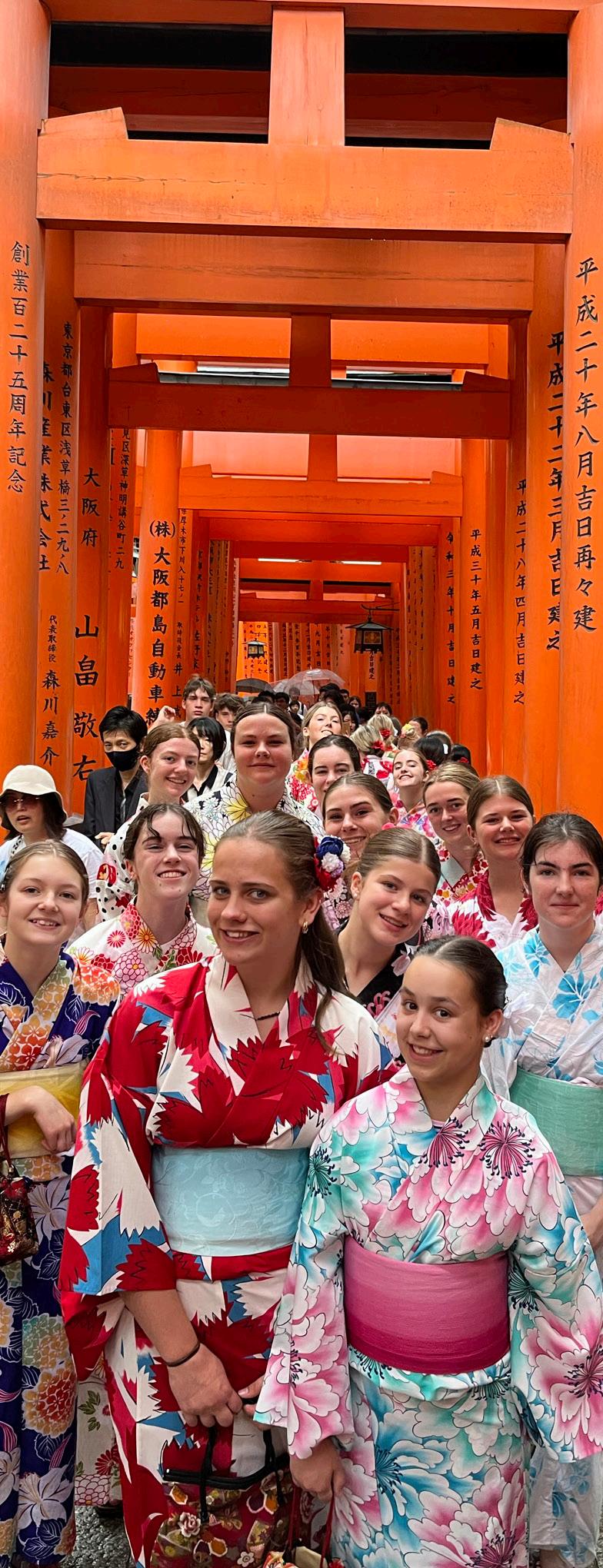
Visit: https://www. goodcareersguide.com. au/#career_ladders to view possible career opportunities from studying LANGUAGES
Year 9 Maths
PRIME MATHEMATICS (Select Entry)
YEAR 10
MATHEMATICAL METHODS
Year 10
YEAR 10
GENERAL MATHEMATICS
YEAR 10 FOUNDATION MATHEMATICS
SPECIALIST MATHEMATICS
(Must be done in conjunction with Methods)
MATHEMATICAL METHODS
GENERAL MATHEMATICS
FOUNDATION MATHEMATICS
VOCATIONAL MAJOR: NUMERACY
SPECIALIST MATHEMATICS
(Must be done in conjunction with Methods)
NOTE: Solid Arrows indicate the most common pathways and the dotted arrows show possible alternatives.
MATHEMATICAL METHODS
GENERAL MATHEMATICS
FOUNDATION MATHEMATICS
Students from Year 10 Prime Mathematics or Year 10 Mathematical Methods may apply to complete General Maths Units 3 and 4 in Year 11.
All Year 10 Maths subjects may serve as a pre-requisite for the Vocation Major in Numeracy. In this subject there is an emphasis on vocational and applied learning in relation to Mathematics and is part of the VCE Vocational Major pathway.
VOCATIONAL MAJOR: NUMERACY
Foundation Mathematics Units 1 and 2 focus on providing students with the mathematical knowledge, skills, understanding and dispositions to solve problems in real contexts for a range of workplace, personal, further learning, and community settings relevant to contemporary society.
Students will further develop their knowledge and capability to plan and conduct activities independently and collaboratively, communicate their mathematical ideas, and acquire mathematical knowledge skills to make informed decisions in their lives. The areas of study for Foundation Mathematics Unit 1 are ‘algebra, number and structure’, ‘data analysis, probability and statistics’, ‘discrete mathematics’, and ‘space and measurement’.
In General Mathematics there is a focus on statistics and data analysis, both univariate and bivariate. Students will also work on linear algebra and graphs, networks, matrices, number patterns and recursion and financial arithmetic. In this subject there is a strong emphasis on the use of technology to solve problems and the Casio Classpad is used extensively. All topics in Mathematics B will be explored further in General Mathematics. General Mathematics is most suitable for students who studied Mathematics B in Year 10. This subject is designed to prepare students to study General Mathematics Units 3 & 4.
In Mathematical Methods there is an emphasis on the graphing of functions and the associated algebra. A range of functions are explored, including linear, quadratic, cubic, quartic, exponential, logarithmic, truncus, rectangular hyperbola and circular functions. These functions are used to model real life situations. Functions and behaviour of variables are also investigated using the wonderful world of calculus. Students will also explore situations involving chance and develop a range of strategies to find the theoretical probability of events, conditional probability and be able to identify independent events. They will also be introduced to the concept of a probability distribution.
To study Mathematical Methods in Year 11, students need to have studied either Mathematics A or Prime Mathematics in Year 10. This subject is a prerequisite for Mathematical Methods Units 3 & 4. Students may also choose to study General Mathematics Units 3 & 4 in Year 12.
Specialist Mathematics leads students into a range of new areas of mathematics many of which have direct applications in areas of science and data analysis. Students will use vectors to explore motion and forces, circular functions to model cyclic variables and use probability and statistics to evaluate the probability of random variables. Students will also be introduced to complex numbers and the mysterious world of i.
To study Specialist Mathematics in Year 11, students need to have studied either Mathematics A or Prime Mathematics in Year 10. While Specialist Mathematics Units 1 & 2 is not a prerequisite it is strongly recommended for students planning to study Specialist Mathematics Units 3 & 4. Specialist Mathematics Units 1 & 2 must be studied in conjunction with Mathematical Methods Units 1 & 2.

Visit: https://www. goodcareersguide.com. au/#career_ladders to view possible career opportunities from studying MATHEMATICS
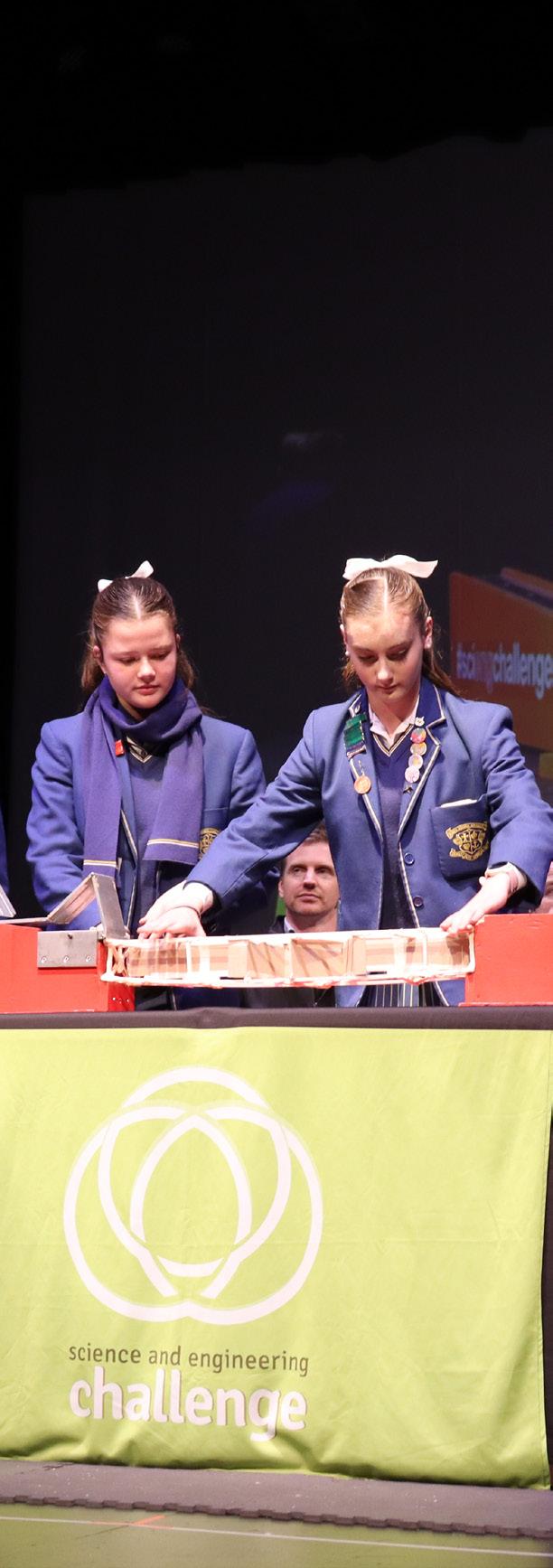
Visit: https://www. goodcareersguide.com. au/#career_ladders to view possible career opportunities from studying MATHEMATICS
To study General Mathematics Unit 3 & 4 in Year 11, students need to have demonstrated excellent study habits in Year 10 Maths A or Prime Mathematics, strong mathematics results and will need to apply for this subject using the process specified by the school.
Foundation Mathematics Units 3 and 4 continue to work on material covered in Units 1 and 2. The focus is on developing mathematical knowledge, skills and understanding to solve problems in real contexts for a range of workplace, personal, further learning, community and global settings relevant to contemporary society.
The areas of study for Units 3 and 4 are ‘algebra, number and structure’, ‘data analysis, probability and statistics’, ‘discrete mathematics’ and ‘space and measurement’. Assessment for this subject consists of internally assessed mathematical investigations (60%) as well as an externally assessed examination (40%).
General Mathematics is a useful study for anyone wanting to deal with numerical data. It is intended to be widely accessible and will provide a general preparation for employment and further study for students who are contemplating a career in tourism, nursing, disability studies, human movement, arts/primary teaching, accounting, medical records administration, fashion, photography, arts/early childhood and arts/business.
General Mathematics consists of four compulsory core topics which are studied by all General Mathematics students in Victoria. These are:
1. Data Analysis – univariate and bivariate data, linear regression and time series.
2. Recursion and Financial modelling – depreciation of assets, compound interest and loans, reducing balance loans, annuities and perpetuities.
3. Networks and Decision Mathematics – graphs and networks, trees, flow problems, shortest path, matching problems, critical path analysis.
4. Matrices – matrices and applications, transition matrices.
Mathematical Methods provides a grounding in abstract mathematics. It is especially relevant to students thinking of careers in any field that involves mathematics. Such careers would include commerce, economics, accounting, business, dental science, health science, applied science, computer science, interior design, architecture, medicine and engineering.
In this subject, students continue their study of functions and graphs, algebra, calculus, pseudocode and probability and statistics. Students will use a range of functions to model real life situations and explore these using a variety of algebraic processes and calculus. Students will also investigate situations involving chance and construct a range of probability distributions to find probabilities in real life situations.
Specialist Mathematics is relevant to students considering careers in any field that involves Mathematics, including computing, surveying, computer science, engineering, medicine, architecture and applied science.
In Specialist Mathematics a range of topics are studied which have direct applications in real life. These include pseudocode and complex numbers which are used in electronics, vectors and vector functions. These are used to describe motion, forces and kinematics used to analyse objects in motion and dynamics which explore the impact of forces on an object, probability and statistics used to test hypotheses. While there is some function work, the emphasis in this subject is on how mathematics can be applied in real life. Specialist Mathematics must be studied in conjunction with Mathematical Methods Units 3 & 4.
What are some of the career opportunities from studying Mathematics?
• Accountant
• Actuary
• Aerospace Engineer
• Air Traffic Controller
• Architect
• Astronomer
• Bank Officer
• Biotechnologist
• Data Analyst
• Engineering (Civil, Mechatronics, Environmental, Electrical)
• Economist
• Financial Planner
• Geophysicist
• Market Researcher
• Optometrist
• Physicist
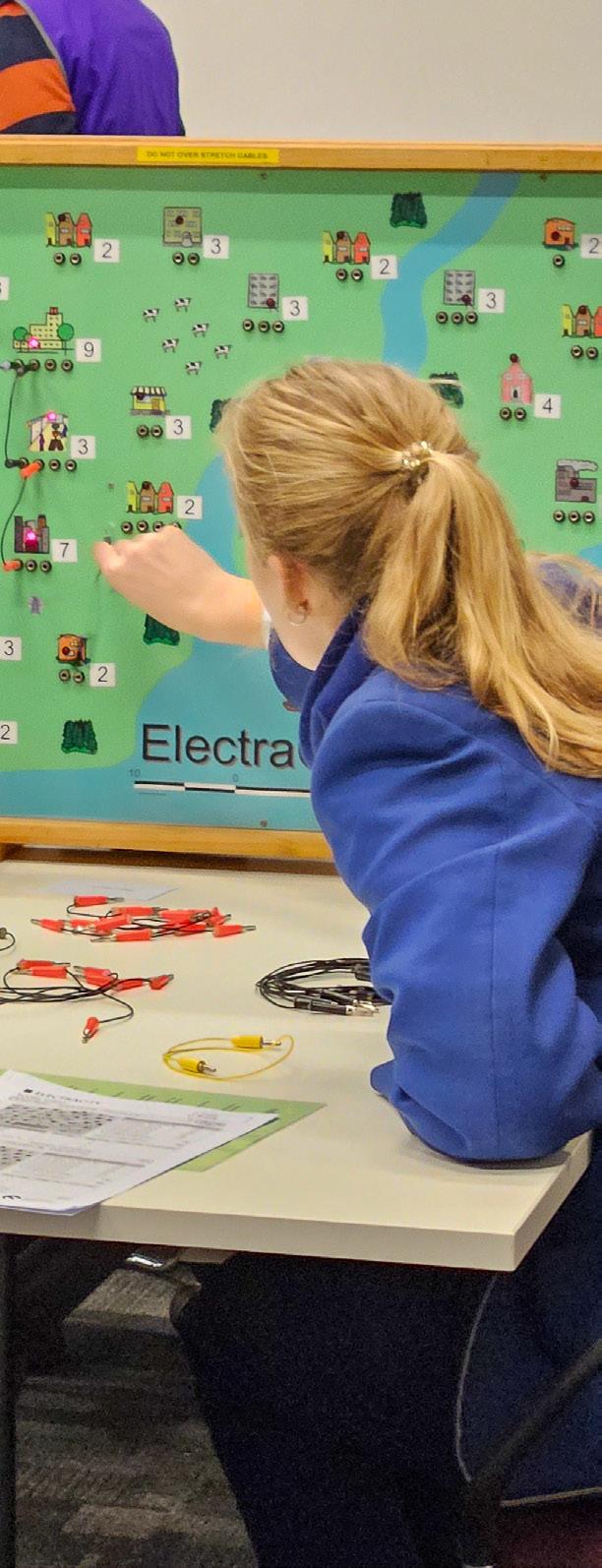
Visit: https://www. goodcareersguide.com. au/#career_ladders to view possible career opportunities from studying MATHEMATICS
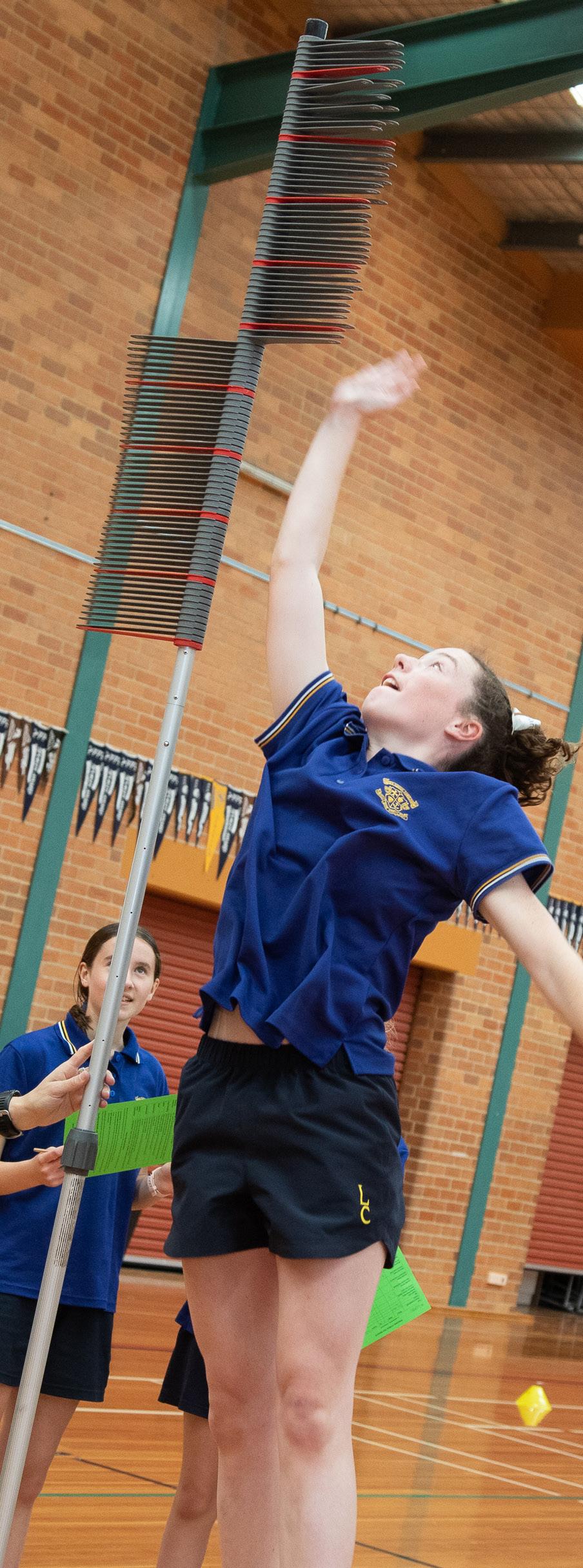
Visit: https://www. goodcareersguide.com. au/#career_ladders to view possible career opportunities from studying HEALTH & HUMAN DEVELOPMENT
VCE Health & Human Development takes a broad approach to understanding health and wellbeing and human development as dynamic concepts, subject to a complex interplay of biological, sociocultural and environmental factors, many of which can be modified by health care and interventions.
Students will investigate Australian and global variations in health status between populations and nations. They look at the Australian healthcare system and research what is being done to address inequalities in health and development outcomes. They examine and evaluate the work of global organisations such as the United Nations and the World Health Organisation, as well as non-government organisations and the Australian government’s overseas aid program. Students develop an understanding of health as they connect their learning to their lives, communities and the world. They develop a capacity to respond to health information, advertising and other media messages, enabling them to put strategies into action to promote health and wellbeing in both personal and community contexts.
Unit 1: Understanding health and wellbeing
Unit 2: Managing health and development
Unit 3: Australia’s health in a globalised world
Unit 4: Health and human development in a global context
Why would a student choose this subject?
• You enjoy being healthy.
• You are interested in the study of human health and wellbeing.
• You are interested in social justice.
• You are considering a career in health or human services.
• You enjoy helping people.
What are some of the career opportunities from studying Health & Human Development?
• Allied Health Services
• Education
• Nursing
• Humanitarian Aid Work
• Mental Health Agencies
• Services for Adolescents, Older Adults and Special Needs Services
• International Relations
• Case Management & Human Services
• Community Health Research and Policy Development
• Health Promotion
PLEASE NOTE: Students should be aware that a solid foundation of Literacy skills is desirable due to the high volume of written work required in this subject.
VCE Physical Education (PE) explores the interrelationships between anatomical, biomechanical, physiological and skill acquisition principles to understand their role in producing and refining movement, and examines behavioural, psychological, environmental and sociocultural influences on performance and participation in physical activity. Students participate in a variety of practical activities to examine the core concepts that underpin movement and the relative contribution and interplay of the three energy systems in providing energy. Students critique the effectiveness of the implementation of training principles and methods to meet the needs of the individual and evaluate the chronic adaptations to training from a theoretical perspective. The study also prepares students for employment and/or further study at the tertiary level or in vocational education and training settings in fields such as exercise and sport science, health science, education, recreation, sport development and coaching, health promotion and related careers.
Unit 1: The human body in motion
Unit 2: Physical activity, sport and society
Unit 3: Movement skills and energy for physical activity, sport and exercise
Unit 4: Training to improve performance
Why would a student choose this subject?
• You enjoy physical activity.
• You are interested in the science of the body.
• You are considering a career in sport or health.
• You like to be fit and healthy, and you promote these qualities.
What are some of the career opportunities from studying Physical Education?
• Sports Science
• Allied Health Professions (eg. Physiotherapy, Chiropractic, Occupational Therapy)
• Teaching
• Nutritionist or Dietician
• Professional Sportsperson
• Sports Coach/Consultant
• Fitness Instructor
• Health Promotion Officer
• Personal Trainer
• Sports policy maker at local and national level
PLEASE NOTE: Students should be aware that practical activities are an essential part of Physical Education. Students are required to fully participate in all practical sessions to pass this subject. The Study Design states that students ‘must maintain a reflective folio of activities completed in each of Units 1-4 as a source of primary data’. Several SACs rely on the use of this primary data so it is impossible to complete some of the Outcomes without full participation. The theoretical components of this course are complex and scientific. An attempt is made to undertake one practical activity per two-week cycle that links the theory with practice, but the majority of class time is spent in the classroom learning the key knowledge and applying the key skills.
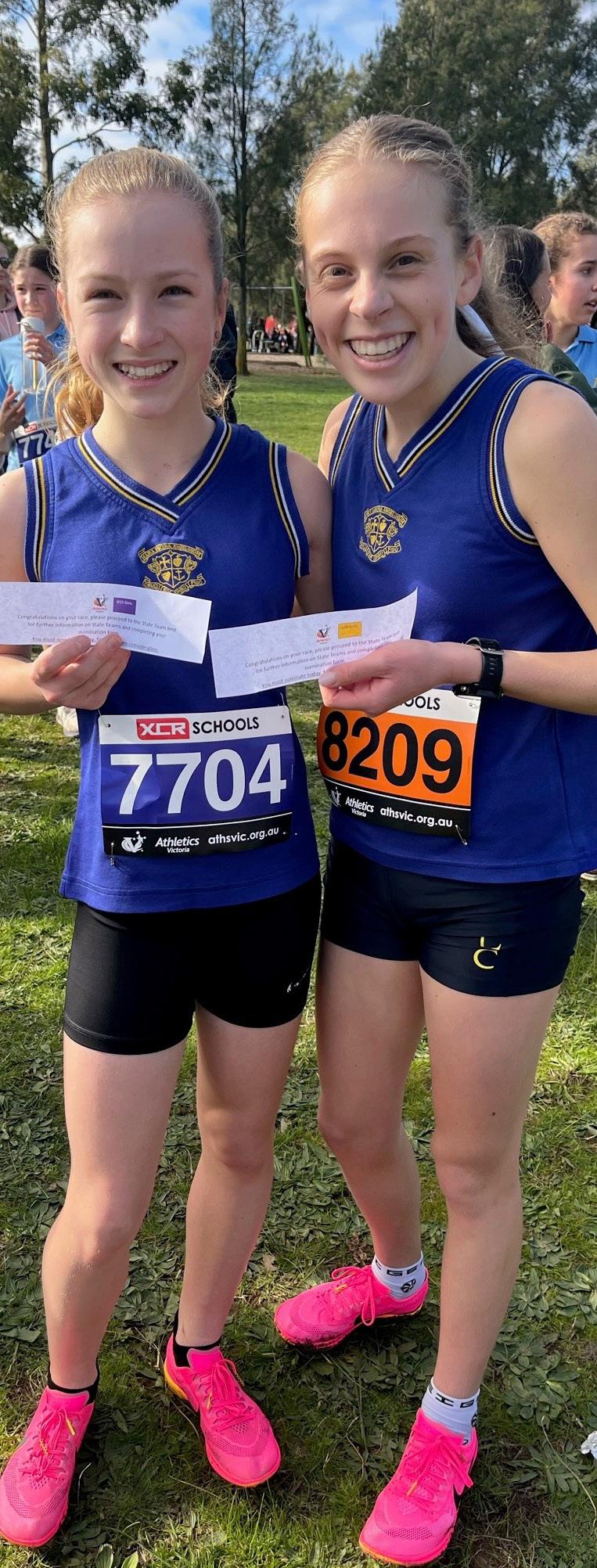
Visit: https://www. goodcareersguide.com. au/#career_ladders to view possible career opportunities from studying PE
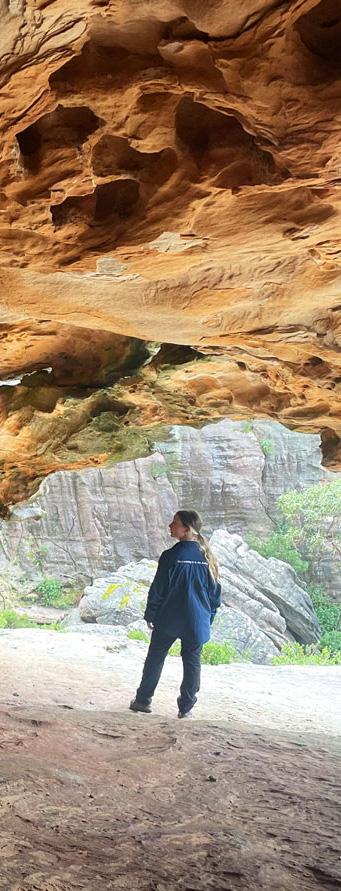
Visit: https://www. goodcareersguide.com. au/#career_ladders to view possible career opportunities from studying OUTDOOR AND ENVIRONMENTAL STUDIES
Outdoor and Environmental Studies is about understanding different types of environments and developing ‘relationships’ with them through having experiences in the outdoors. This subject is for students who lean towards learning through actively engaging in practical activities.
Ultimately, this subject is about individuals’ and society’s relationships with the environment in the past, present and future. Practical activities are designed to give students a deeper understanding of these relationships through experience. Practical activities may include things that you would expect such as: bushwalking, rock-climbing, canoeing, surfing, etc. but may also include activities such as conservation work and farming.
Unit 1: Connections with outdoor environments
Unit 2: Discovering outdoor environments
Unit 3: Relationships with outdoor environments
Unit 4: Sustainable outdoor environments
Why would a student choose this subject?
• You enjoy being outdoors.
• You enjoy outdoor activities.
• You have a passion for the environment.
• You are interested in sustainability.
• You have a desire to make a positive impact on environmental issues.
What are some of the career opportunities from studying Outdoor and Environmental Studies?
• Conservationist
• Professional (i.e. sponsored) Athlete e.g. Rock-Climber, Surfer, Mountaineer etc.
• Park Ranger
• Agricultural Engineer / Farmer
• Army/Defence Officer
• Environmental Health Officer
• Environmental Scientist
• Forester
• Geophysicist
• Marine Biologist
• Natural Resource Manager
• Outdoor Education Teacher / Outdoor Instructor
• Tour Guide / Professional Guide eg: World Expeditions Leader
*NOTE: This subject will be phased out for Year 12 by 2027 with students completing Units 1 & 2 in Year 10 and then Units 3 & 4 in Year 11. This is due to the impact of time spent on camps effecting other Year 12 subjects.
2025: Year 10 - Units 1 & 2 only offered. Year 11 – Units 1 & 2. Year 12 – Units 3 & 4. 2026: Year 10 - Units 1 & 2 only offered. Year 11 – Units 3 & 4 only. Year 12 – Units 3 & 4. 2027: Year 10 - Units 1 & 2 only offered. Year 11 – Units 3 & 4 only. Year 12 – no subject offered.
PLEASE NOTE: Full participation in outdoor experiences (overnight camps and excursions) are an expectation and requirement of enrolment in this course. These experiences are used as the basis for several SAC’s, so successful achievement of Outcomes is reliant upon this participation.
Year 10
BIOLOGY
CHEMISTRY
PHYSICS
AGRICULTURAL STUDIES
ENVIRONMENTAL SCIENCE
PSYCHOLOGY
Year 11
BIOLOGY
CHEMISTRY
PHYSICS
AGRICULTURAL STUDIES
ENVIRONMENTAL SCIENCE
PSYCHOLOGY
Year 12
BIOLOGY
CHEMISTRY
PHYSICS
AGRICULTURAL STUDIES
ENVIRONMENTAL SCIENCE
PSYCHOLOGY
BIOLOGY
PSYCHOLOGY
BIOLOGY
PSYCHOLOGY
Pre VCE
Unit 1 & 2
Unit 3 & 4
In Year 10, each option is one semester long. You must choose at least one for the year but up to 4 can be completed in the year.
Biology, Chemistry and Physics studies in Year 10 allows students to access all of the Unit 1 & 2 Sciences.
Year 10 students may have the option to complete Units 1 & 2 in Biology or Psychology.
Agricultural Studies or Environmental Science* in Year 10 allows students to follow on with either subject in Year 11.
Psychology in Year 10 allows you to follow on with Psychology in Year 11. Each course will depend upon numbers.
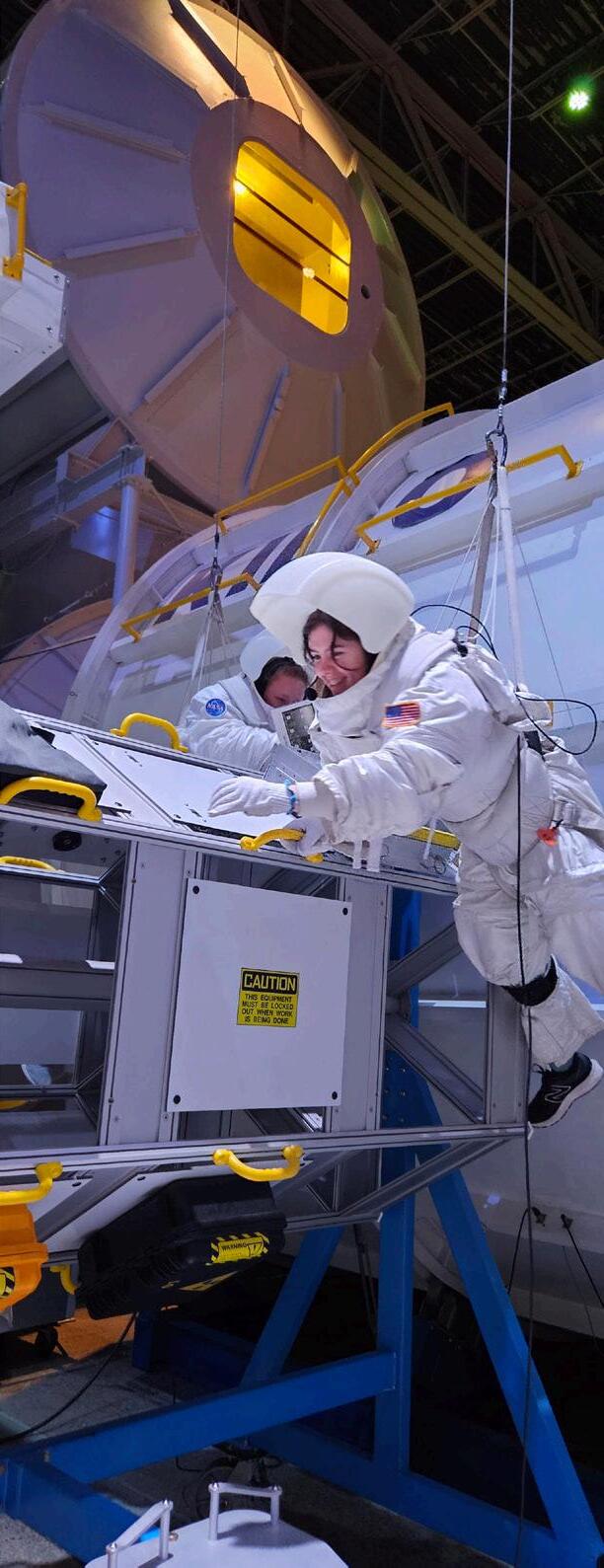
Visit: https://www. goodcareersguide.com. au/#career_ladders to view possible career opportunities from studying SCIENCE
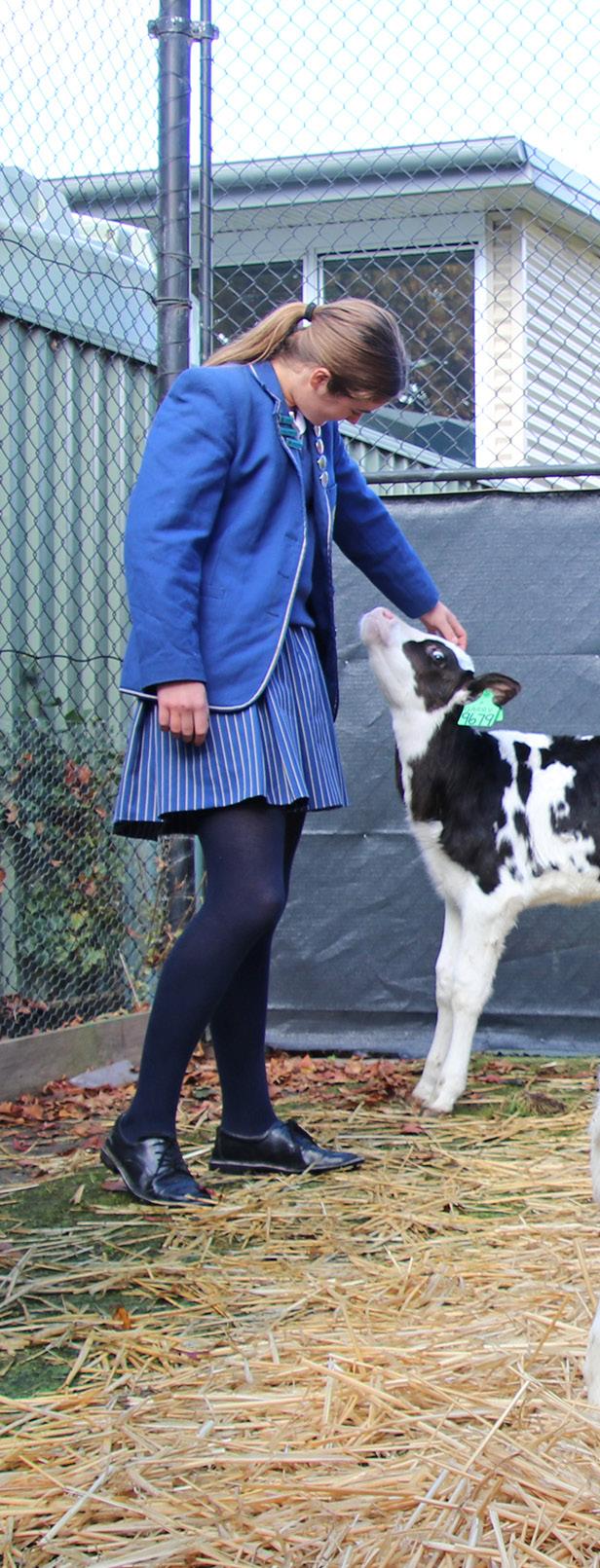
Visit: https://www. goodcareersguide.com. au/#career_ladders to view possible career opportunities from studying AGRICULTURAL SCIENCE
VCE Agricultural and Horticultural Studies develops students’ understanding of sustainable agricultural and horticultural systems within current economic, social and environmental contexts, and in view of ethical considerations.
The broad, applied nature of VCE Agricultural and Horticultural Studies prepares students for further studies and careers in agriculture, horticulture, land management, agricultural business practice and natural resource management. This study complements the skills focus of the competency-based nationally recognised VCE VET Agriculture, Horticulture, Conservation and Land Management program.
Unit 1: Change and Opportunity
Unit 2: Growing Plants and Animals
Unit 3: Securing the Future
Unit 4: Sustainable Food and Fibre Production
Why would a student choose this subject?
• You are interested in farming principals.
• You enjoy practical learning.
• You are interested in the environment and sustainability.
• You are interested in animal welfare.
• You enjoy growing plants, fruits and vegetables.
• You enjoy being outdoors.
What are some of the career opportunities from studying Agricultural & Horticultural Studies?
• Park Ranger
• Farmer or Farm Hand
• Botanist
• Agricultural or Environmental Engineer
• Environmental Scientist
• Environmental Management and Conservation
• Natural Resource Manager
• Forestry
• Horticultural Officer
• Government Public Service
• Landscape Architect
• Landcare Worker
The study of Biology explores the diversity of life as it has evolved and changed over time, and considers how living organisms function and interact. It explores the processes of life, from the molecular world of the cell to that of the whole organism, and examines how life forms maintain and ensure their continuity. An understanding of the complexities and diversity of biology provides students with the opportunity to appreciate the interconnectedness of concepts and areas both within biology, and across biology and the other sciences.
As well as increasing their understanding of scientific processes, students develop insights into how knowledge in biology has changed, and continues to change, in response to new evidence, discoveries and thinking.
Unit 1: How do organisms regulate their functions?
Unit 2: How does inheritance impact on diversity?
Unit 3: How do cells maintain life?
Unit 4: How does life change and respond to challenges?
Why would a student choose this subject?
• You are interested in the human body and how it works.
• You enjoy learning about diseases and genetics.
• You are a curious learner.
• You are interested in research and analytical thinking.
• You would like to pursue a career in science.
What are some of the career opportunities from studying Biology?
• Biotechnology or Biomedicine
• Microbiologist
• Dentistry
• Forensic science
• Education
• Environmental Management and Conservation
• Forestry
• Health Care
• Horticulture
• Medicine or Paramedic
• Nursing
• Optometry
• Physiotherapy
• Veterinary Science
Note: Unit 3 & 4 may only be attempted at Year 11 if a student has completed Unit 1 & 2 Biology in Year 10.
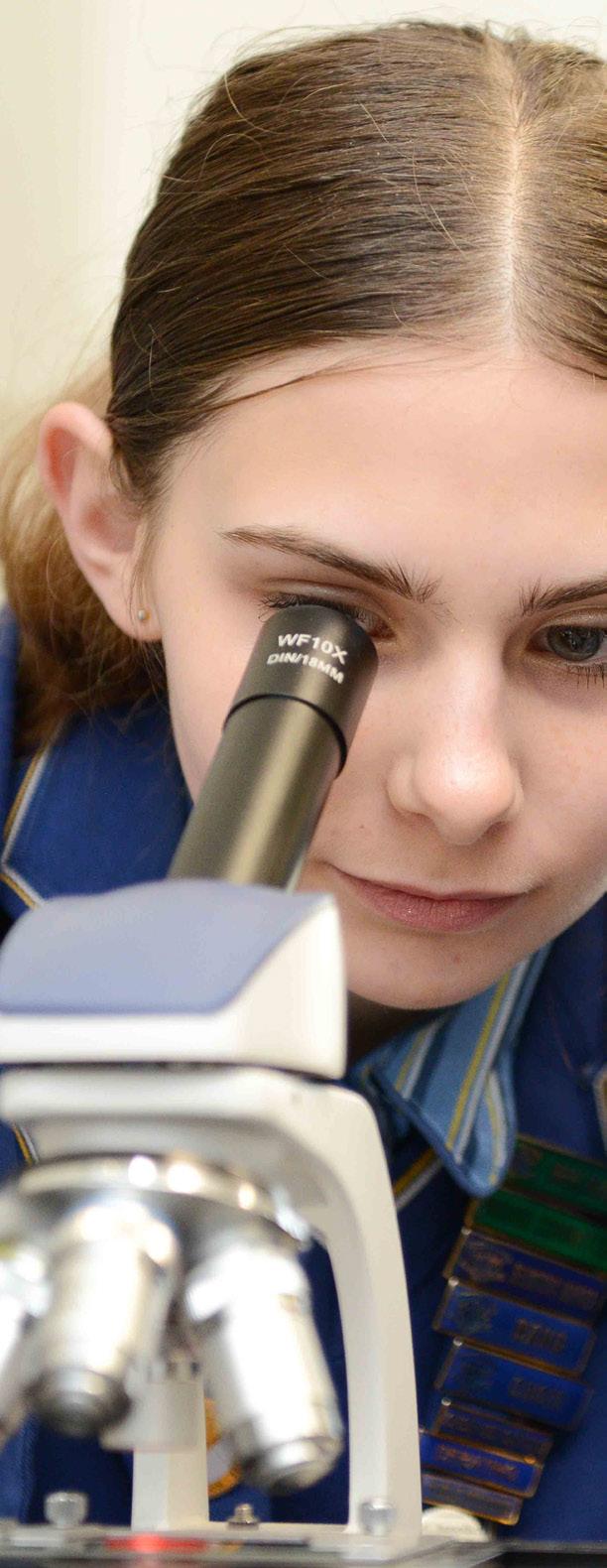
Visit:
https://www.
goodcareersguide.com. au/#career_ladders to view possible career opportunities from studying BIOLOGY

Visit: https://www. goodcareersguide.com. au/#career_ladders to view possible career opportunities from studying CHEMISTRY
The study of VCE Chemistry involves investigating and analysing the composition and behaviour of matter, and the chemical processes involved in producing useful materials for society in ways that minimise adverse effects on human health and the environment. Chemistry underpins the generation of energy for use in homes and industry, the maintenance of clean air and water, the production of food, medicines and new materials, and the treatment of wastes.
As well as increasing their understanding of scientific processes, students develop insights into how knowledge in chemistry has changed, and continues to change, in response to new evidence, discoveries and thinking. They explore the impact of chemistry on their own lives, and on society and the environment.
Unit 1: How can the diversity of materials be explained?
Unit 2: How do chemical reactions shape the natural world?
Unit 3: How can design and innovation help to optimise chemical processes?
Unit 4: How are carbon-based compounds designed for purpose?
Why would a student choose this subject?
• You are interested in elements, compounds and mixtures.
• You enjoy learning about chemical reactions.
• You are a curious learner.
• You are interested in research and analytical thinking.
• You would like to pursue a career in science.
• You enjoy experimenting and writing about your findings.
What are some of the career opportunities from studying Chemistry?
• Agriculture
• Chemical Engineer
• Dietetics
• Engineering
• Environmental Science
• Forensics
• Horticulture
• Medicine
• Metallurgy
• Meteorology
• Pharmacy
• Sports Science
• Vet Science
In VCE Environmental Science, Earth is understood as a set of four interrelated systems: the atmosphere, the biosphere, the hydrosphere and the lithosphere. This study explores how the relationships between these systems produce natural environmental change over a variety of time scales and how these systems respond to change and disruption. Students investigate the extent to which humans modify their environments and the consequences of these changes in local and global contexts with a focus on biodiversity, pollution, food and water security, climate change and energy use.
As well as increasing their understanding of scientific processes, students develop insights into how knowledge in environmental science has changed, and continues to change, in response to new evidence, discoveries and thinking. They develop capacities that enable them to critically assess the strengths and the limitations of science, respect evidence-based conclusions and gain an awareness of the ethical contexts of scientific endeavours, including sociocultural, economic, political and legal factors. Students consider the role of innovation and science in addressing contemporary environmental challenges.
ENVIRONMENTAL SCIENCE - UNITS 1 - 4
Unit 1: How are Earth’s dynamic systems interconnected to support life?
Unit 2: What affects Earth’s capacity to sustain life?
Unit 3: How can biodiversity and development be sustained?
Unit 4: How can climate change and the impacts of human energy use be managed?
Why would a student choose this subject?
• You care about the environment
• You like a hands-on approach learning to biology
• You like to work outside
• You are interested in the interaction of humans with their environment
• You care about environmental issues and learn about solutions (eg climate change)
What are some of the career opportunities from studying Environmental Science?
• Agricultural Engineer
• Agricultural Scientist
• Agricultural Technical Officer
• Animal Technician
• Biotechnologist
• Botanist
• Environmental Engineer
• Environmental Health Officer
• Geologist
• Hydrologist
• Marine Biologist
• Microbiologist
• Natural Resource Manager
• Toxicologist
• Urban and Regional Planner
• Zoologist
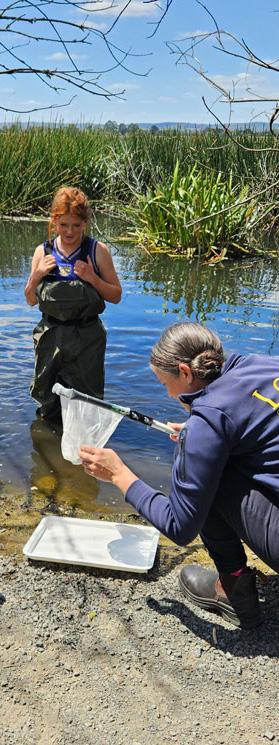
Visit: https://www. goodcareersguide.com. au/#career_ladders to view possible career opportunities from studying ENVIRONMENTAL SCIENCE
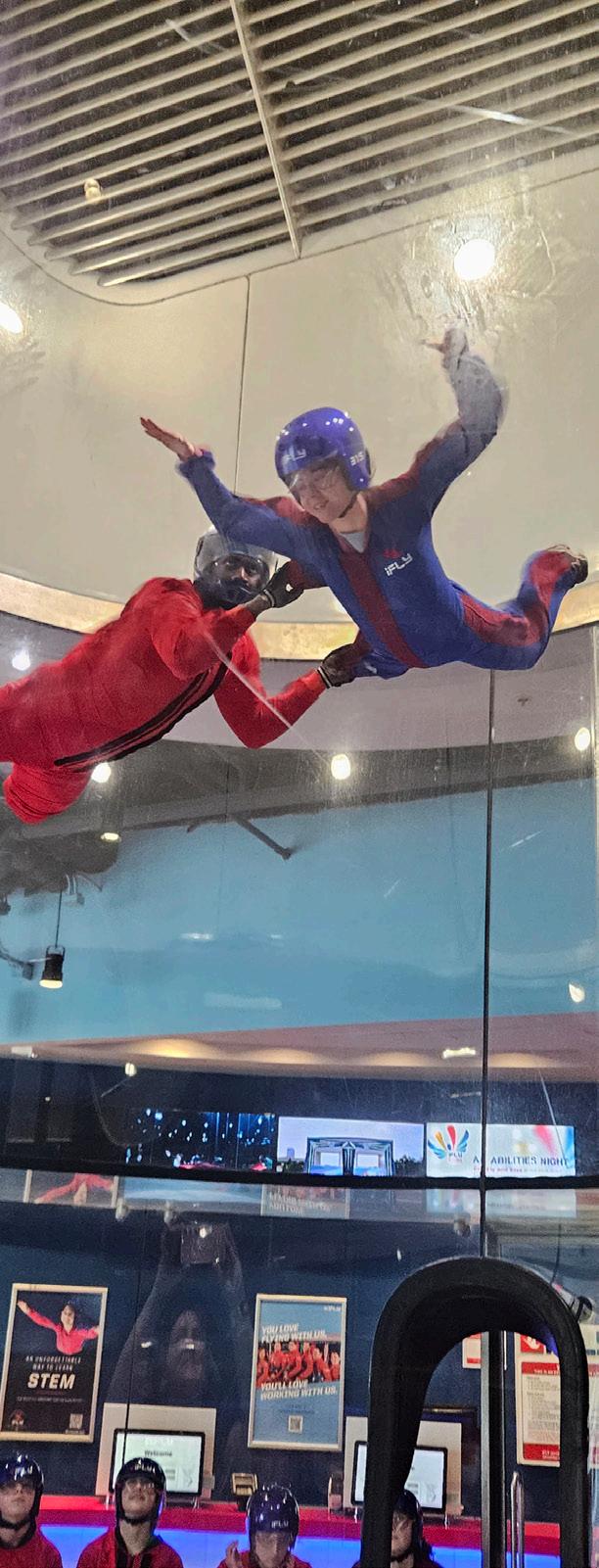
Visit: https://www. goodcareersguide.com. au/#career_ladders to view possible career opportunities from studying PYSICS
The study of VCE Physics involves investigating, understanding and explaining the behaviour of physical phenomena in the Universe. Models, including mathematical models, are used to explore, simplify and predict how physical systems behave at varying scales from the very small (quantum and particle physics) through to the very large (astronomy and cosmology).
Conceptual understanding is developed as students study topics including light, atomic physics, radiation, thermal physics, electricity, fields, mechanics, quantum physics and the nature of energy and matter. Students are given agency through a choice of options and in designing and undertaking their own investigations.
As well as increasing their understanding of scientific processes, students develop insights into how knowledge in physics has changed, and continues to change, in response to new evidence, discoveries and thinking.
Unit 1: How is energy useful to society?
Unit 2: How does physics help us to understand the world?
Unit 3: How do fields explain motion and electricity?
Unit 4: How have creative ideas and investigation revolutionised thinking in physics?
Why would a student choose this subject?
• You are interested in forces, light & sound, electricity and motion.
• You enjoy learning about the universe, what it is made of and how big it is.
• You are a curious learner.
• You are interested in research and analytical thinking.
• You would like to pursue a career in science.
What are some of the career opportunities from studying Physics?
• Acoustics
• Astrophysics and Cosmology
• Atmospheric Physics
• Computational Physics
• Education
• Energy Research Engineering
• Instrumentation
• Lasers and Photonics Medical Physics
• Nuclear Science
• Optics
• Pyrotechnics
• Radiography
Psychology is a multifaceted discipline that seeks to describe, explain, understand and predict human behaviour and mental processes. It includes many sub-fields of study that explore and seek to better understand how individuals, groups, communities and societies think, feel and act.
VCE Psychology applies a biopsychosocial approach to the systematic study of mental processes and behaviour. Within this approach, different perspectives, models and theories are considered. Biological perspectives focus on how physiology influences individuals through exploring concepts such as hereditary and environmental factors, nervous system functioning and the role of internal biological mechanisms. Psychological perspectives consider the diverse range of cognitions, emotions and behaviours that influence individuals. Within the social perspective, factors such as cultural considerations, environmental influences, social support and socioeconomic status are explored. The biopsychosocial approach can be applied to understand a variety of mental processes and behaviours.
As well as increasing their understanding of scientific processes, students develop insights into how knowledge in psychology has changed, and continues to change, in response to new evidence, discoveries and thinking.
Unit 1: How are behaviour and mental processes shaped?
Unit 2: How do internal and external factors influence behaviour and mental processes?
Unit 3: How does experience affect behaviour and mental processes?
Unit 4: How is mental wellbeing supported and maintained?
Why would a student choose this subject?
• You are interested in human behaviour.
• You enjoy learning about the human brain and how it works.
• You are a curious learner.
• You are interested in research and analytical thinking.
• You enjoy working with people and are interested in their wellbeing.
What are some of the career opportunities from studying Psychology?
• Forensic Psychology
• Clinical Psychology
• Educational Psychology
• Health Psychology
• Sport and Exercise Psychology
• Counselling Psychology
Note: Unit 3 & 4 may only be attempted at Year 11 if a student has completed Unit 1 & 2 Psychology in Year 10.
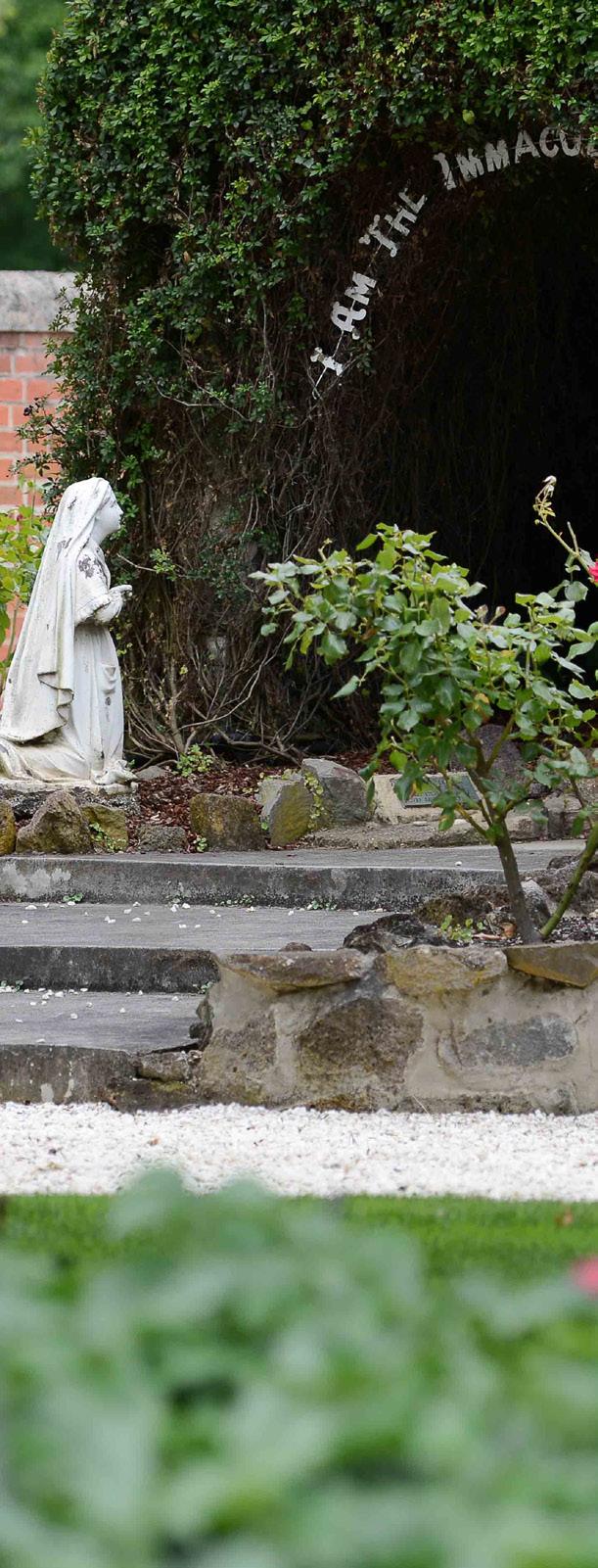
Visit:
https://www. goodcareersguide.com. au/#career_ladders to view possible career opportunities from studying PSYCHOLOGY
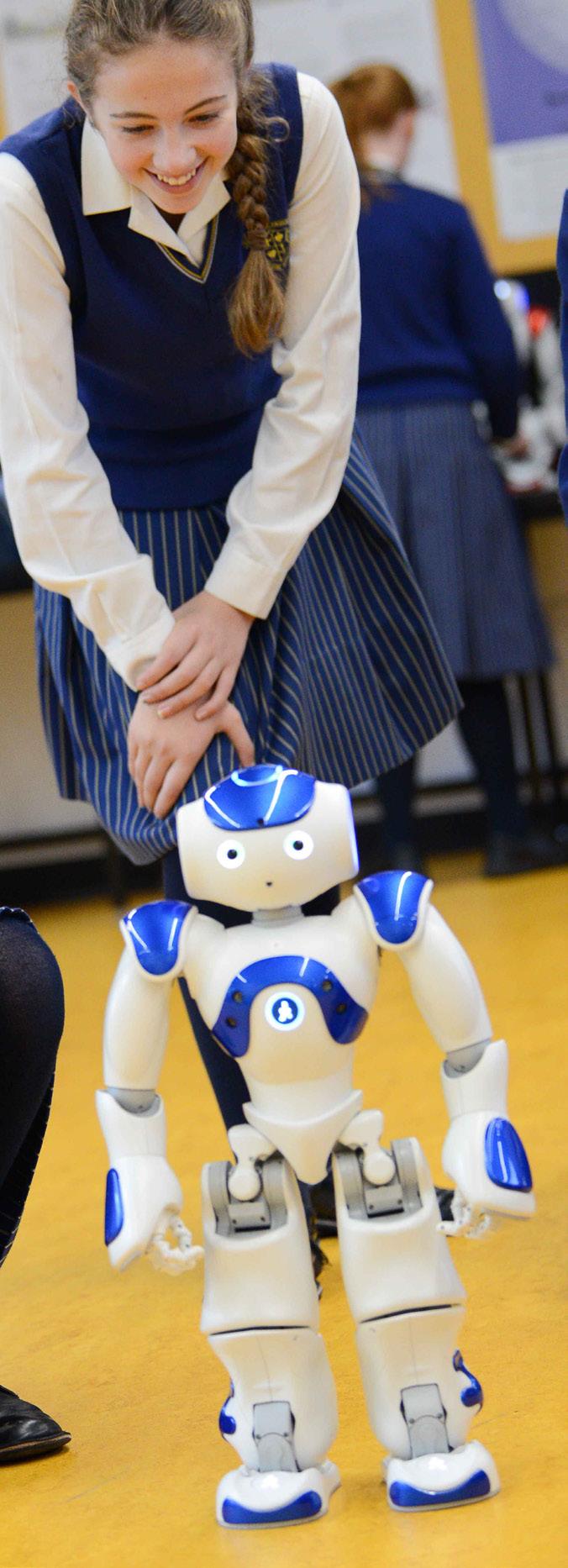
Visit: https://www. goodcareersguide.com. au/#career_ladders to view possible career opportunities from studying COMPUTING & IT
As technology continues to evolve rapidly, there are increasing opportunities for enterprising and entrepreneurial individuals to develop new technologies, as well as identify innovative uses for existing technologies. Students develop a range of data analytics, programming and cyber security skills that are in high demand in today’s digital age.
VCE Applied Computing equips students with the knowledge and skills required to navigate and adapt within a dynamic technological landscape, use emerging technologies, envisage new uses for digital tools and consider the benefits to society at a local, national and global level.
Unit 1: Problem solving methodology, spreadsheets, data visualisations, programming.
Unit 2: Innovative solutions, cyber security.
Unit 3: Analysis and design, infographics, data collection, legal requirements.
Unit 4: Development and evaluation, project plans, data security & breaches.
Why would a student choose this subject?
• You are interested in coding and computers.
• You enjoy analysing data.
• You enjoy structure and organisation.
• You are interested in digital technologies and graphic solutions.
• You would like to pursue a career in computing.
What are some of the career opportunities from studying Applied Computing?
• Business Analysis
• Computer Science and Programming
• Cybersecurity
• Data Analytics
• Data Science
• Data Management
• Games Development
• Multimedia Development
• ICT
• Networks
• Robotics
• Software Engineering
• Telecommunications
• Digital Technologies
Australia has a varied and abundant food supply. Globally, many people do not have access to a secure and varied food supply and many Australians, consume food and beverage products in quantities that may harm their health. Food and cooking and their roles in our lives, have become prominent topics in digital media and publishing. This study examines the various factors for this increased exposure and the background to this abundance of food, and it explores reasons for our food choices. VCE Food Studies is designed to build the capacities of students to make informed food choices and develop an understanding about food security, food sovereignty and food citizenship. Students develop their understanding of food while acquiring skills that enable them to take greater ownership of their food decisions and eating patterns.
This study enables students to:
• Develop as informed, discerning and capable food citizens.
• Build practical food skills in the planning, preparation, evaluation and enjoyment of food.
• Apply principles of nutrition, food science and sensory evaluation to food planning and preparation.
• Extend understanding of food origins, cultures, customs and behaviours.
• Understand global and local systems of food production, distribution and governance.
• Develop awareness of a diverse range of influences on food choices.
• Research and discuss issues relating to sustainability, and the legal, economic, psychological, sociocultural, health, ethical and political dimensions of our food systems.
• Analyse and draw evidence-based conclusions in response to food information, food advertising and current food trends.
Unit 1: Food origins
Unit 2: Food makers
Unit 3: Food in daily life
Unit 4: Food issues, challenges and futures
Why would a student choose this subject?
• You are interested in cooking and food preparation?
• You enjoy learning about the origins of food and natural resources?
• You are interested in hands-on experimentation?
• You enjoy critical and creative thinking?
• You are interested in becoming an informed food consumer focusing on food and nutrition?
What are some of the career opportunities from studying Food Studies?
• Food Technologist
• Dietitian
• Nutritionist
• Hospitality
• Environmental Health
• Teacher in Food Technology and Health and Human Development
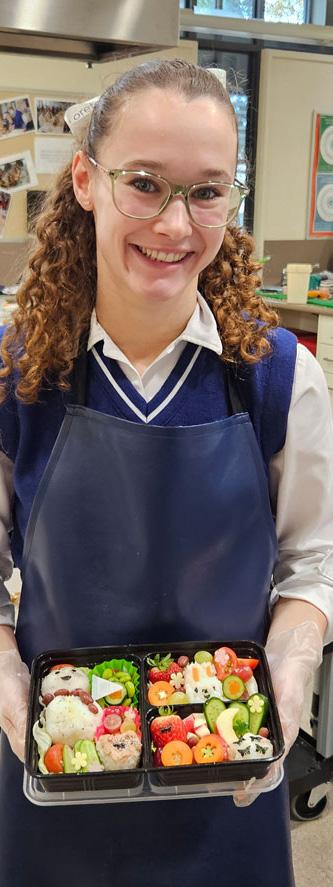
Visit: https://www. goodcareersguide.com. au/#career_ladders to view possible career opportunities from studying FOOD STUDIES
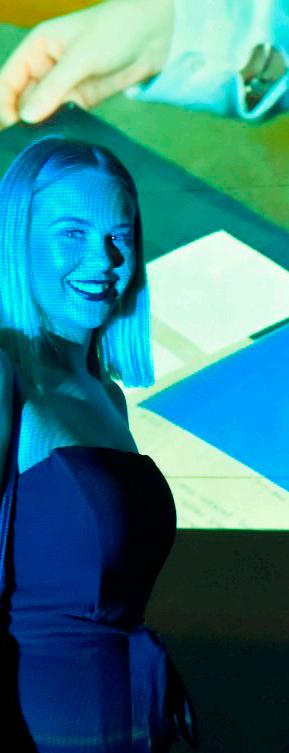
Visit: https://www. goodcareersguide.com. au/#career_ladders to view possible career opportunities from studying MULTIMEDIA
If you are creative and want to learn about the media industry, then this program may be for you.
Explore how to work effectively in the creative arts industry, critical thinking and teamwork, on-the-job safety protocols, preparing video and photo assets and how to follow a design process.
Students learn how to provide creative solutions and strengthen their technical skills such as website development, visual design and 2D digital animation.
Learn a broad range of skills and knowledge to pursue a career or further training in the screen and media industry, in areas such as film and television production, animation, photography, radio broadcasting and content creation.
This VET subject is available at the Loreto College Ballarat campus.
You learn from the following subjects (Units of Competency):
• Follow a design process BSBDES201
• Develop drawing skills to communicate ideas CUAACD201
• Apply critical thinking skills in a team environment BSBCRT311
• Work effectively in the creative arts industry CUAIND311
• Perform basic vision and sound editing CUAPOS211
• Apply work health and safety practices CUAWHS312
• Write content for a range of media CUAWRT301
• Author interactive sequences CUADIG312
• Explore and apply the creative design process to 2D forms CUADES302
• Create visual design components CUADIG304
• Create 2D digital animations CUAANM301
What are some of the career opportunities from studying Certificate III in Screen and Media?
• Editing Assistant
• Content Creator
• Assistant Sound Technician
• Assistant Audio Visual Technician
• Assistant Radio Producer
• Podcast Producer
• Community Radio Producer
• Community Radio Presenter
• Junior Animator
• Camera Assistant
• Technical Production Assistant.
Product Design is a solution-focused approach that engages with the diverse needs and opportunities of individuals, society, and the environment in which we live. Product designers aim to improve welfare, which includes quality of life, by designing innovative, ethical solutions.
This study of design offers students a unique focus on creativity through the development and production of innovative and ethical products. Building upon their knowledge and understanding of materials and production students work through the design process as designer – makers, who design solutions that are innovative and ethical. As designer – makers, they learn about the design industry, teamwork, and the collaborative nature of teams, innovative technologies, and enterprise. This mirrors professional design practice where designers often work within a multidisciplinary team to develop solutions to design problems.
Students take a structures approach towards the design process to design and make their own product suitable for an intended purpose using a variety of materials, tools, and technologies.
Unit 1: Design practices
Unit 2: Positive impacts for end users
Unit 3: Ethical product design and development
Unit 4: Production and evaluation of ethical designs
Why would a student choose this subject?
• You are interested in sustainable, ethical design practices.
• You enjoy learning about the design process within the design and fashion industries.
• You like to use digital and manufacturing technologies.
• You enjoy designing and creating products.
• You are interested in hands-on learning with a high level of creative thinking.
• You like to manage your work in a folio.
• You enjoy learning in a non-conventional classroom environment.
What are some of the career opportunities from studying Product Design & Technology?
• Product Designer
• Fashion Design
• Theatre, Film and Television
• Interior Design, Spaces and Exhibitions
• Fashion Merchandising.
• Fashion Stylist
• Teacher- Product Design and Technologies.
• Industrial Design
• Landscape Design
• Textile Design
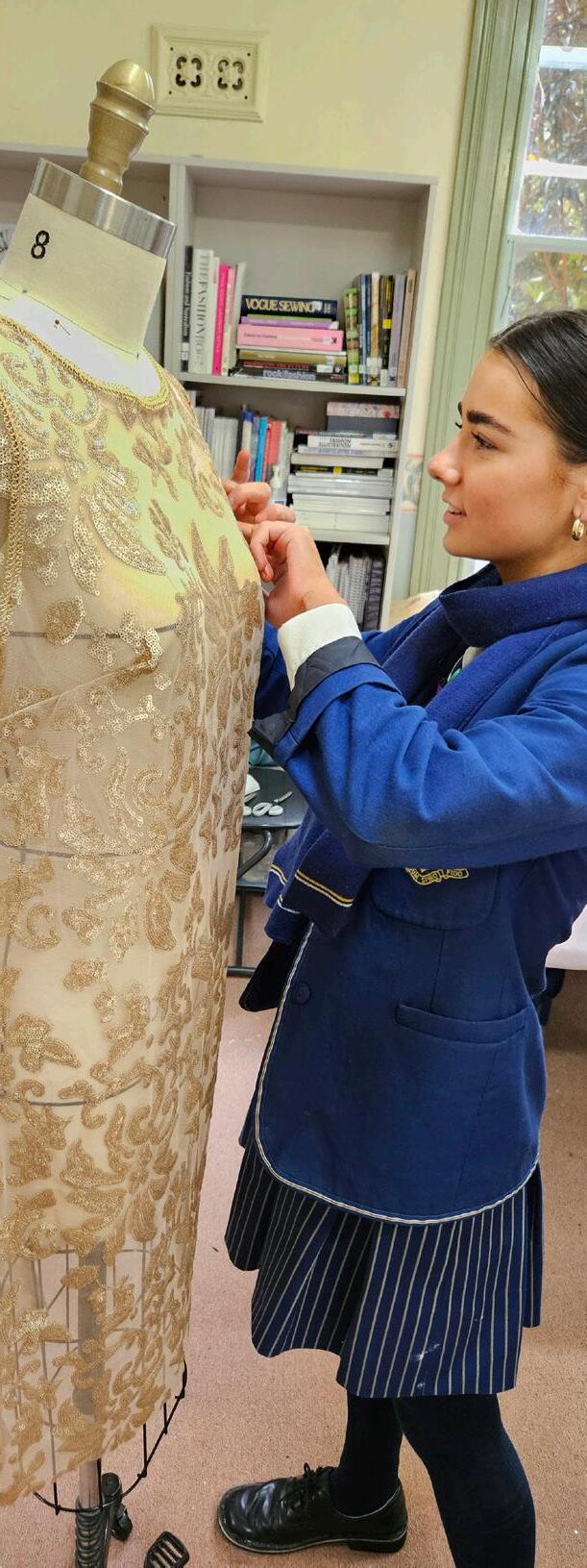
Visit: https://www. goodcareersguide.com. au/#career_ladders to view possible career opportunities from studying TEXTILES
• LITERACY
• NUMERACY
• PERSONAL DEVELOPMENT SKILLS
• WORK RELATED SKILLS
• CERTIFICATE III IN BUSINESS
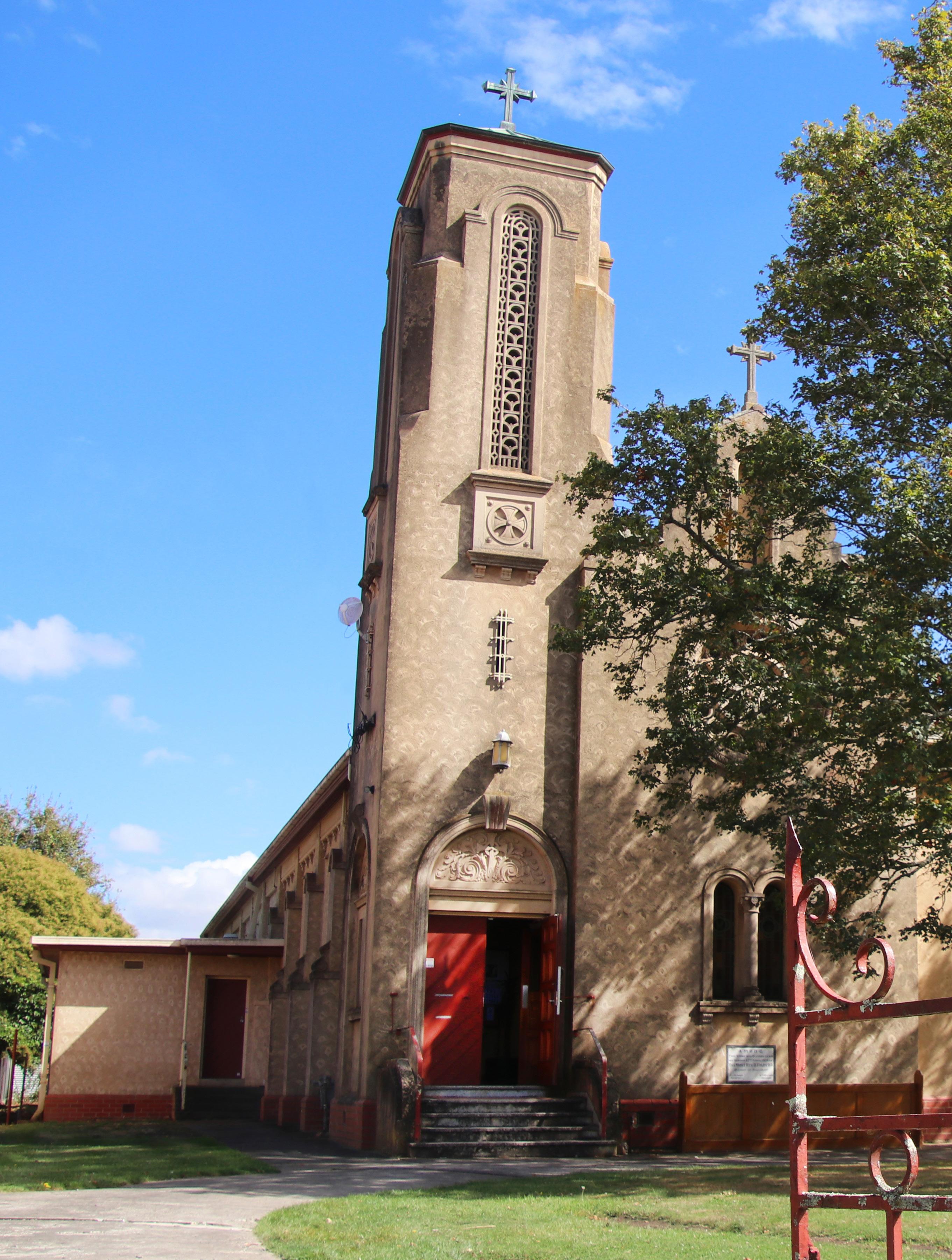
ONE OF:
• Certificate II in Active Volunteering (one year course) OR
• Certificate II in Cookery (one year course) OR
• Certificate II in Sport and Recreation (one year course)
• Or an offsite VET course listed on page 64.
ONE OF:
• VCE Unit 1 Art Making and Exhibiting* OR
• VCE Unit 1 Outdoor and Environmental Studies (Unit 1 to be completed in Year 11, Unit 2 to be completed in Year 12)
* This unit is subject to change in 2026
The VCE Vocational Major (VM) is a vocational and applied learning program within the VCE designed to be completed over a minimum of two years. The VCE-VM will give students greater choice and flexibility to pursue their strengths and interests and develop the skills and capabilities needed to succeed in further education, work and life.
It prepares students to move into apprenticeships, traineeships, further education and training, university (via non-ATAR pathways) or directly into the workforce.
The purpose of the VCE-VM is to provide students with the best opportunity to achieve their personal goals and aspirations in a rapidly changing world by:
• equipping them with the skills, knowledge, values and capabilities to be active and informed citizens, lifelong learners and confident and creative individuals; and
• empowering them to make informed decisions about the next stages of their lives through real life workplace experiences.
To be eligible to receive the VCE-VM, students must satisfactorily complete a minimum of 16 units, including: (Year 11 and Year 12)
• 3 VCE-VM Literacy or VCE English Units (including a Unit 3 and 4 sequence)
• 2 VCE-VM Numeracy or VCE Mathematics Units
• 2 VCE-VM Work Related Skills Units
• 2 VCE-VM Personal Development Skills Units, and
• 2 VET credits at Certificate II level or above (180 nominal hours)
Students must complete a minimum of three other Unit 3 and 4 sequences as part of their program. Units 3 and 4 of VM studies may be undertaken together over the duration of the academic year to enable these to be integrated.
The VCE-VM can be tailored to the needs and interests of the student, to keep them engaged while developing their skills and knowledge. Students can also include other VCE studies and VET, and can receive structured workplace learning recognition. Most students will undertake between 16-20 units over the two years.
Students will complete Unit 1 and Unit 2 in VCE-VM subjects. These subjects are as follows:
• VCE Vocational Major Literacy
• VCE Vocational Major Numeracy
• VCE Vocational Major Personal Development Skills
• VCE Vocational Major Work Related Skills
Students will also complete a Certificate III in Business as part of the compulsory core units of VCE-VM.
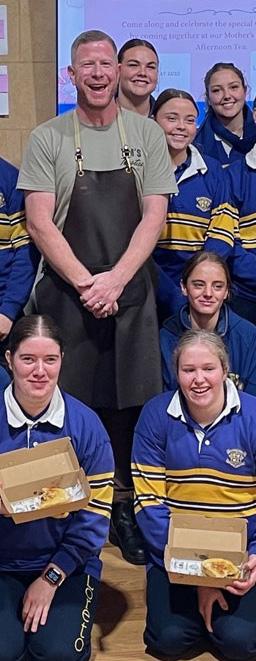
For further information on VCE Vocational Major please visit:
vcaa.vic.edu.au
VCE-VM
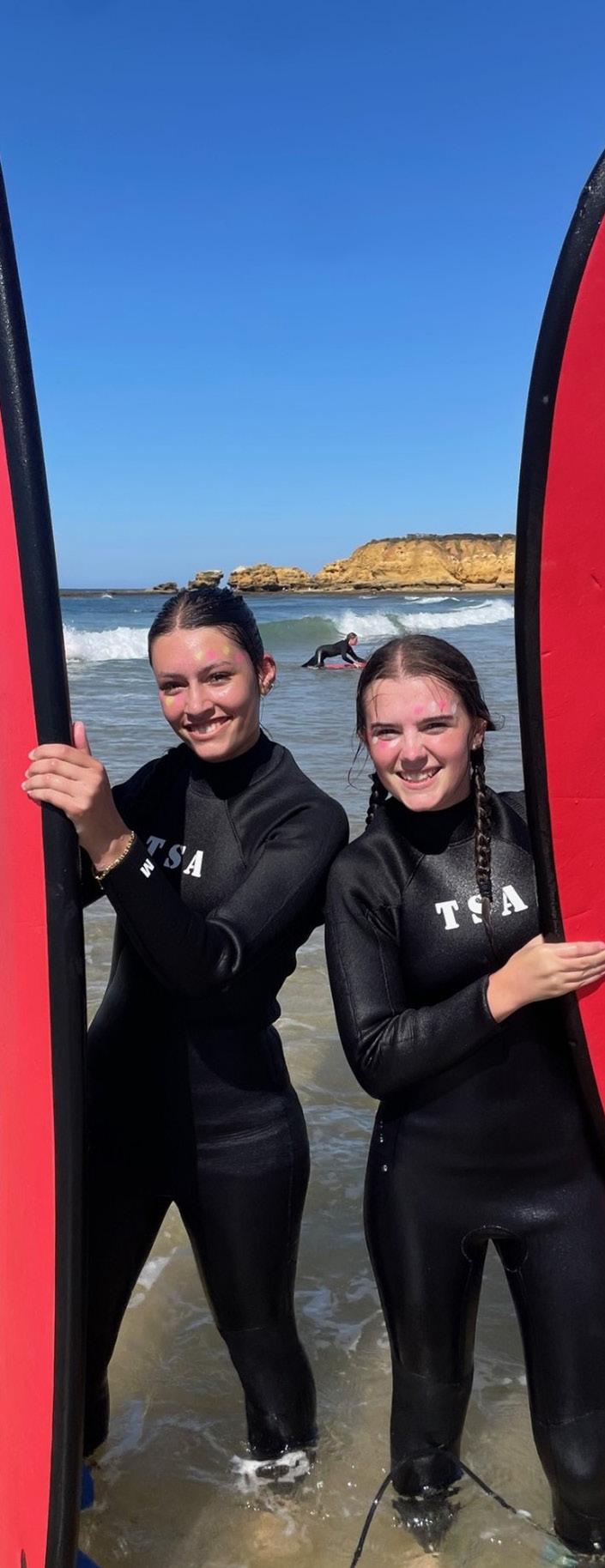
For further information on VCE Vocational Major please visit:
vcaa.vic.edu.au
VCE Vocational Major in Religious Education (curriculum is provided by the Catholic Education Office, Ballarat)
Students will have opportunities to study a Unit 1 VCE subject each year including VCE Art Making and Exhibiting and VCE Outdoor and Environmental Studies
• Students interested in applying for the VCE-VM will be required to complete an application process and attend an interview to determine if this pathway is an appropriate choice.
• External VET applicants will need to meet with the VET and VCE-VM Coordinator to help determine suitability.
Assessments are completed in class to enable teachers to authenticate students’ work. School attendance is mandatory unless a student is unwell, at work placement or attending VET/Traineeship classes. Excursions and community service are a crucial part of the VCE-VM program and attendance at these events is compulsory. Failure to attend any aspect of your VCE-VM program can result in ineligibility for the VCE-VM certificate.
VCE-VM students will have the opportunity to run a micro business which is the ‘Hunter Coffee Van’ as well as the ‘Little Flower Cafe’ which provides coffee and baked goods to staff and students. Students will have the opportunity to attend a Barista Workshop Masterclass at Johnny Aloo in Ballarat.
Structured Workplace Learning (SWL) is designed to help students apply the skills and knowledge they learn in their VET program in an industry environment. Students will complete 1x day of work placement each week, starting in mid-term 1. Students are encouraged to source their own work placement with the support of Pathways and VCE-VM staff.
VCE-VM NUMERACY UNIT 1 AND UNIT 2 (YEAR 11)
This unit provides students with the fundamental mathematical knowledge, skills, understandings and dispositions to solve problems in real contexts for a range of workplaces, personal, further learning and community settings relevant to contemporary society.
Satisfactory Completion
The award satisfactory completion for each unit is based on whether the student has demonstrated the set of outcomes specified for the unit.
All assessments for Unit 1 and 2 are school based.
VCE-VM NUMERACY UNIT 3 AND UNIT 4 (YEAR 12)
These units provide students with a broad range of mathematical knowledge, skills and understanding to solve problems in real contexts for a range of workplaces, personal, further learning and community settings relevant to contemporary society.
Satisfactory Completion
The award of satisfactory completion for each unit is based on whether the student has demonstrated the set of outcomes specified for the unit.
All assessments for Unit 3 and Unit 4 are school based.
VCE-VM LITERACY UNIT 1 AND UNIT 2 (YEAR 11)
Unit 1
• Literacy for personal use
• Understanding and creating digital texts Unit 2
• Understanding issues and voices
• Responding to opinions
Satisfactory Completion
The award of satisfactory completion for each unit is based on whether the student has demonstrated the set of outcomes specified for the unit.
All assessments for Unit 1 and 2 are school based.
VCE-VM LITERACY UNIT 3 AND UNIT 4 (YEAR 12)
Unit 3
• Accessing and understanding informational, organisational and procedural texts
• Creating and responding to organisational, informational or procedural texts Unit 4
• Understanding and engaging with literacy for advocacy
• Speaking to advise or to advocate
Satisfactory Completion
The award of satisfactory completion for each unit is based on whether the student has demonstrated the set of outcomes specified for the unit.
All assessments for Unit 3 & 4 are school based.
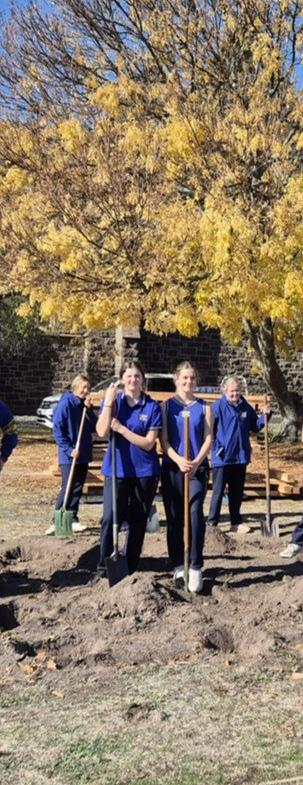
For further information on VCE Vocational Major please visit:
vcaa.vic.edu.au
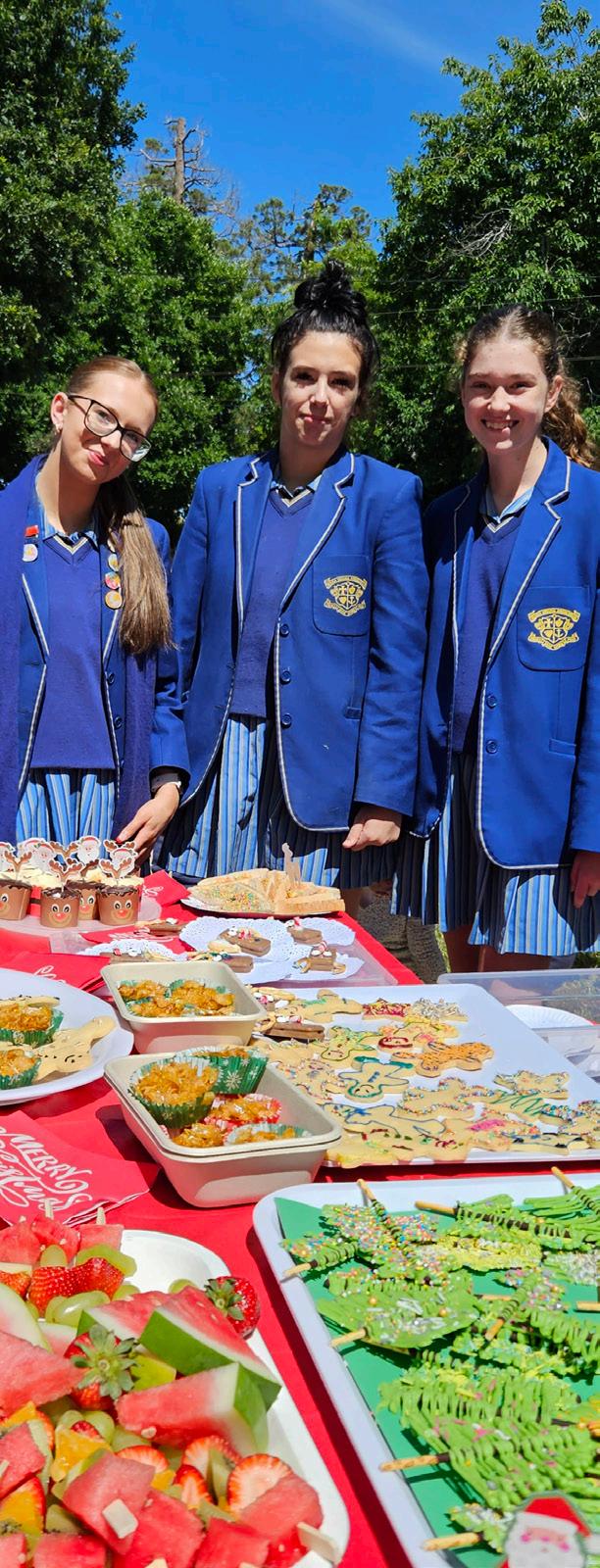
For further information on VCE Vocational Major please visit:
vcaa.vic.edu.au
VCE-VM PERSONAL DEVELOPMENT SKILLS
UNIT 1 AND UNIT 2 (YEAR 11)
Unit 1: Healthy Individuals
• Personal identity and emotional intelligence
• Community Health and wellbeing
Unit 2: Connecting with Community
• What is community?
• Community cohesion
• Engaging and supporting community
Satisfactory Completion
The award of satisfactory completion for each unit is based on whether the student has demonstrated the set of outcomes specified for the unit.
All assessments for Unit 1 and 2 are school based.
VCE-VM PERSONAL DEVELOPMENT SKILLS
UNIT 3 AND UNIT 4 (YEAR 12)
Unit 3: Leadership and Teamwork
• Social awareness and interpersonal skills
• Effective leadership
• Effective teamwork
Unit 4: Community Project
• Planning a community project
• Implementing a community project
• Evaluating a community project
Satisfactory Completion
The award of satisfactory completion for each unit is based on whether the student has demonstrated the set of outcomes specified for the unit.
All assessments for Unit 3 and 4 are school based.
Unit 1: Careers and learning for the future
• Future Careers
• Presentation of career and education goals
Unit 2: Workplace skills and capabilities
• Skills and capabilities for employment and further education
• Transferable skills and capabilities
Satisfactory Completion
The award of satisfactory completion for each unit is based on whether the student has demonstrated the set of outcomes specified for the unit.
All assessments for Unit 1 and Unit 2 are school based.
Unit 3: Industrial relations, workplace environment and practice
• Workplace wellbeing and personal accountability
• Workplace responsibilities and rights
Unit 4: Portfolio preparation and presentation
• Portfolio development
• Portfolio presentation
Portfolio presentation Satisfactory Completion
The award of satisfactory completion for each unit is based on whether the student has demonstrated the set of outcomes specified for the unit.
All assessments for Unit 3 and Unit 4 are school based.
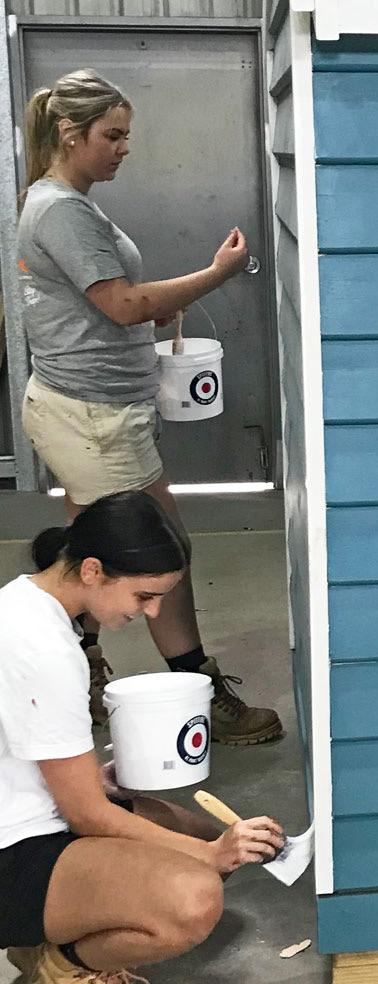
vcaa.vic.edu.au
Loreto College will also be offering VET Courses via iVET, a Registered Training Organisation (RTO) who provides partnership services to schools offering VETDSS. The courses offered at Loreto College in 2025 are:
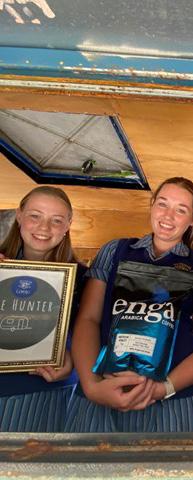
A compulsory study for Loreto VCE-VM students in 2025. This qualification reflects the varied roles of individuals across different industry sectors who apply a broad range of competencies using some discretion, judgement and relevant theoretical knowledge. Students will develop and build teamwork, interpersonal skills and organisational capabilities which can be used to further strengthen their employability skills postsecondary schooling. The importance of digital literacy in the workforce will be addressed, and students will gain a deeper understanding of its importance to their work lives.
This certificate provides students and schools with the ability to engage with their local school and wider community. The program enables learning to be provided in an environment which reflects the working circumstances of volunteers in our community under direct supervision. This program is perfect for students and schools that are looking to incorporate their existing community partnerships and further strengthen student links to the community. Students will explore the varied dimensions of volunteering, basic emergency life support-skills, communication and organisational skills to effectively equip themselves moving into the workforce post-secondary schooling.
This certificate prepares students with a limited range of food preparation and cookery skills to prepare food and menu items, preparing students for immediate employment and or further study or apprenticeships in the Hospitality industry. Includes units such as; preparing appetisers and salads, preparing stocks, soups and sauces, preparing vegetable, fruit and farinaceous dishes, work effectively in a commercial kitchen.
For further information on VCE Vocational Major please visit:
vcaa.vic.edu.au
Through the new Certificate II in Sport and Recreation, students thoroughly develop the skills and knowledge to deliver sport and recreation services. Students who complete this program develop the ability to work independently in the industry, using their judgement to effectively complete work activities. Selected units in IVET’s Certificate III program cover various key areas within the industry, including recreation session delivery, coaching, technology, officiating, and working with diverse people. The skills and knowledge developed by completing these units provide students with a strong foundation for whichever direction they take in the industry.
Those students who have an interest in a career pathway that requires them to complete a specific VET Course will be able to apply for these courses by contacting the VET Coordinator, Ms Jodie Howlett. See page 64 for a list of VET courses available.
Structured Workplace Learning is a mandatory part of Loreto’s VCE-VM program and is undertaken on Fridays.
VCE Art Making and Exhibiting introduces students to the methods used to make artworks and how artworks are presented and exhibited. Students use inquiry learning to explore, develop and refine the use of materials, techniques and processes and to develop their knowledge and understanding of the ways artworks are made. They learn how art elements and art principles are used to create aesthetic qualities in artworks and how ideas are communicated through the use of visual language. Visiting and viewing exhibitions and displays of artwork is a necessary part of this study. It helps students understand how artworks are displayed and exhibitions are curated. It also has an influence on the students’ own practice, and encourages them to broaden and develop their own ideas and thinking around their own art making.
Unit 1: Explore, expand and investigate.
All assessments are school based.
For this unit students are required to demonstrate three outcomes
• Explore – materials, techniques and art forms
• Expand – make, present and reflect
• Investigate – research and present
* This unit is subject to change in 2026
Outdoor and Environmental Studies is about understanding different types of environments and developing ‘relationships’ with them through having experiences in the outdoors. This subject is for students who lean towards learning through actively engaging in practical activities.
Ultimately, this subject is about individuals’ and society’s relationships with the environment in the past, present and future. Practical activities are designed to give students a deeper understanding of these relationships through experience. Practical activities may include things that you would expect such as: bushwalking, rockclimbing, canoeing, surfing, etc. but may also include activities such as conservation work and farming.
Unit 1: Connections with Outdoor Environments.
All assessments are school based.
For this unit students are required to demonstrate three outcomes
• Our place in outdoor environments
• Exploring outdoor environments
• Safe and sustainable participation in outdoor experiences
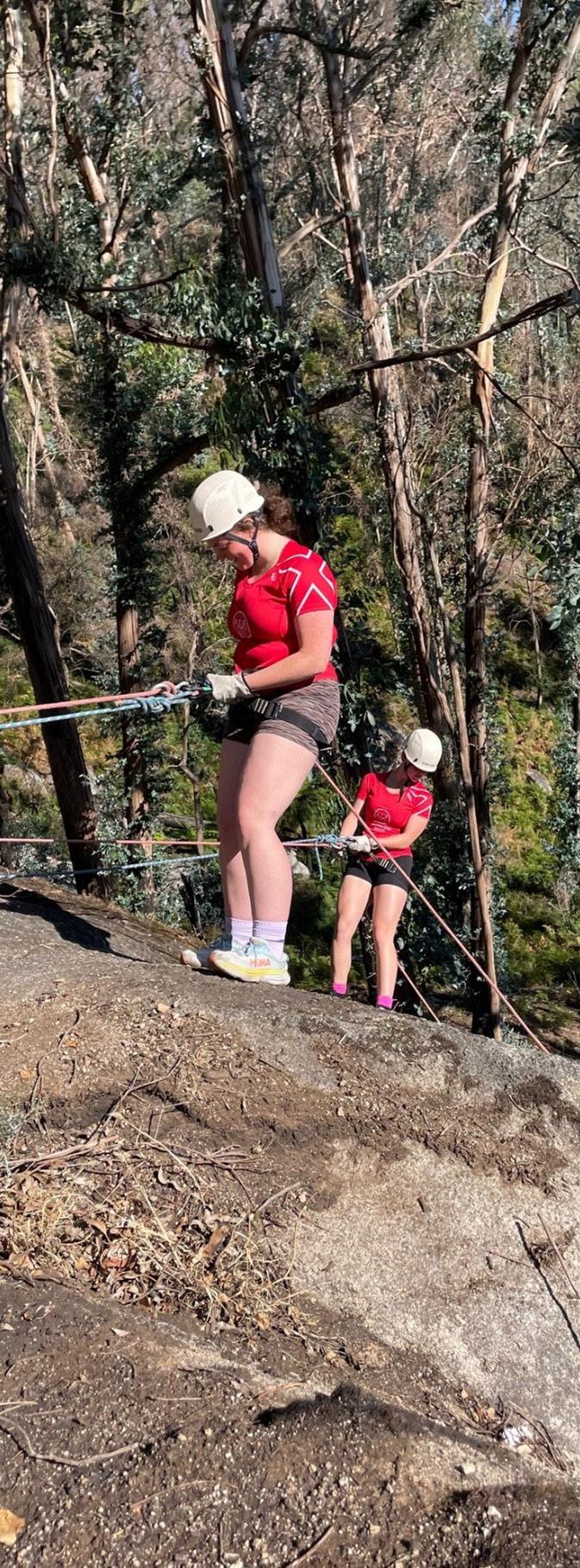
For further information on VCE Vocational Major please visit:
vcaa.vic.edu.au
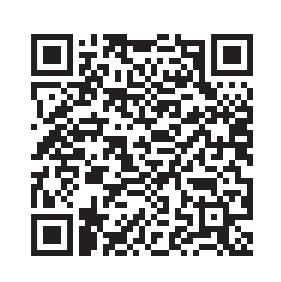
VET SUBJECTS OFFERED BY THE HIGHLANDS LLEN VET CLUSTER* (may vary):
CERTIFICATE II IN AGRICULTURE
CERTIFICATE III IN ALLIED HEALTH ASSISTANCE (PARTIAL)
CERTIFICATE II IN ANIMAL CARE
CERTIFICATE II IN APPAREL, FASHION AND TEXTILES
CERTIFICATE II IN AUTOMOTIVE VOCATIONAL PREPARATION
CERTIFICATE III IN AVIATION (REMOTE PILOT)
CERTIFICATE II IN BUILDING & CONSTRUCTION (CARPENTRY)
CERTIFICATE II IN CONSTRUCTION PATHWAYS
CERTIFICATE III IN COMMUNITY SERVICES
CERTIFICATE II IN CREATIVE INDUSTRIES (PARTIAL)
CERTIFICATE II & III (PARTIAL) IN DANCE
CERTIFICATE III IN EARLY CHILDHOOD EDUCATION & CARE
CERTIFICATE II IN ELECTROTECHNOLOGY
CERTIFICATE II IN ENGINEERING STUDIES
CERTIFICATE III IN EQUINE STUDIES
CERTIFICATE II IN FURNITURE MAKING PATHWAYS
CERTIFICATE II IN HEALTH SUPPORT SERVICES
CERTIFICATE II IN HORTICULTURE (PARTIAL)
CERTIFICATE II IN HOSPITALITY
CERTIFICATE III IN INDIVIDUAL SUPPORT (PARTIAL)
CERTIFICATE III IN INFORMATION TECHNOLOGY
CERTIFICATE III MUSIC (PERFORMANCE &/OR SOUND PRODUCTION)
CERTIFICATE II IN PLUMBING
CERTIFICATE II IN RAIL FUNDAMENTALS (PRE-VOCATIONAL)
CERTIFICATE II IN RACING INDUSTRY (PARTIAL)
CERTIFICATE II IN RETAIL COSMETICS &/OR SALON ASSISTANT
CERTIFICATE III IN SCREEN AND MEDIA
VET SUBJECTS OFFERED BY OTHER EXTERNAL PROVIDERS*:
CERTIFICATE III IN DESIGN FUNDAMENTALS (Fashion, Interiors or Creative Direction & Styling) –Whitehouse Institute of Design (Melbourne)
CERTIFICATE II IN COOKERY – William Angliss Institute (Melbourne)
CERTIFICATE III IN MAKE-UP – Elly Lukas Beauty Therapy College (Melbourne)
*Please note that there may be associated fees for Highlands LLEN and other external VET coursesplease contact the Careers Team, Jodie Howlett or Michelle Shanon for further information.
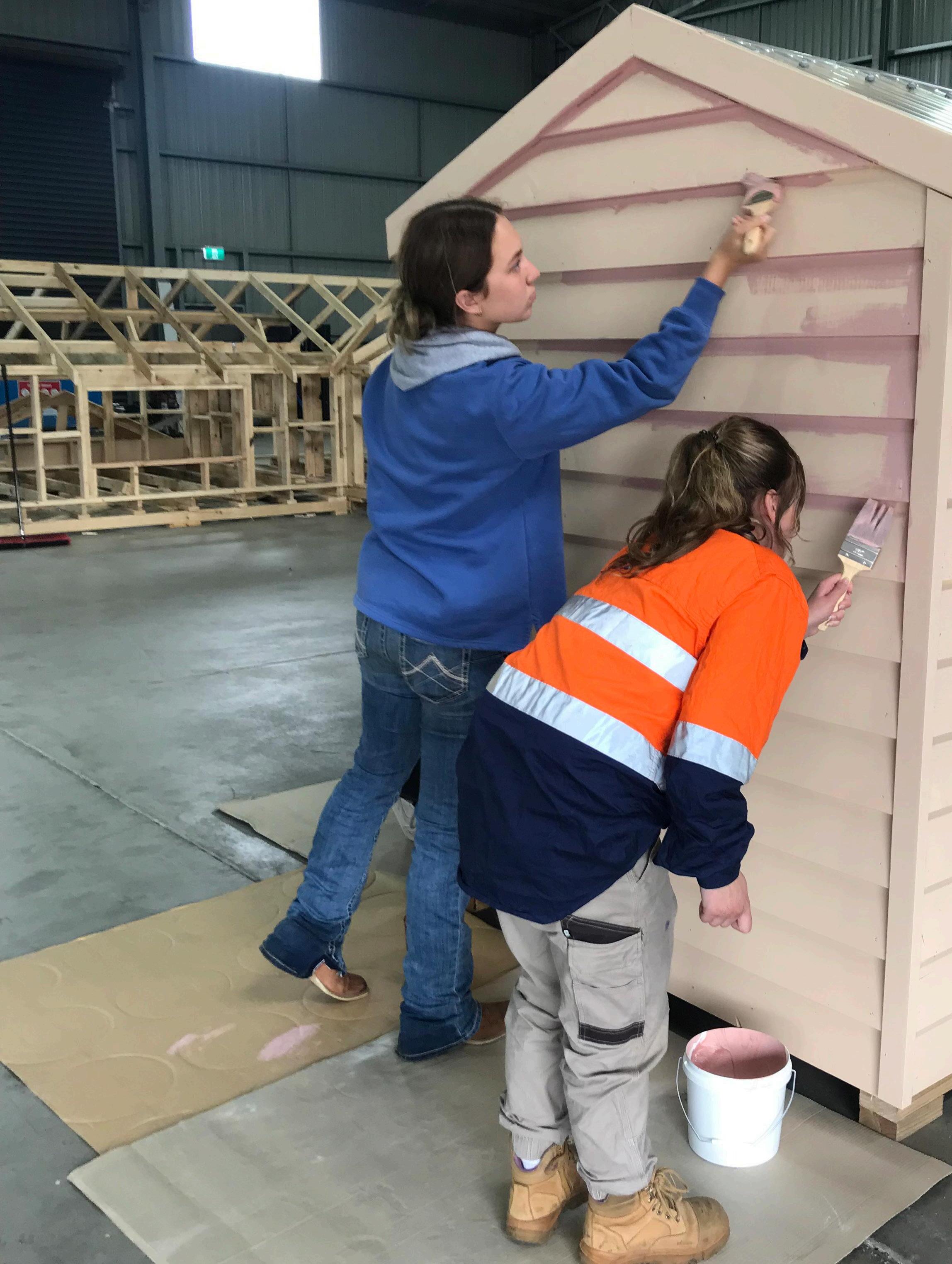
As part of the Victorian Certificate of Education (VCE) or Victorian Certificate of Education Vocational Major (VCE VM) students can gain an additional qualification by selecting to study a Vocational Education and Training (VET) course.
Studying a VET qualification will develop students’ skills and give them exposure to industry and experience in the workplace, prior to completing secondary school. This can lead to many beneficial training and employment outcomes.
VET is a mix of practical and theory assessments that are targeted to industry and the workplace, complimenting VCE or VCE-VM.
VET programs are Certificates II or III. They are a great entry-level qualification and can be built upon afterwards by completing a Certificate IV, Diploma or Degree. This enables students to gradually gain the skills needed to reach these levels or provides an alternate pathway into university for students who have not obtained an ATAR.
VETDSS courses contribute to both VCE and VCE-VM programs and some VETDSS courses may also contribute to the Australian Tertiary Admission Rank (ATAR). VETDSS programs are open to Year 10, 11 and 12 students.
For more information about the range of VETDSS programs offered by the Highlands LLEN, go to https://www.highlandsllen.org/vet-cluster/
There is an additional fee involved in undertaking a VET course and you may need to pay for additional materials specific to your course. You may also be required to attend an interview. This will be an excellent experience for giving you an idea of what the application and interview process is like before you have to do it during your working life.
Students who are successful in their VET applications are:
• Self-motivated
• Well-organised
• Responsible
• Able
• Hard-working
VET courses in the Highlands LLEN VET Cluster generally run on a Tuesday or Thursday afternoon from 1:45 PM – 5:00 PM. It is the student’s responsibility to make their own way to and from VET classes - there is no Loreto College bus provided. VET courses offered by other external partners may run on different days and incur tuition fees. Please speak with the Careers Team – Jodie Howlett or Michelle Shannon – careers@loreto.vic.edu.au for more information on VET options.
PLEASE NOTE: Students are required to attend ALL classes (even on Athletics and Swimming Carnival Days, GB Day etc). If examinations clash with VET classes, the examination needs to be rescheduled and VET class attended.
Families share the cost of these programs with Loreto College (50% each). If the student fails to successfully complete all Units of Competency or withdraws after the Census date, the family will need to reimburse the school for the full cost of the course.
Students interested in applying for a VET program must meet with Jodie Howlett (Careers and VET Coordinator) to discuss the process.
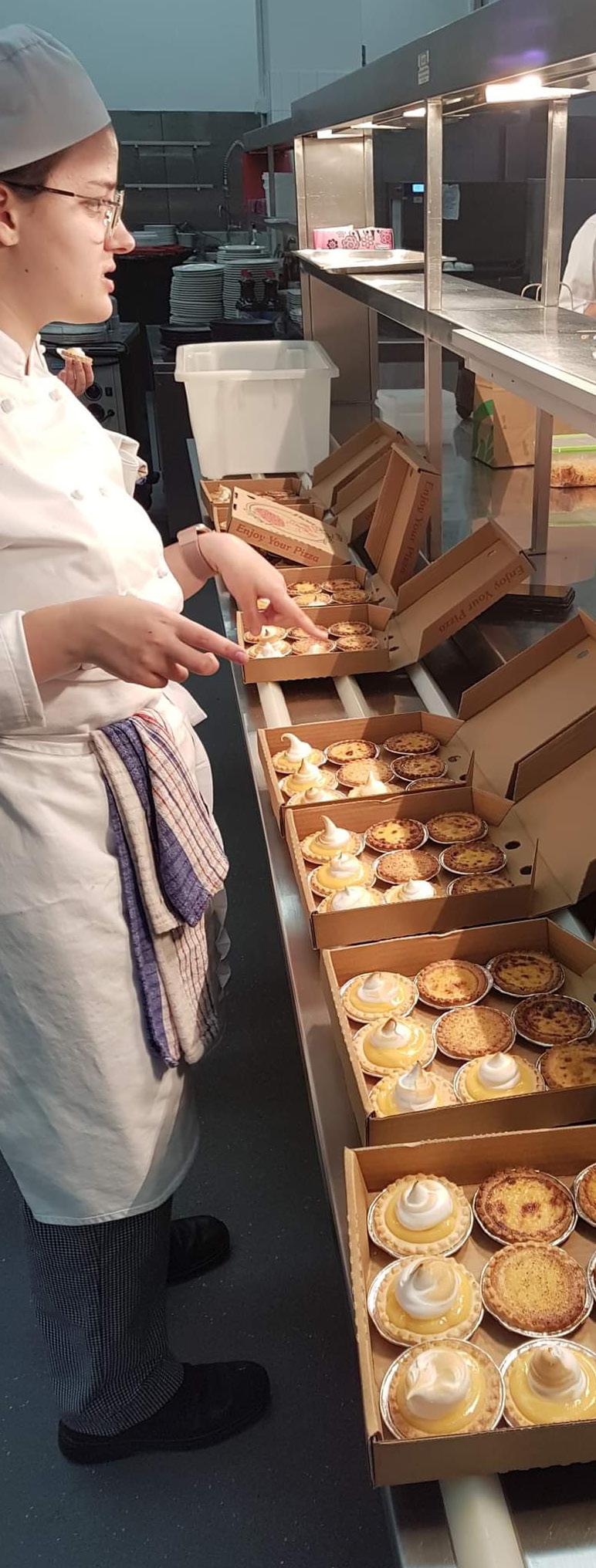
For more information about VET studies please visit:
www.vcaa.vic.edu.au
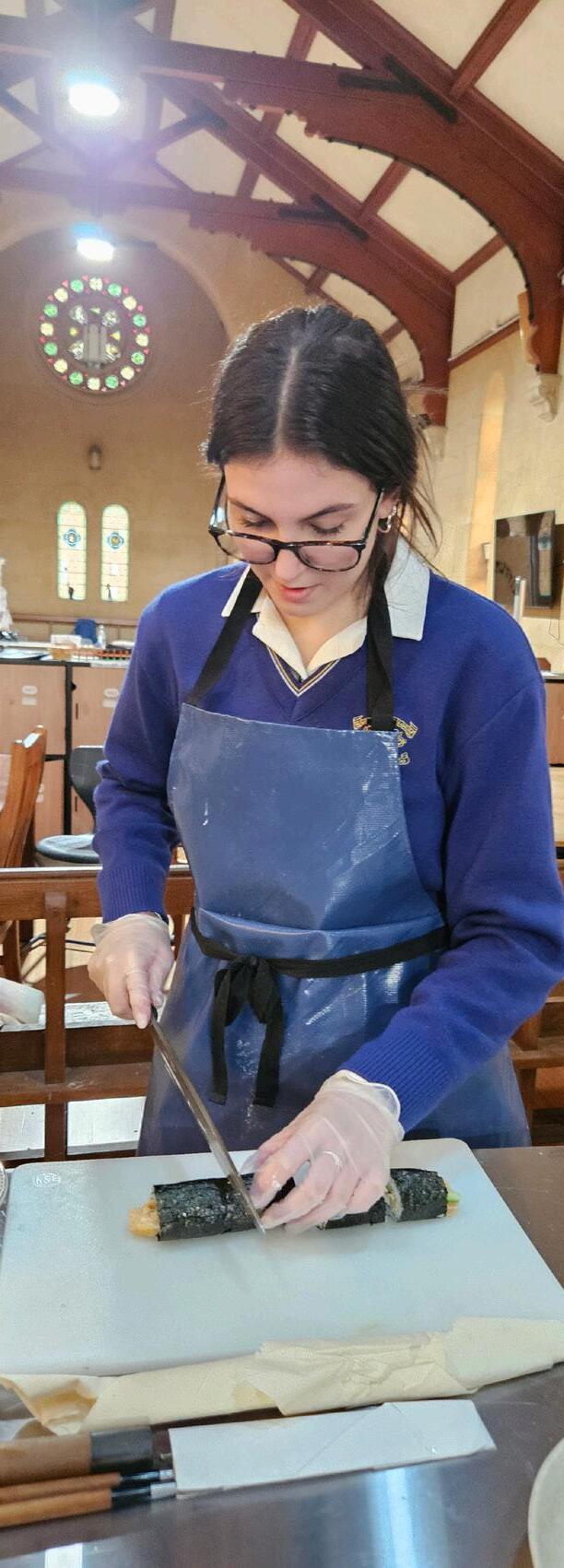
For more information about VET studies please visit:
www.vcaa.vic.edu.au
• What am I passionate about?
• What are my strengths?
• What career will allow me to follow my passion and enhance my strengths?
• What job opportunities will there be in the future?
• What qualification will set me on a pathway to get the job I want?
• Will a VETDSS course work with my VCE or VCE-VM program?
To find out more, speak with the Careers Team – Jodie Howlett and Michelle Shannon. The office is located in the Library and Careers appointments can be booked via the link in SIMON Daily Messages.
This qualification introduces students to social media campaign management and content creation for the fast-growing social media sector.
Students learn how to provide creative solutions and strengthen their technical skills such as website development, visual design and 2D digital animation whilst following the creative design process.
Students learn a broad range of skills and knowledge to pursue a career or further training in the screen and media industry in areas such as film and television production, animation, photography, radio broadcasting and content creation. This VET subject is available at the Loreto College Ballarat campus.
You learn from the following subjects (Units of Competency):
• Apply work health and safety practices CUAWHS312
• Apply critical thinking skills in a team environment BSBCRT311
• Work effectively in the creative arts industry CUAIND311
• Develop drawing skills to communicate ideas CUAACD201
• Maintain interactive content CUADIG211
• Follow a design process BSBDES201
• Write content for a range of media CUAWRT301
• Author interactive sequences CUADIG312
• Explore and apply the creative design process to 2D forms CUADES302
• Create visual design components CUADIG304
• Create 2D digital animations CUAANM301
What are some of the career opportunities from studying Certificate III in Screen and Media?
• Editing Assistant
• Content Creator
• Assistant Sound Technician
• Assistant Audio Visual Technician
• Assistant Radio Producer
• Podcast Producer
• Community Radio Producer
• Community Radio Presenter
• Junior Animator
• Camera Assistant
• Technical Production Assistant.
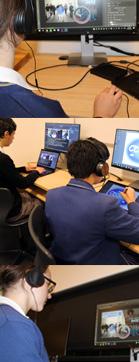
For more information about VET studies please visit: www.vcaa.vic.edu.au
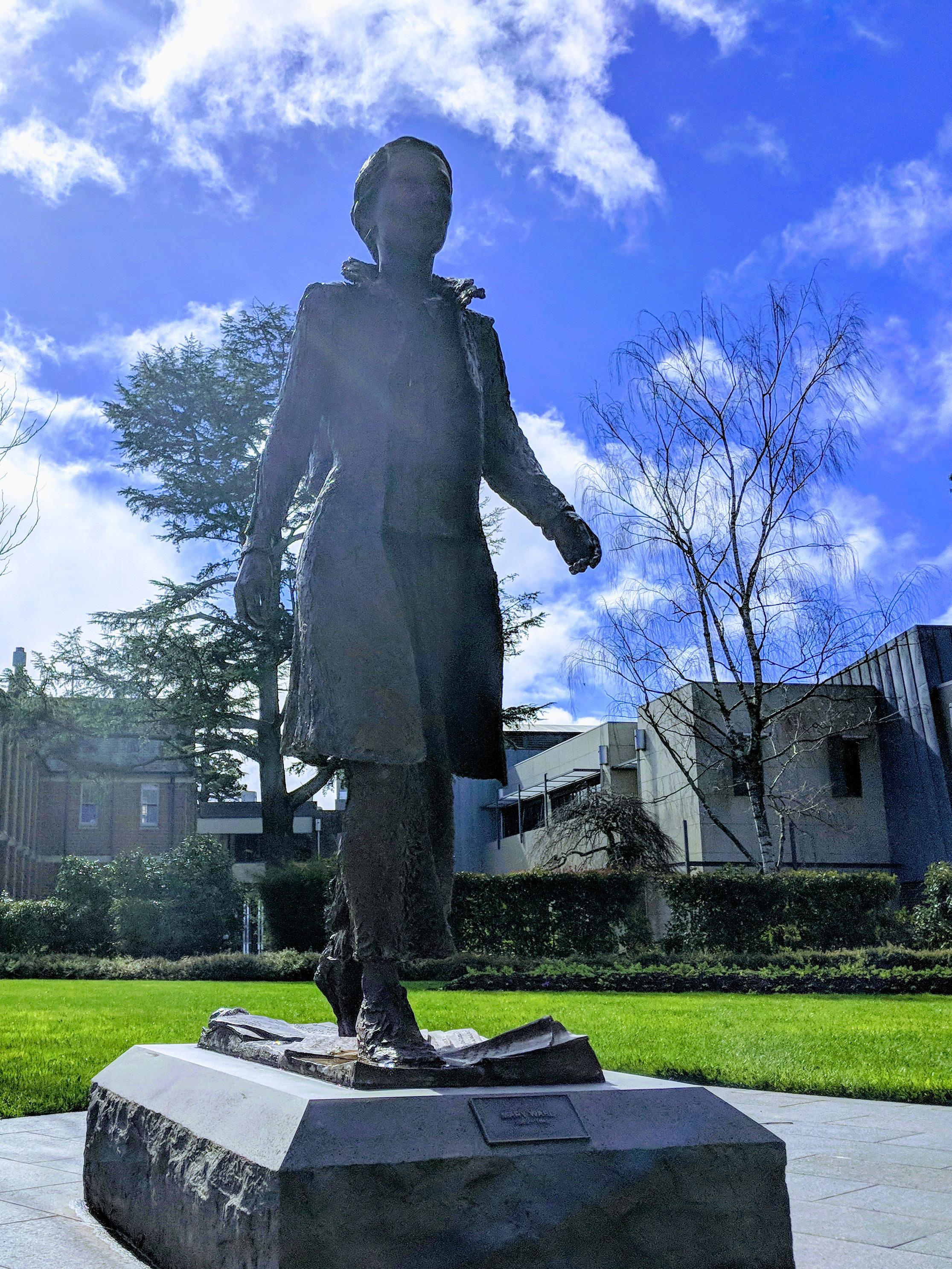
You have access to many people who can assist you in making the decision about pathways and subjects, including your current and specific subject teachers, Faculty Leaders and the Careers Team. At Year 10, both the Morrisby Report and the senior member of staff assigned to your class as a mentor, will be of great assistance to you. All students will receive an email from Ms Sofis providing a link to enter your subject preferences by Week 3 of Term 3.
Students entering Year 11 VCE need to list 16 units for study (one as an alternative). Students entering Year 12 VCE need to list an English study plus five other Units 3 & 4 sequences (one as an alternative).
The reporting of student achievement includes this regular information available to parents on the PAM as well as formal feedback to parents through:
• Three cycles of formal written reports each semester in Week 6, Week 12 and at the end of semester
• Parent Teacher Student Interviews Term 1 and Term 3
In each report cycle teachers will provide information about the student’s Approach to Learning, and Academic Progress.
In Week 6, subjects which have 9 or 7 periods per fortnight will report on progress to date.
In Week 12, all subjects will report on student progress to date.
End of Semester reports will provide information about the student’s Approach to Learning plus a summary of achievement on Assessment Tasks and Exams.
The VCAA provides a comprehensive statement of student achievement over Years 11 and 12. Information about students will be reported mainly by means of a statement of results issued to students at the end of each calendar year. Students successfully completing a VCE VM level certificate at the conclusion of a Year 11 program will also receive a VCE VM Certificate for their level. VTAC also provides students with an ATAR at the end of their VCE.
Achievement in all VCE units will be reported on the statement of results as an S (Satisfactory) or N (Not Satisfactory), based on achievement of the unit outcomes. VCE VM subjects are not graded but recorded as Competent or Not Yet Competent in achieving outcomes.

For more information on VCE, VCE VM and VET as well as ATAR and course guidelines, please visit www.vcaa.vic.edu.au

The ATAR (Australian Tertiary Admission Rank) is a ranking which allows the comparison of students who have completed different combinations of subjects in VCE.
The ATAR is calculated for individual students by the Victorian Tertiary Admission Centre (VTAC) and is worked out from the student’s study scores for Units 3 & 4 studies (note that VCE VM units do not contribute to the ATAR).
The ATAR is calculated for students who satisfactorily complete their VCE. It is the main way of deciding to which tertiary courses individual students may be offered entry.
VTAC uses VCE results given to them by the Victorian Curriculum and Assessment Authority (VCAA) to calculate the ATAR.
The ATAR is not a score – it is a rank which shows a student’s achievements in relation to other students. It is developed from a total produced by adding:
• The ATAR scaled study score in English, English Language, Literature or ESL
• The next best three subject scores permissible
• When 6 subjects are completed - 10% of the fifth and sixth permissible ATAR subject scores that are available.
We encourage students to choose their studies based on the following educational grounds:
• What they enjoy
• What they are good at
• What they need – given their intended future goals, studies or career.
Publications you may need to consult include:
• The Good Universities Guide
• VTAC Course Search
Access these from https://www.loretoballaratcareers.com/
For more information on VCE, VCE VM and VET as well as ATAR and course guidelines, please visit www.vcaa.vic.edu.au
The education of students at Loreto is a partnership between the College and parents who work together to support each student in the achievement of their goals.
The College facilitates this partnership through provision of information sessions for students and parents including:
• Subject Selection Evening or Online sessions (throughout COVID periods) for Year 10 and for Year 11 students and VCE Parent Partnership sessions at the beginning of the year
• Direct contact from Mentor Teacher/ Teachers when needed
• Parent/Teacher/Student Interviews in Term 1 and Term 3 (Units 3 & 4)
• Through the use of the online portal Parent Access Module (PAM) from which parents can gather regular up-to-date information about their daughter’s academic progress including:
- Home study and Assessment tasks for each subject, and the due dates for these
- Completion of home study
- Assessment Task results including grades and comments (where applicable)
- Student behaviour incidents
Parents are provided with a username and password for PAM, which is accessed via the College webpage.
• General communications and information via:
- The Loreto App
- College e-News – twice per term (Week 2 and Week 8)
- Social Media – Facebook, Instagram and Linked In
- Direct email
- College website
Visit https://pam.loreto.vic.edu.au
Login using your allocated Username and Password.
Alternatively download the Loreto College Ballarat App on your Phone or Tablet. Login to view all notifications and access PAM via the Links tab in the app.
Please email the Loreto College ICT Help Desk if you need any further assistance including login details and passwords: helpdesk@loreto.vic.edu.au
